
- Published on
- Reading time
- 24 min read
Experiencing a Traditional Chinese Wedding
Intro
First off, congratulations to my brother-in-law and his lovely bride! In 2024, my wife and I returned to China. This time, we visited on happier tidings to attend my wife's older brother's wedding. Scheduled for the 2nd of November, we arrived a week early to travel a bit and help the family prepare. For the bulk of this post, I'll focus on exploring the fascinating Chinese wedding traditions, but I plan to throw in a bit about our travels to Shanghai, Macau, and Hong Kong.
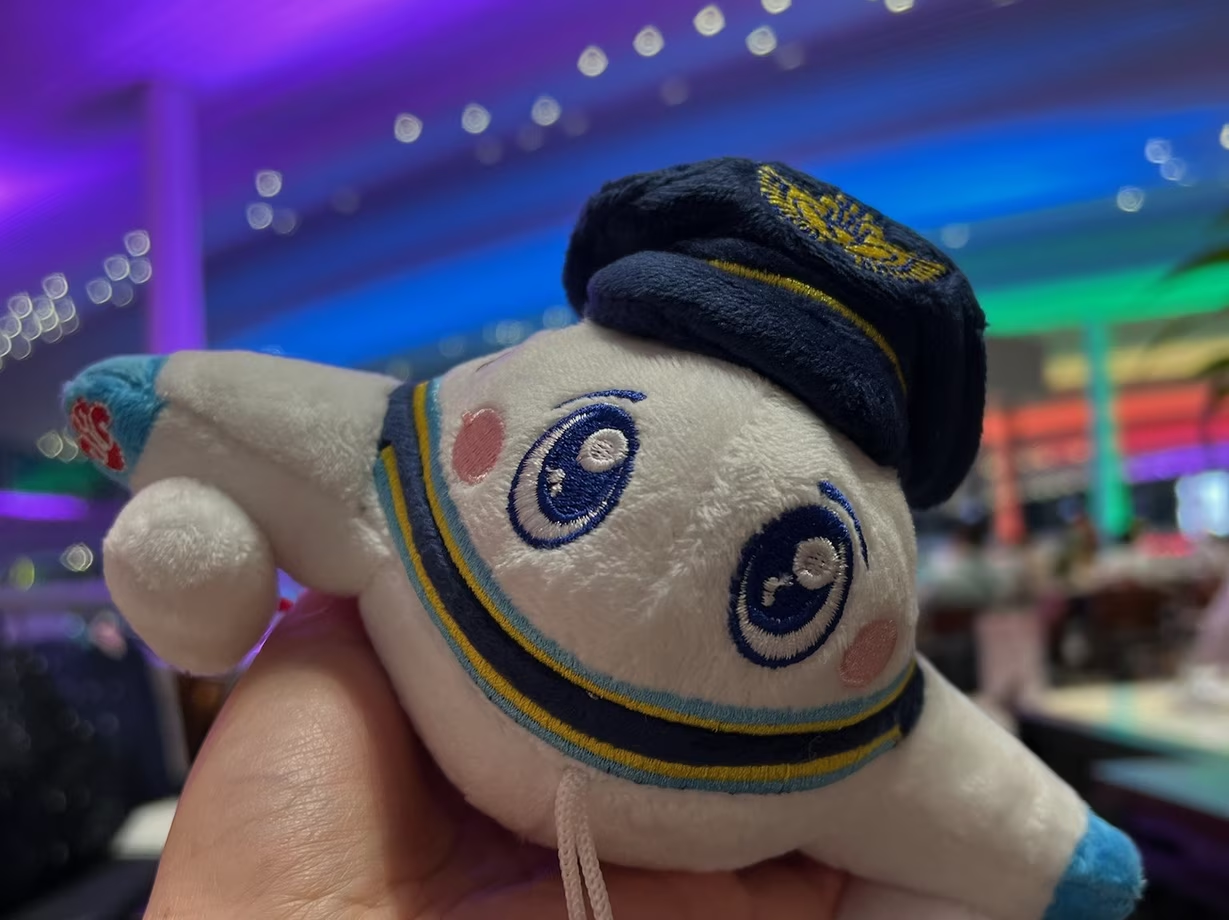
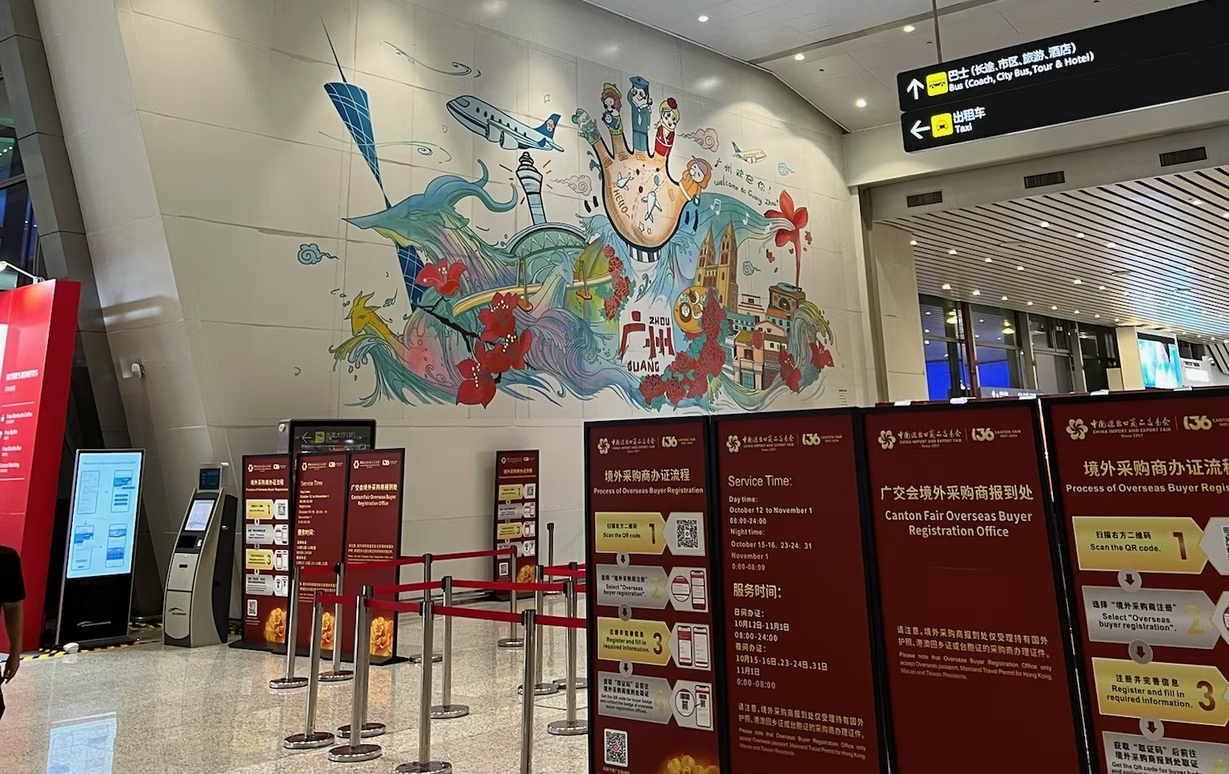
Sections
- Starting things off in Shanghai
- Back in Qingyuan
- The Opening Dinner
- 安床 (ān chuáng) - Midnight fertility traditions
- 接新娘 (jiē xīn niáng) - Receiving the bride
- Wedding Night
- Post-wedding travels through the Pearl River Delta
- Tang Dynasty Dress (唐装) Photos in Guangzhou
- Wrapping up
Starting things off in Shanghai
We visited Shanghai for four nights during the last week of October. On arrival, I took my first-ever maglev train from the airport into the city — an expectedly smooth ride, given that we were floating! It has the potential to travel somewhere around 250mph, but because the track is short, only about 20 miles long, it caps out around 180mph.
We stayed in the Bund, with a scenic view of the city skyline across the Huangpu River. One night, we went to the 118th-floor observation deck of Shanghai Tower, the second-tallest skyscraper in the world. The forced perspective of the nearby towers was dizzying as we circled the edge of the observation deck. It wraps all the way around the building, and there is a gift shop, small restaurant, and another paid attraction to view further ascend to the tower's 1000 ton damper up on the 126th floor. There aren't any windows up there, but there is some sort of light show.
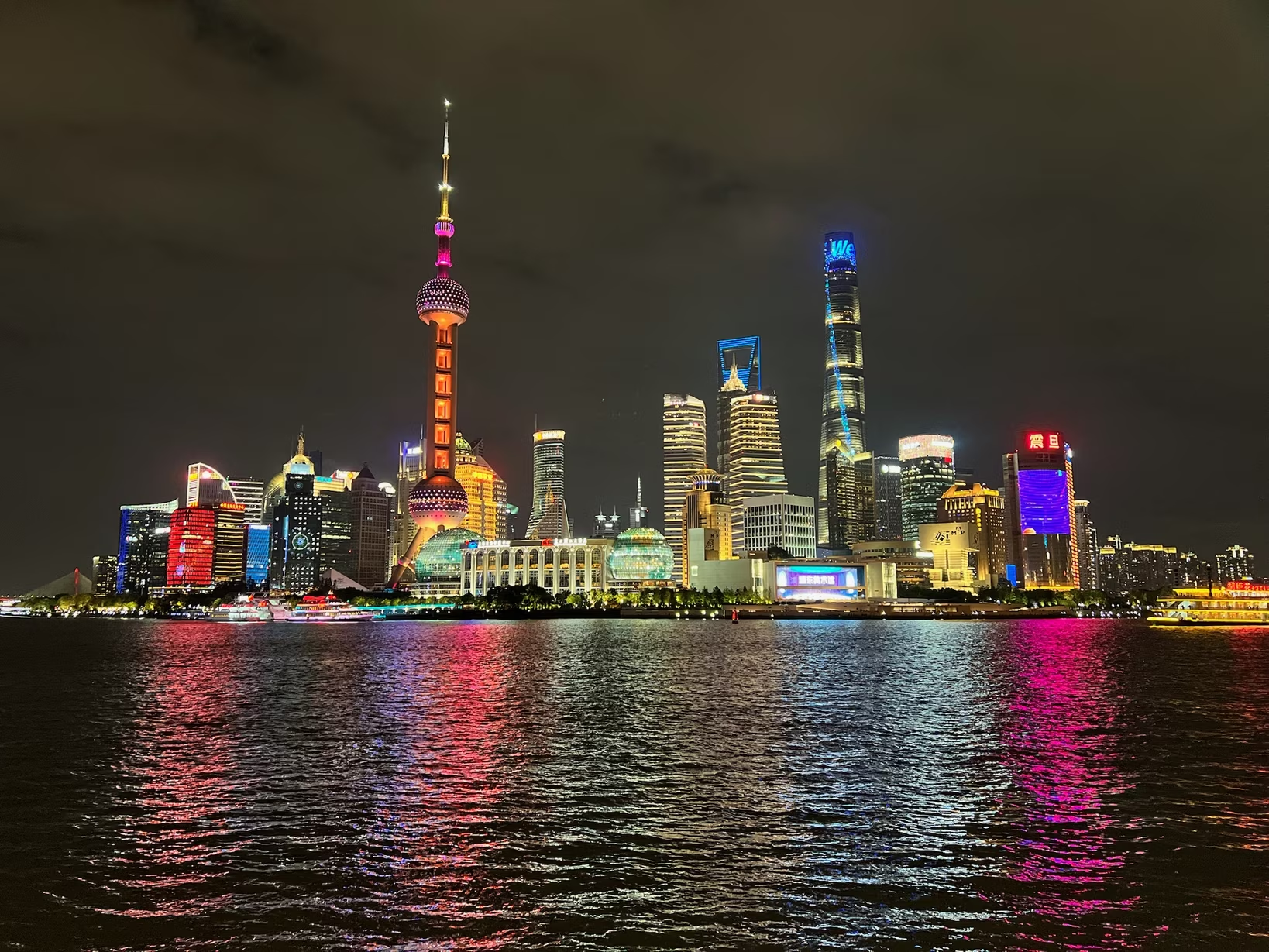
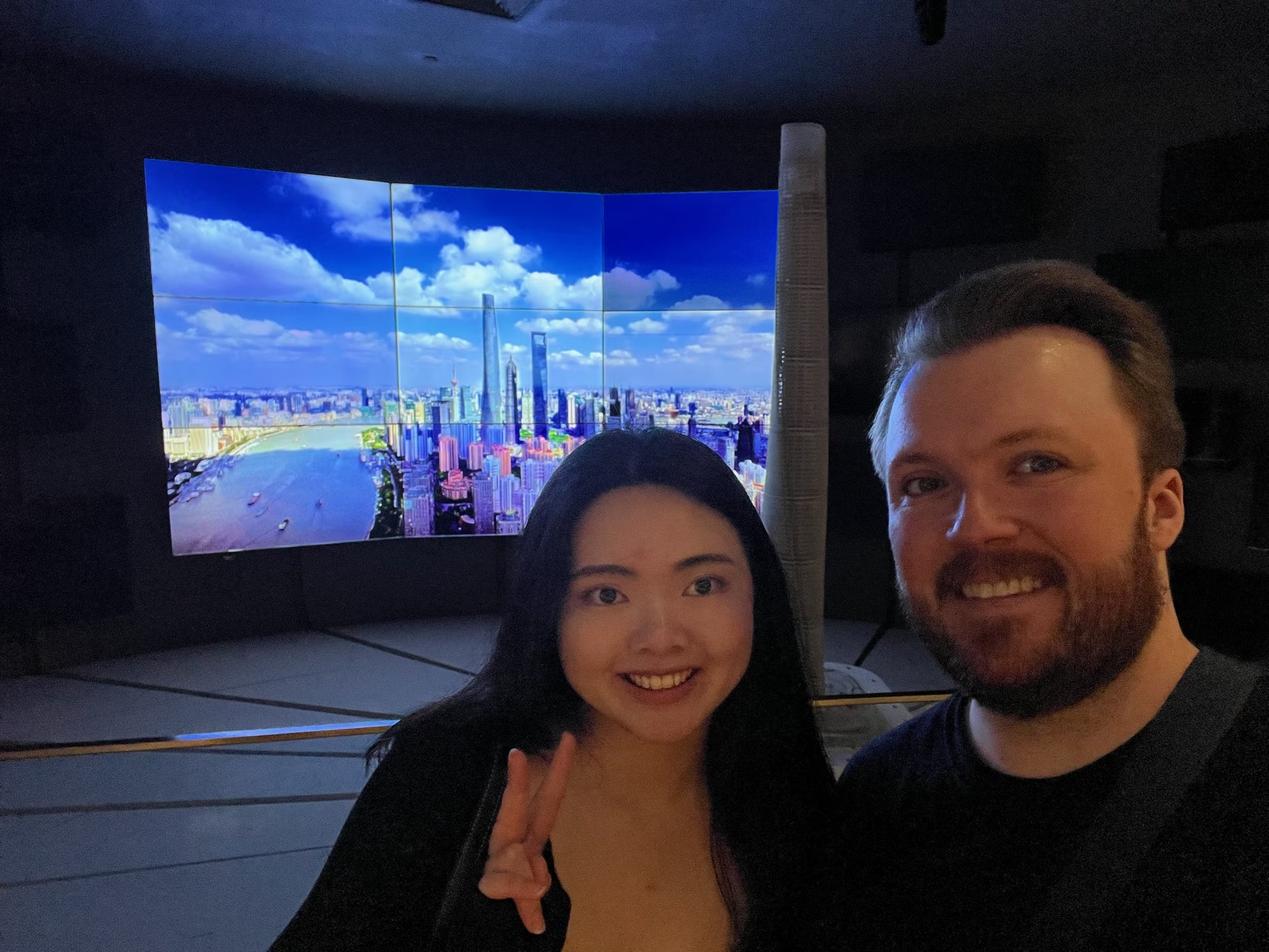
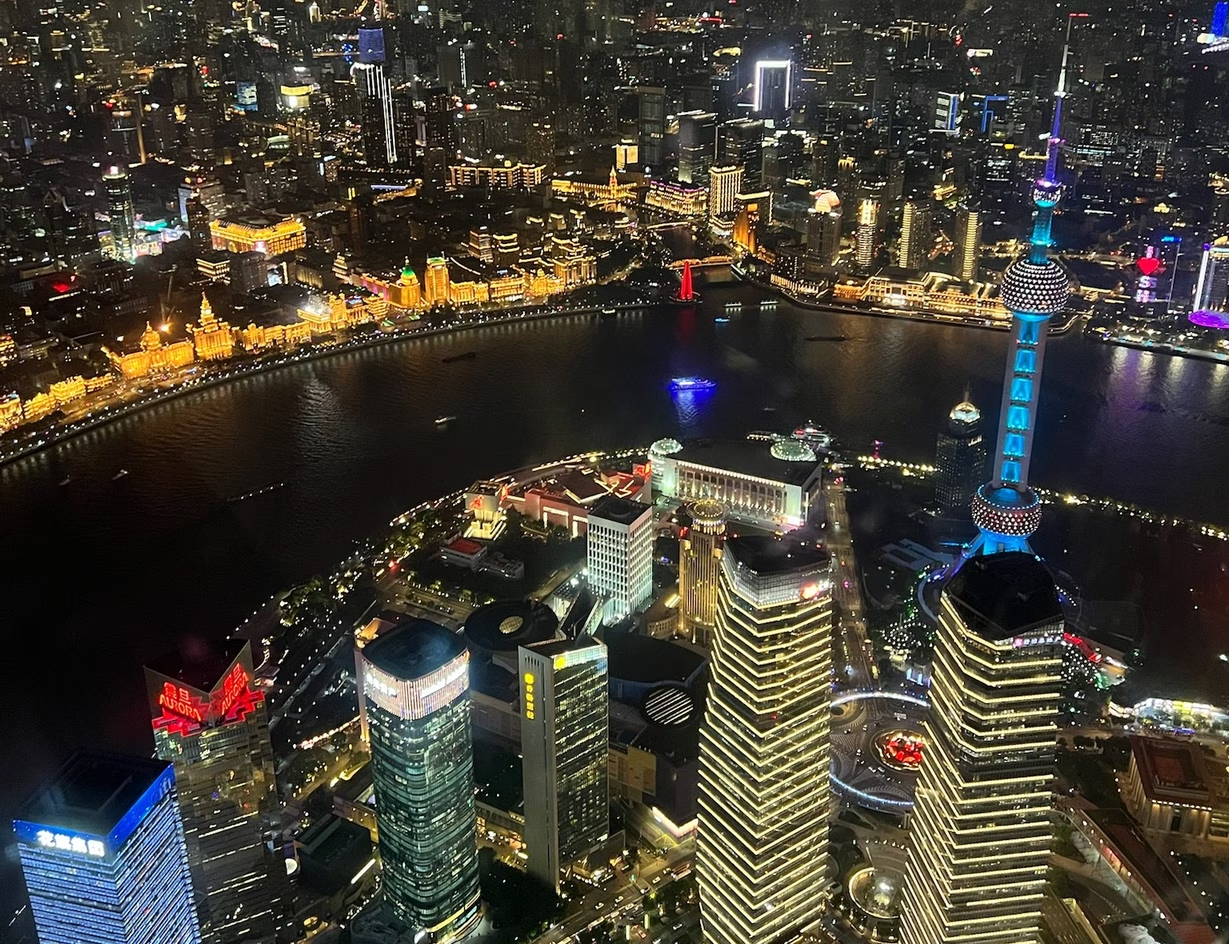

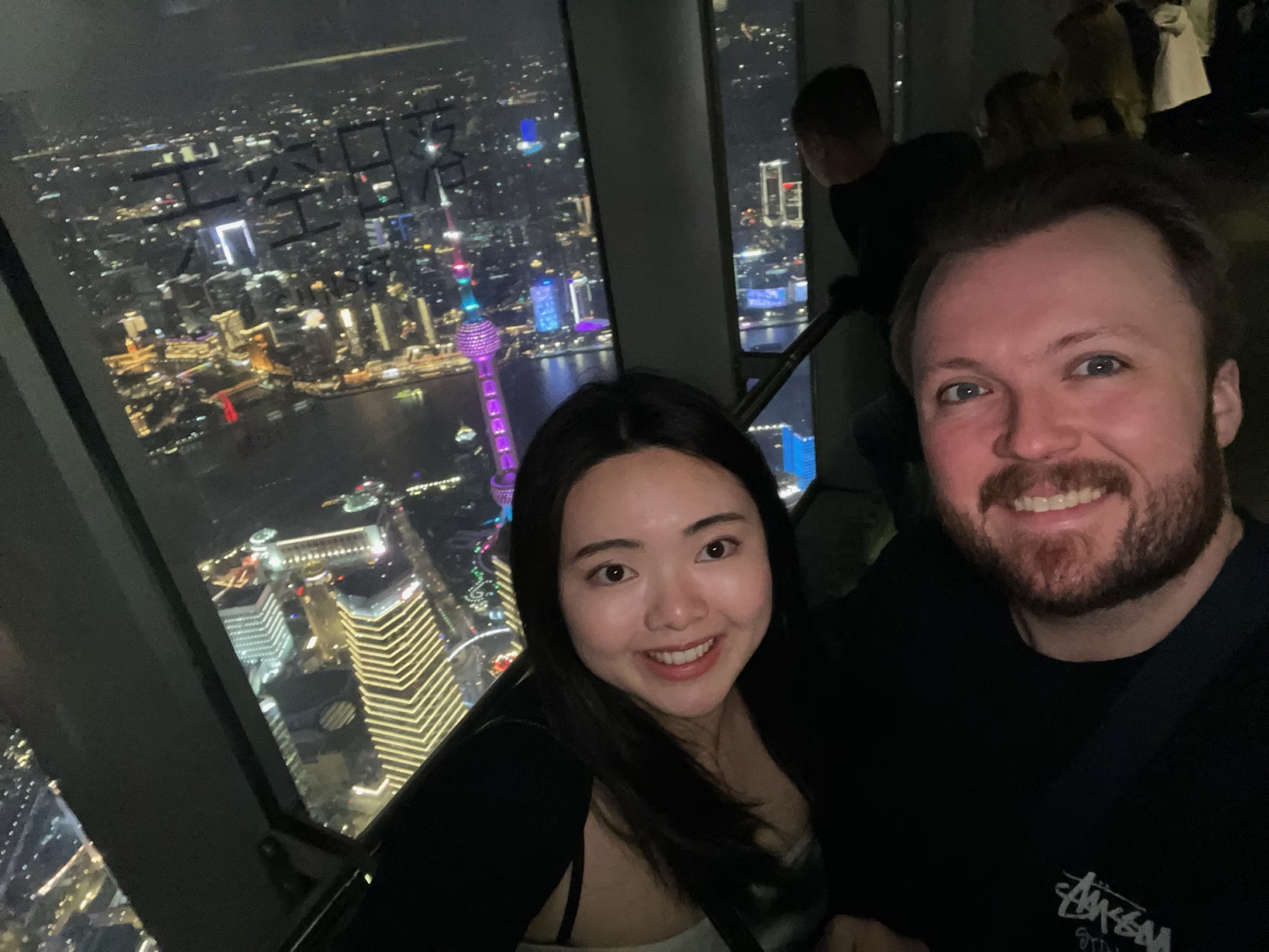
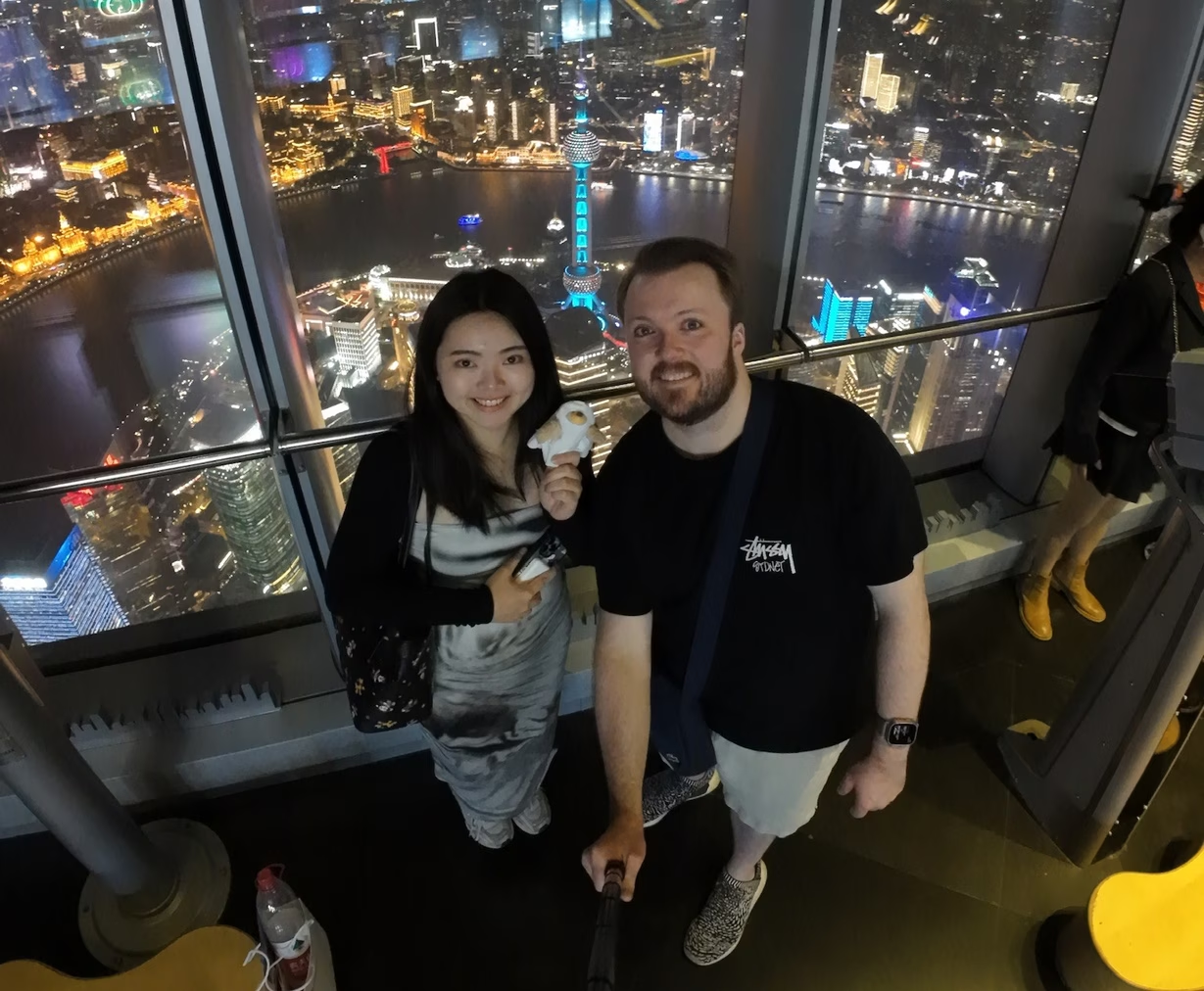
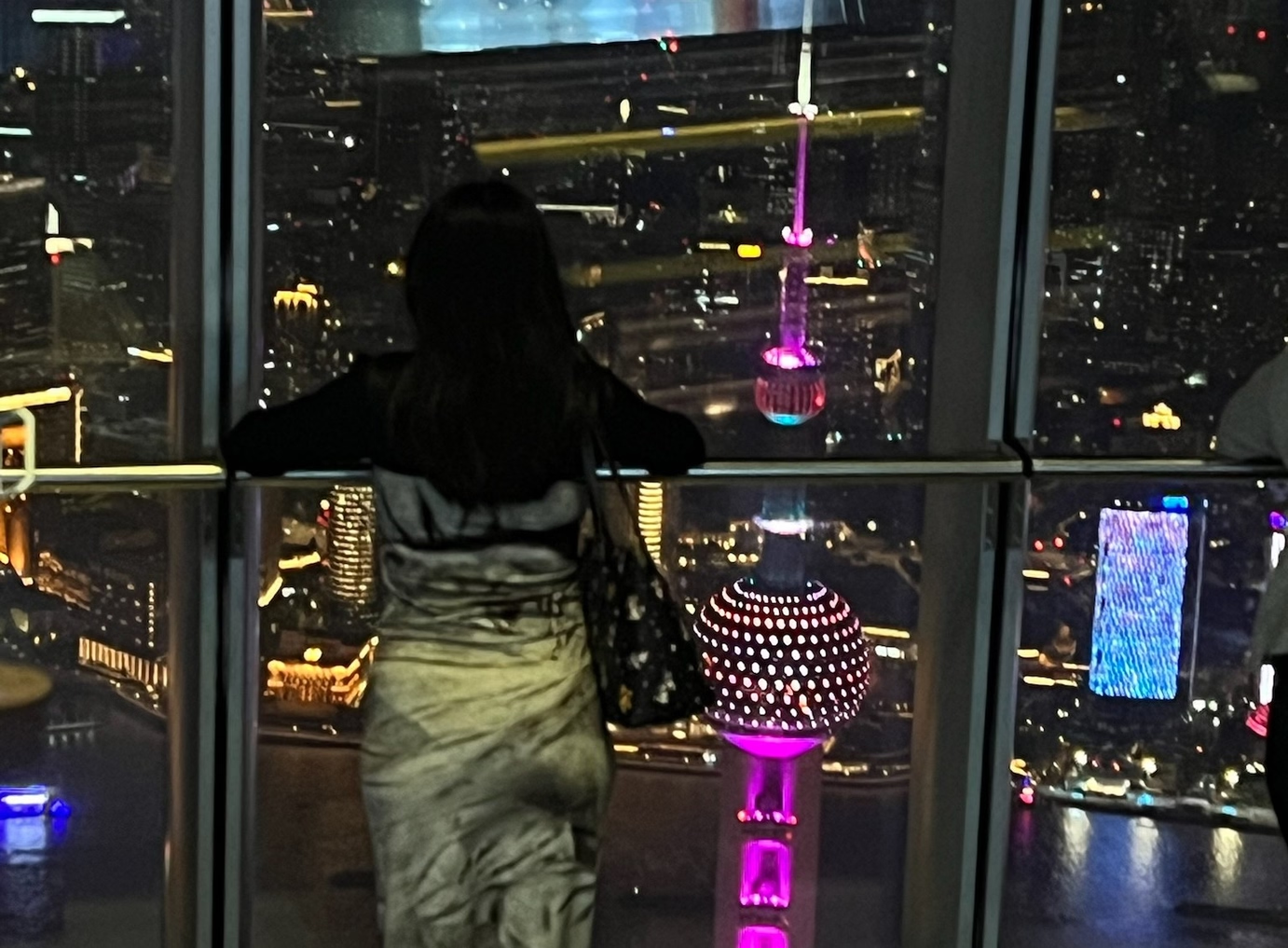
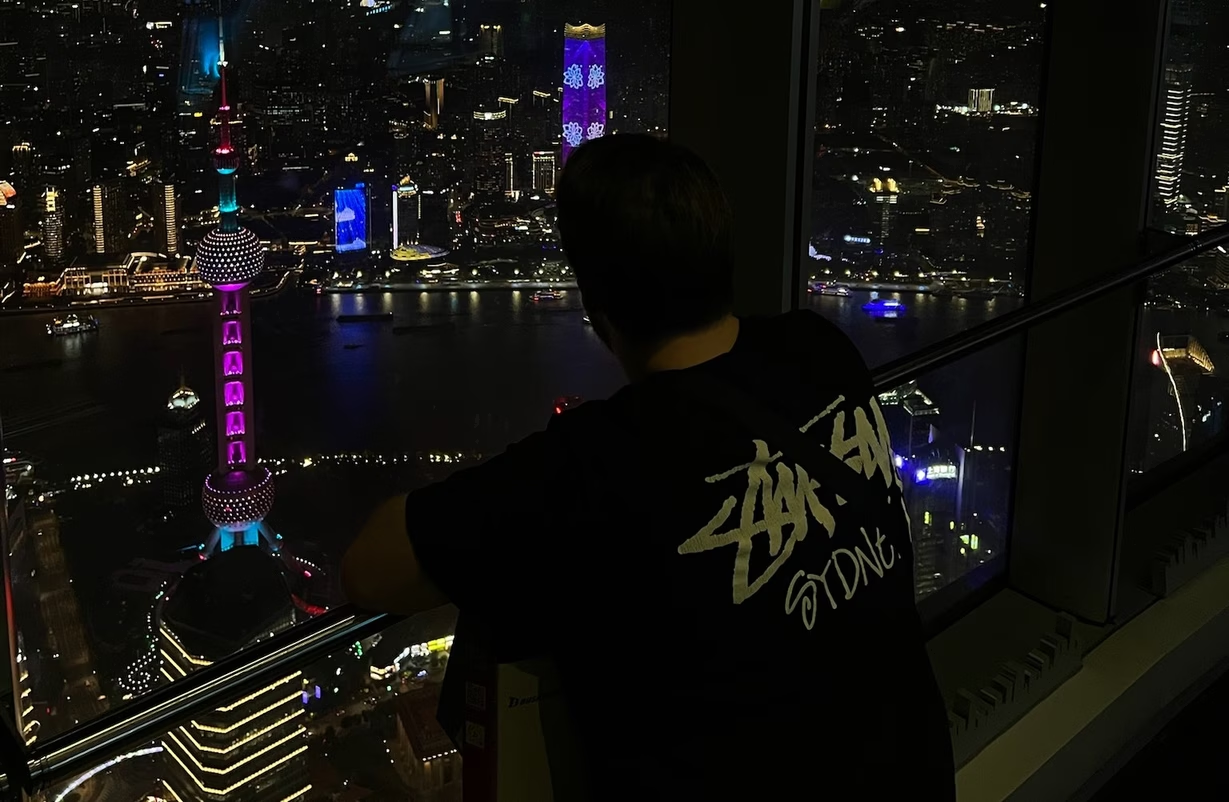
One day, we walked through a famous neighborhood lined beautifully with trees that formed tunnels over the roads, near Wukang Mansion. Here, several notable Shanghainese historical figures had villas that were now tourist spots, such as the house of Soong Qing-ling, one of modern China's early Vice Chairmen. Nearby were many cafes and popular shops that drew in Shanghai's younger crowd. Across the city, Halloween-themed attractions were on, which was an unexpected surprise; many people were out in costume to celebrate. Shanghai Disney was dressed up for the holiday, too!
Though it was a quick trip, we both had a lot of fun and would even consider living in Shanghai if the chance ever arose. Public transportation was excellent, the food was great, and the people were polite. Family Marts were also prevalent, reminiscent of my time in Tokyo. I could write about Shanghai forever, but because this blog is focused on the wedding, I'll cut it short with a parting photo dump of our other highlights:
Shanghai Disneyland (photos)
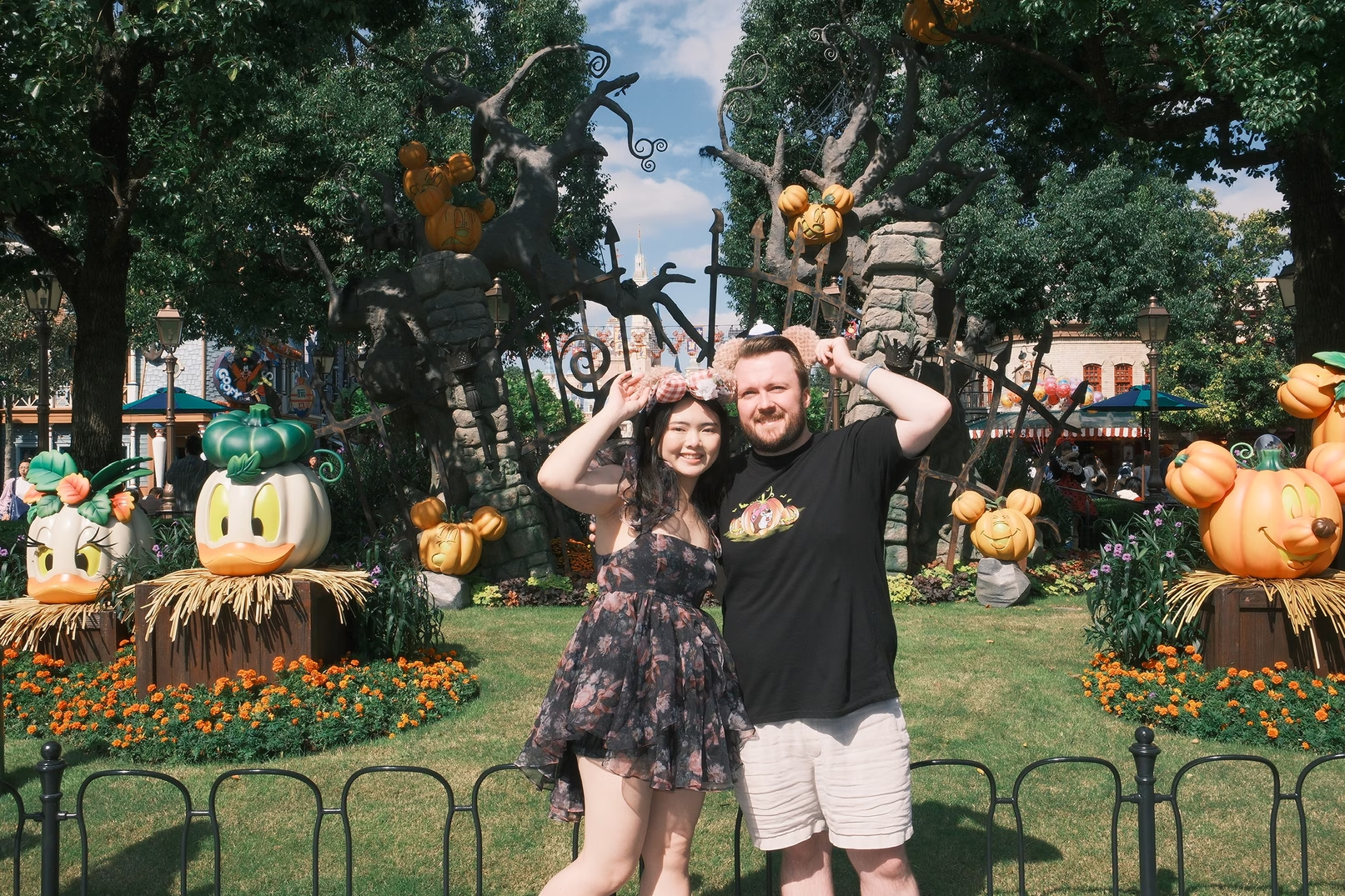

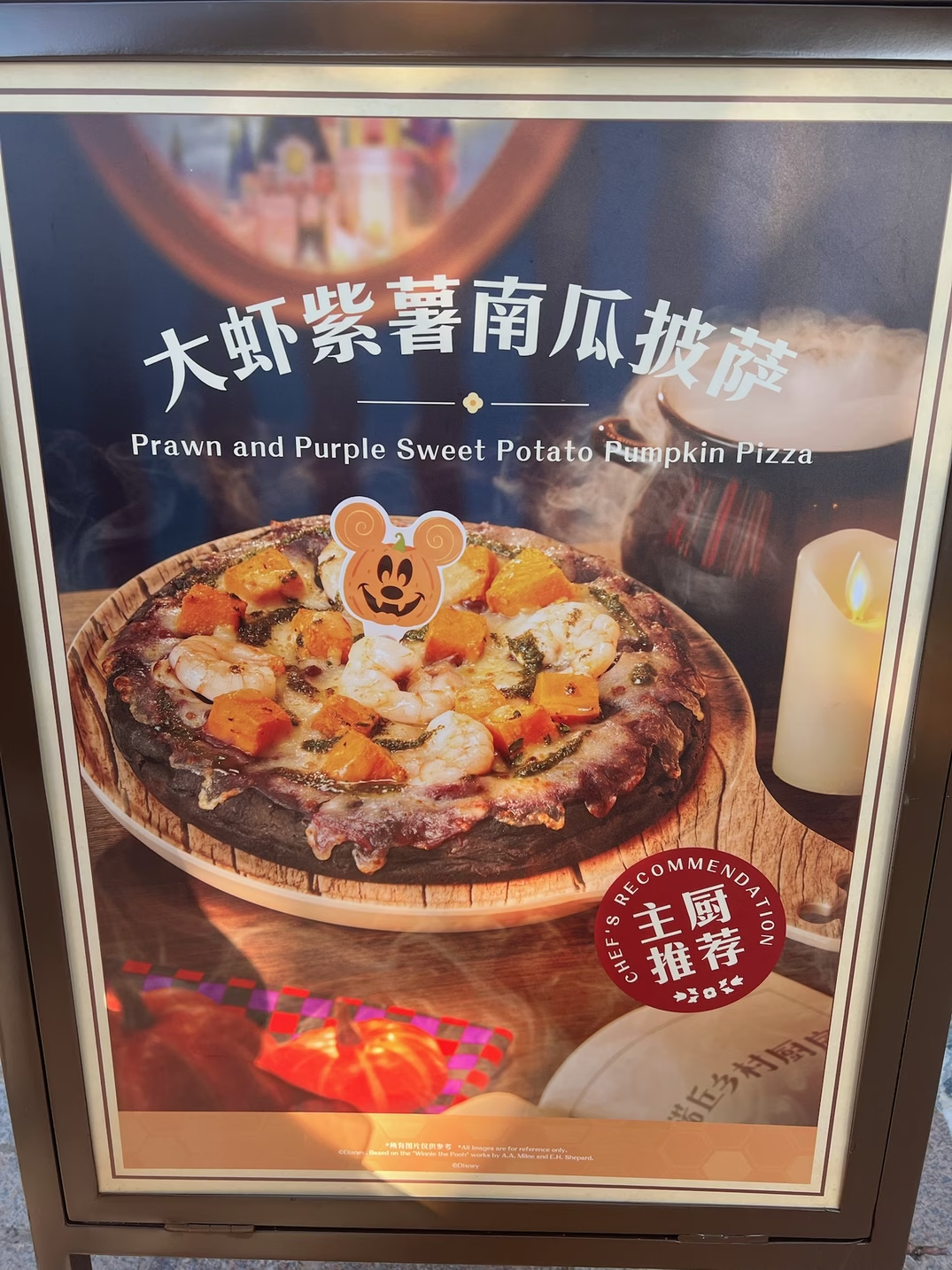
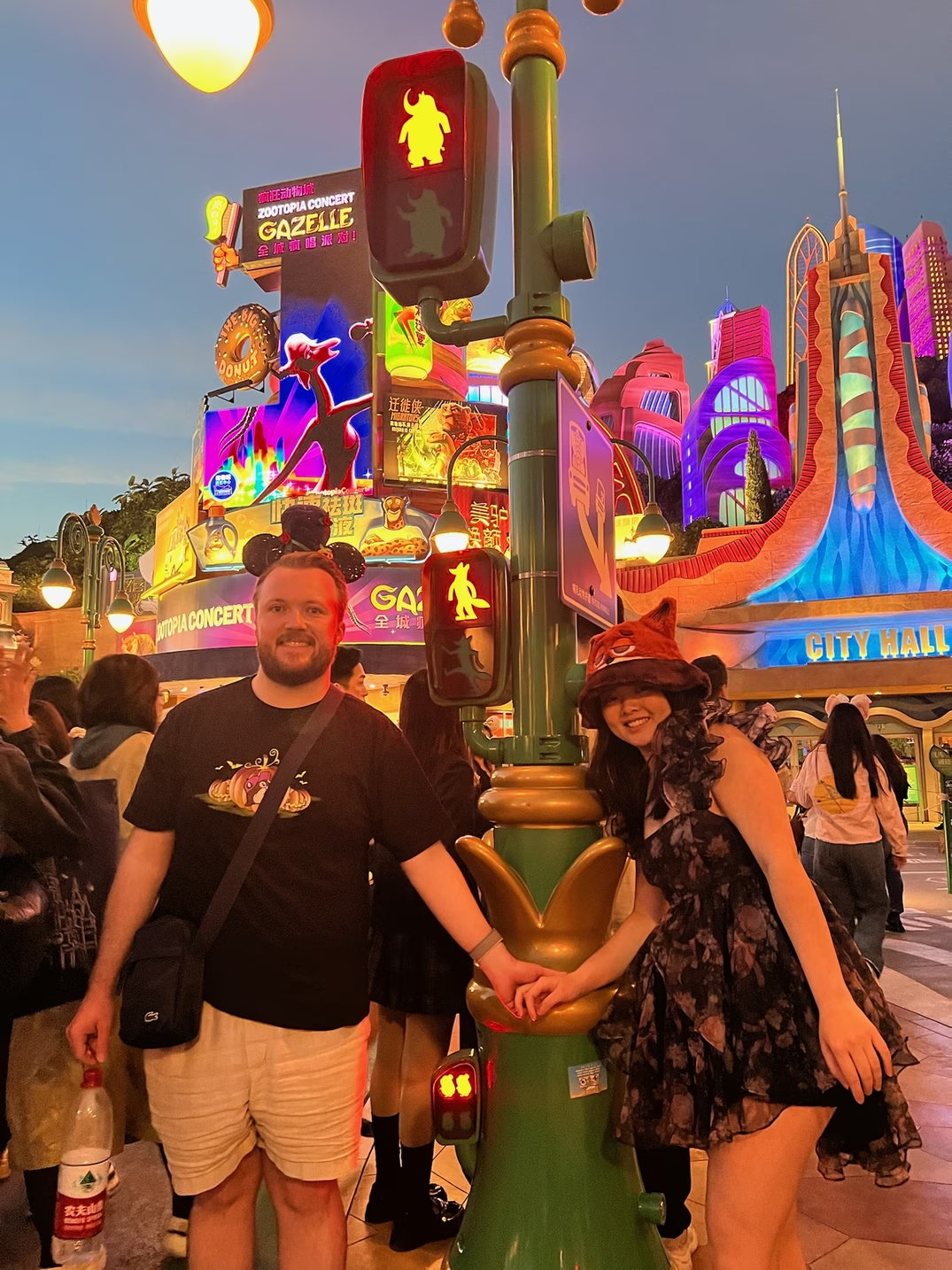
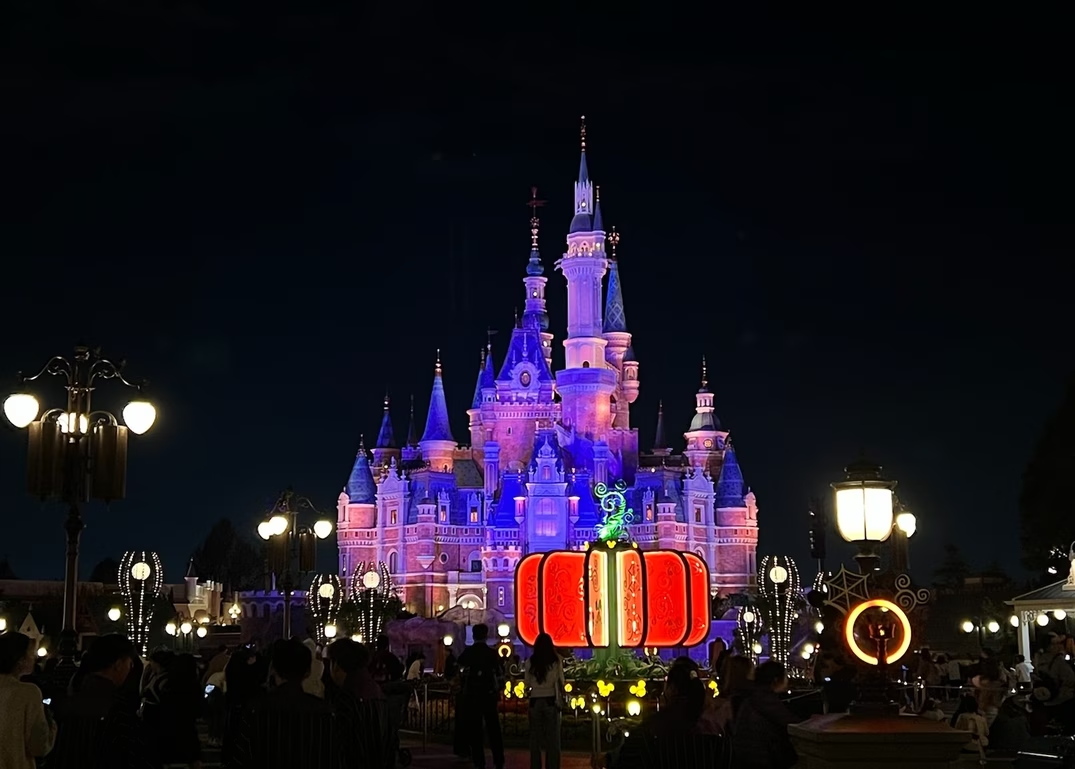

Enjoying Halloween in the City (photos)
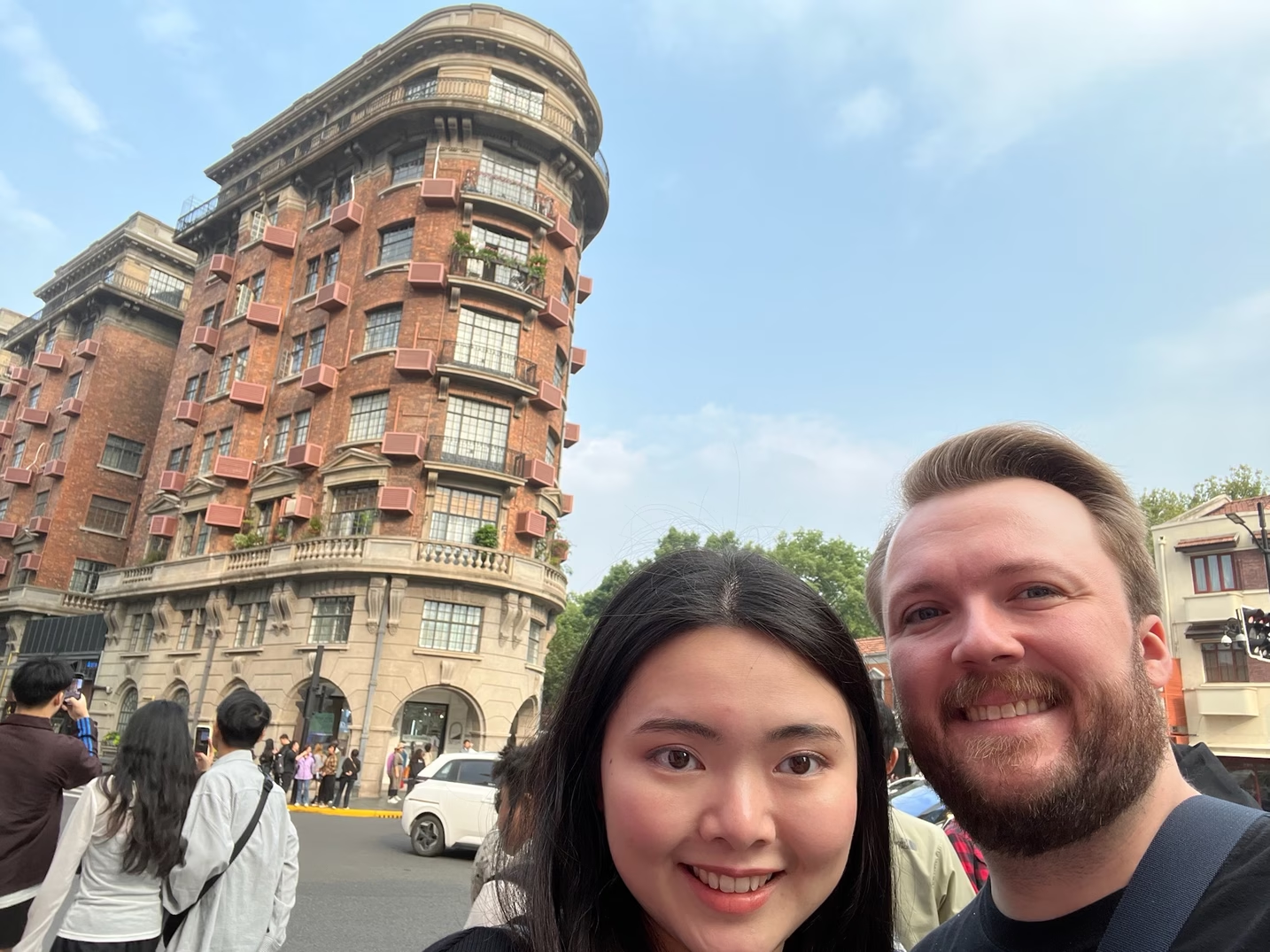

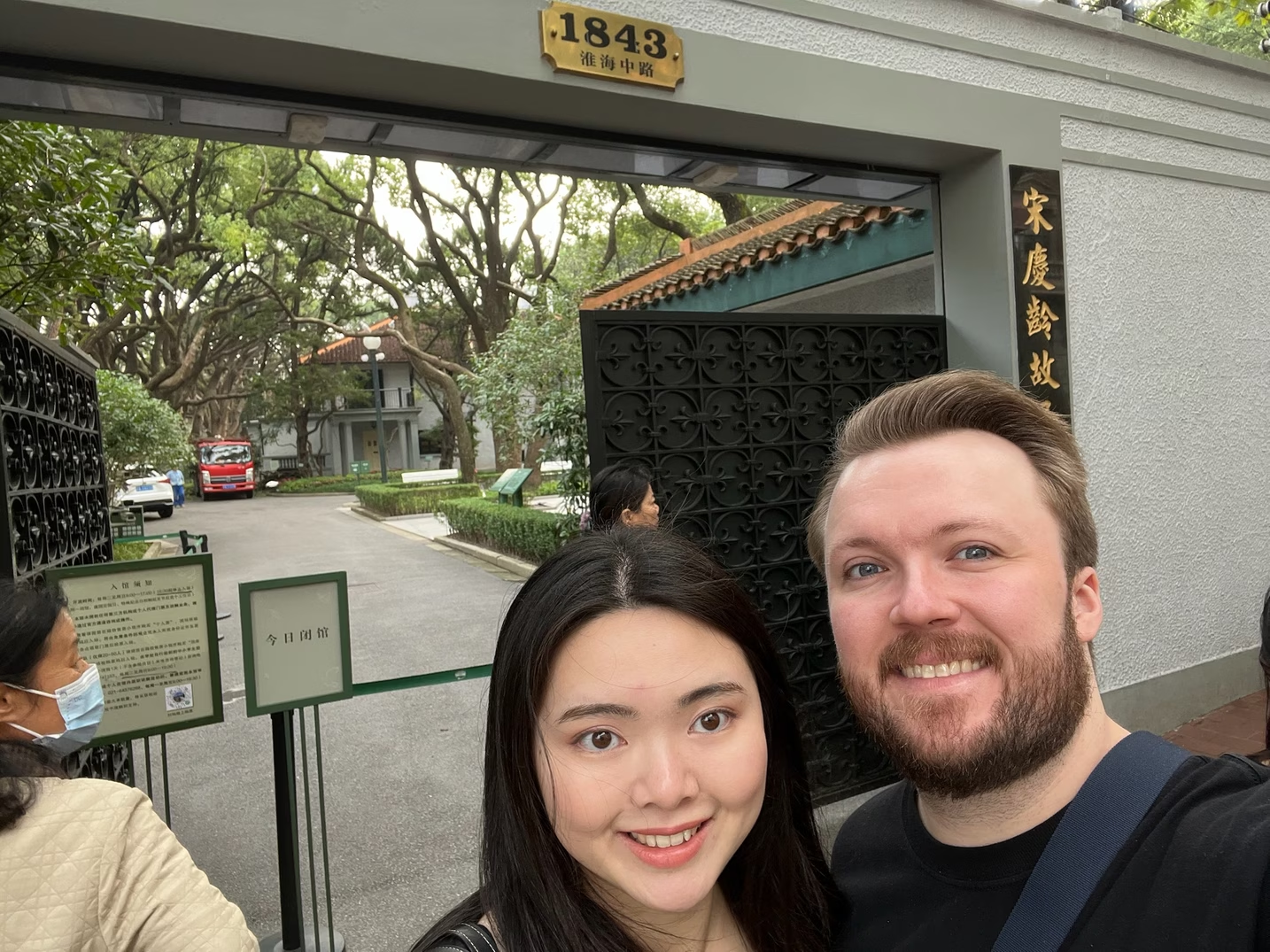
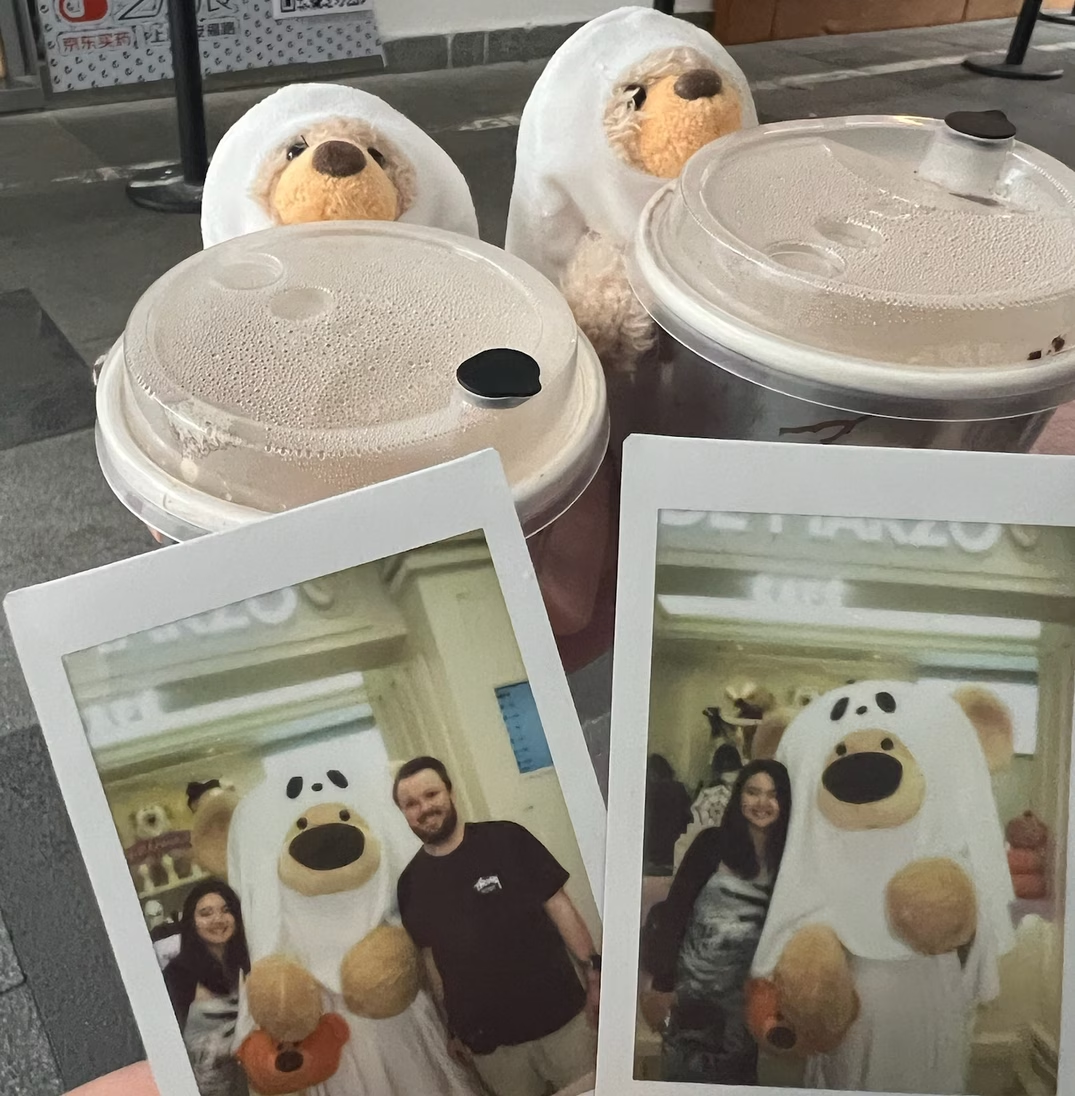
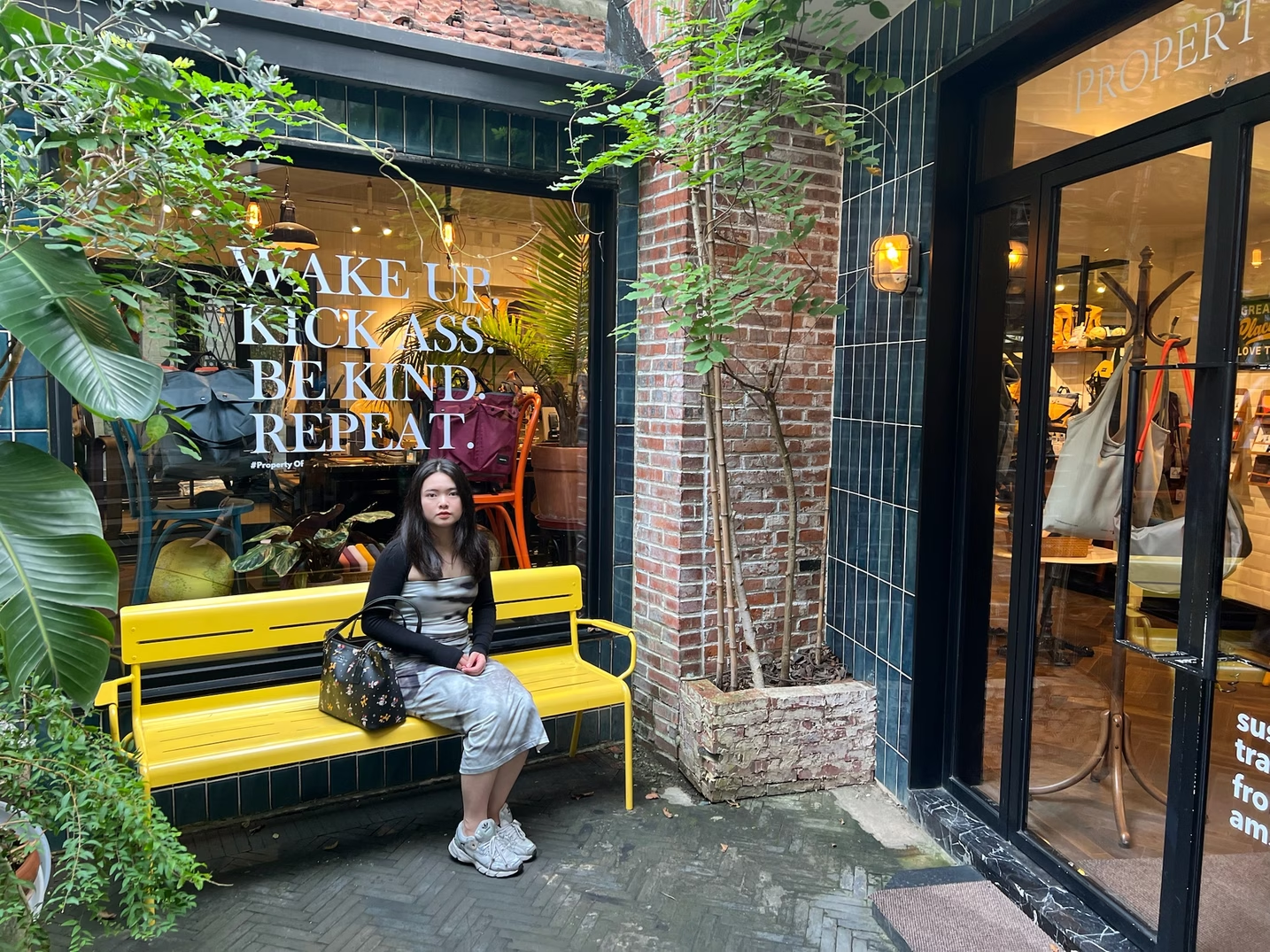
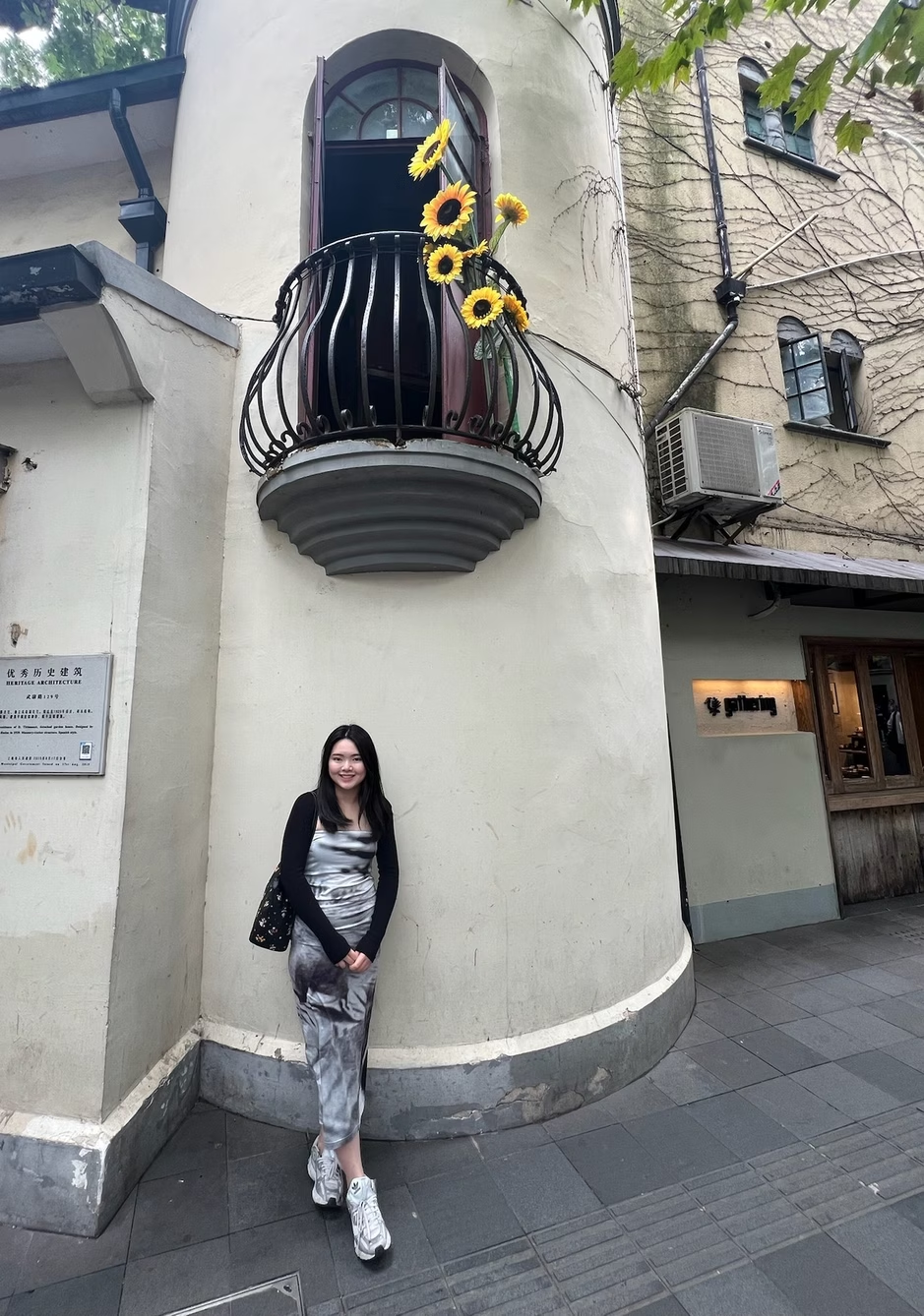
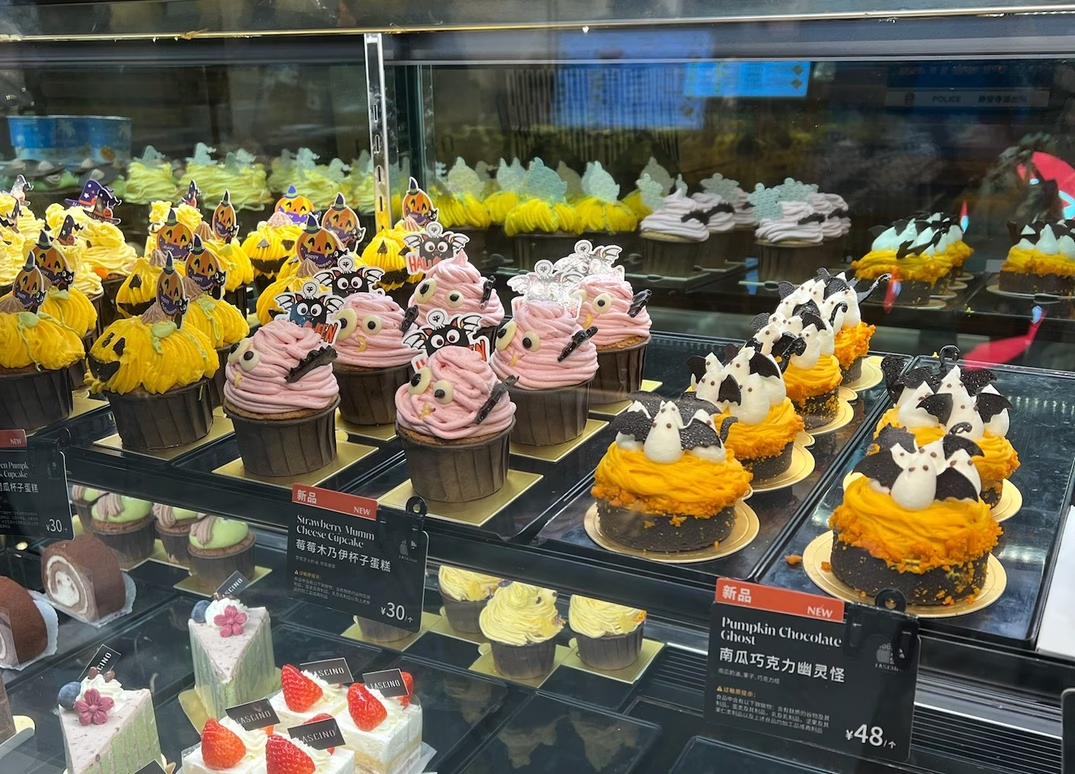
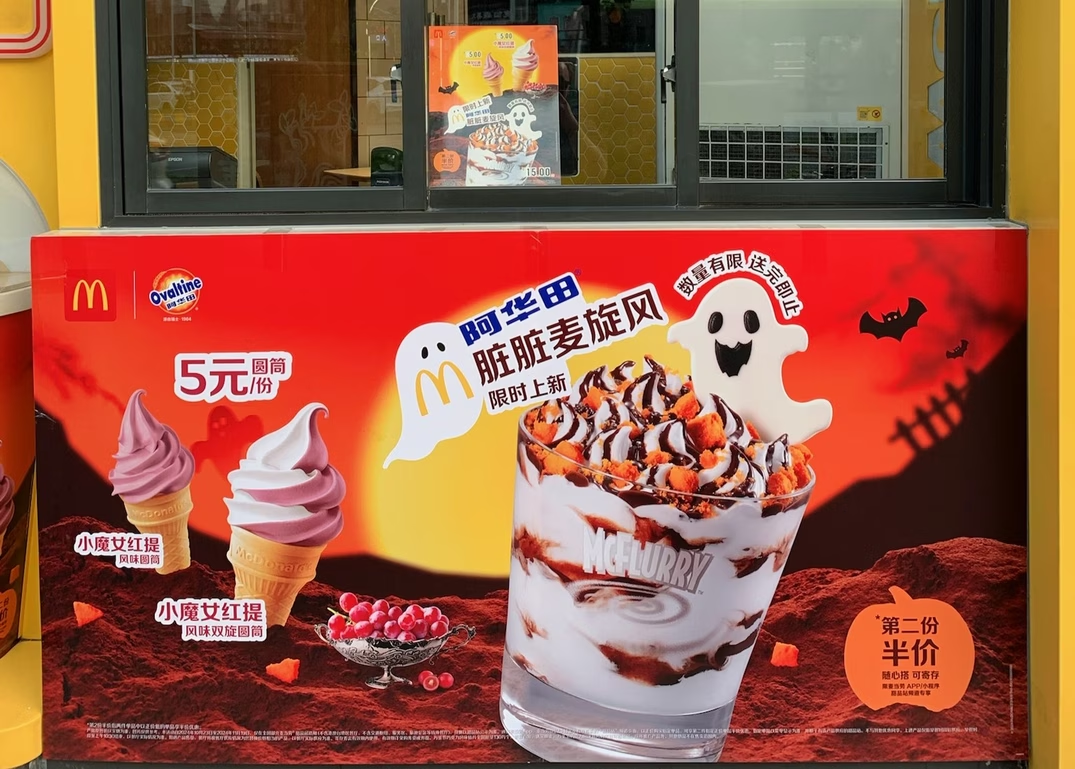
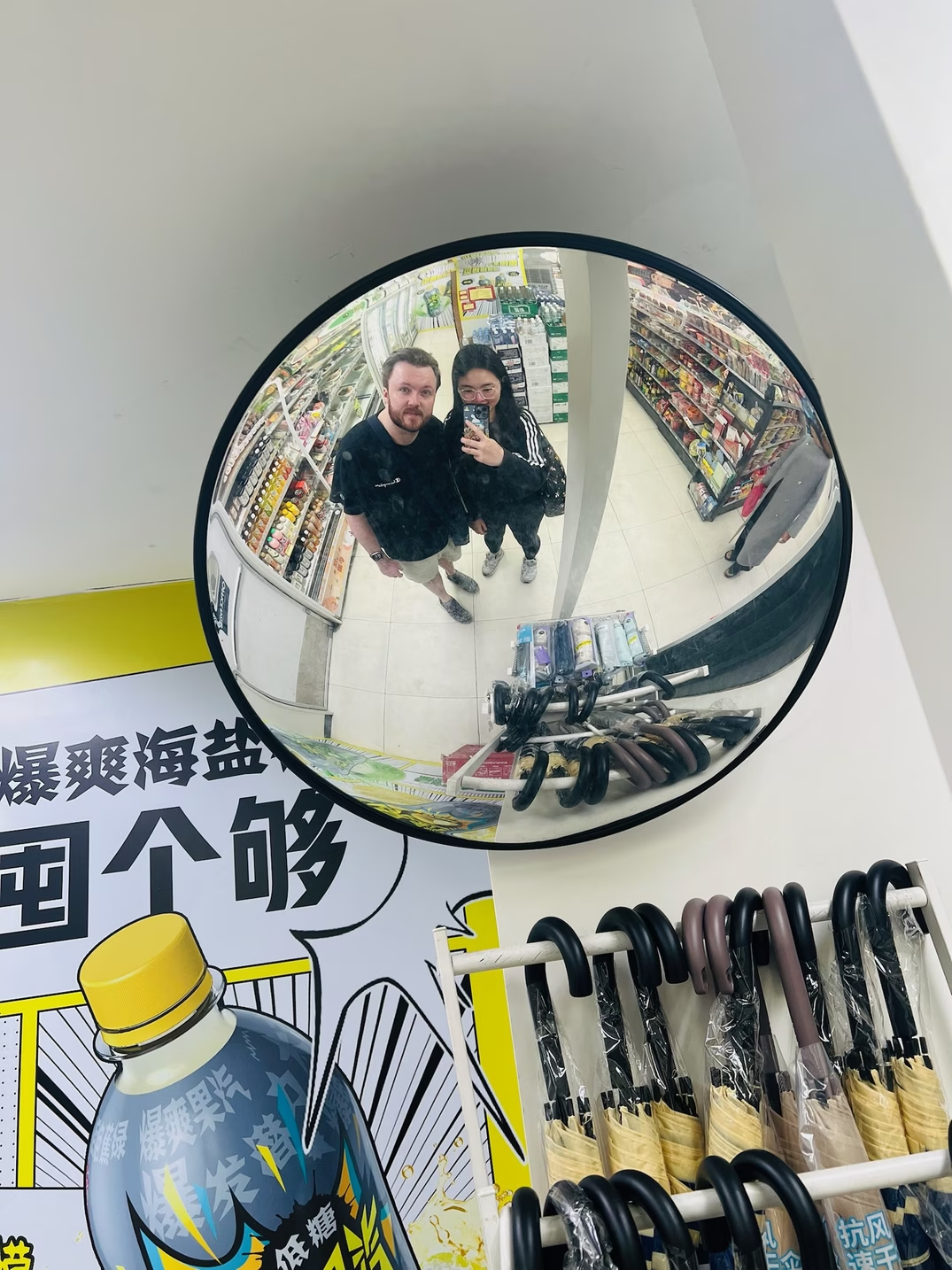
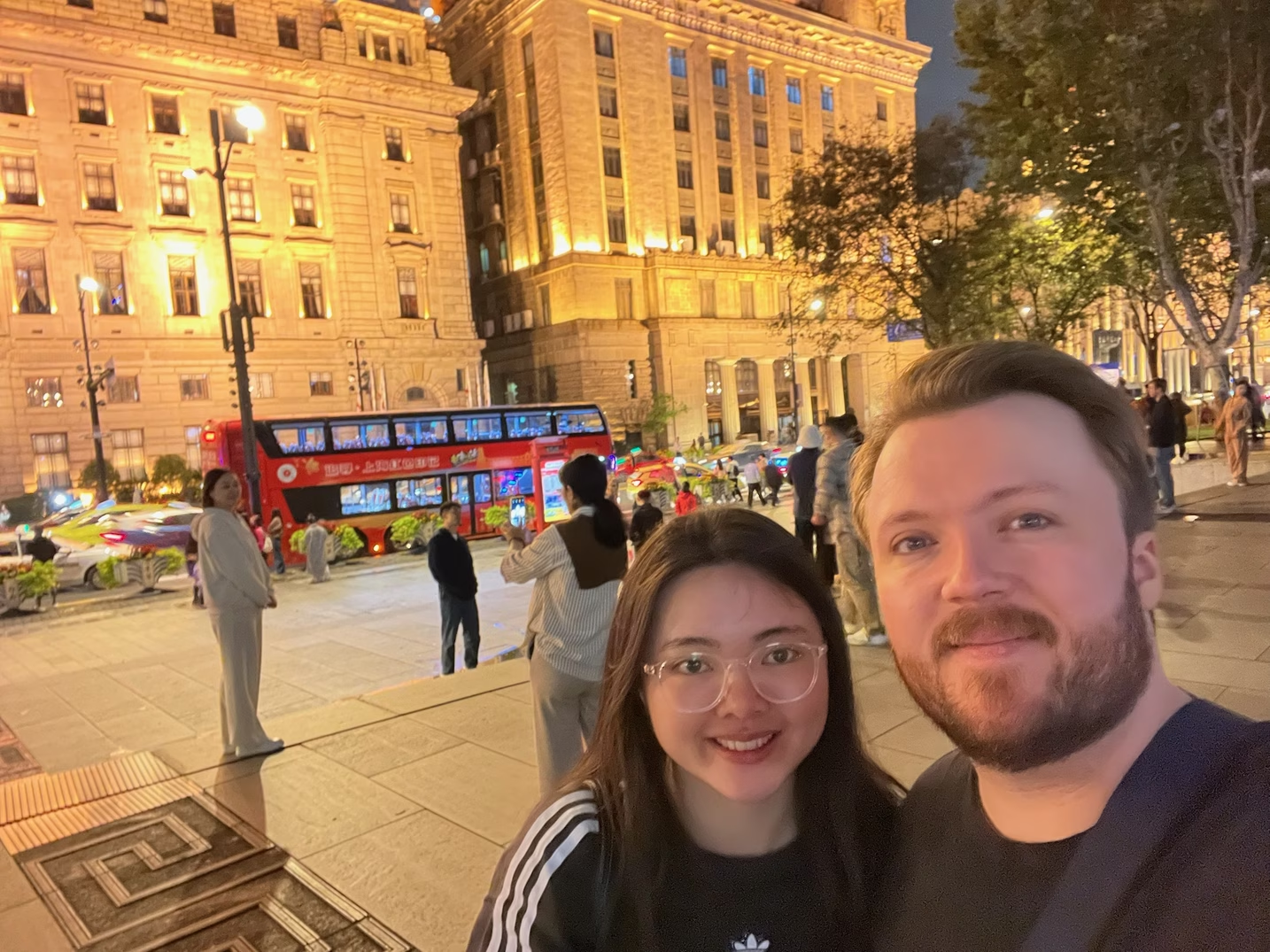
Yuyuan Garden District (photos)
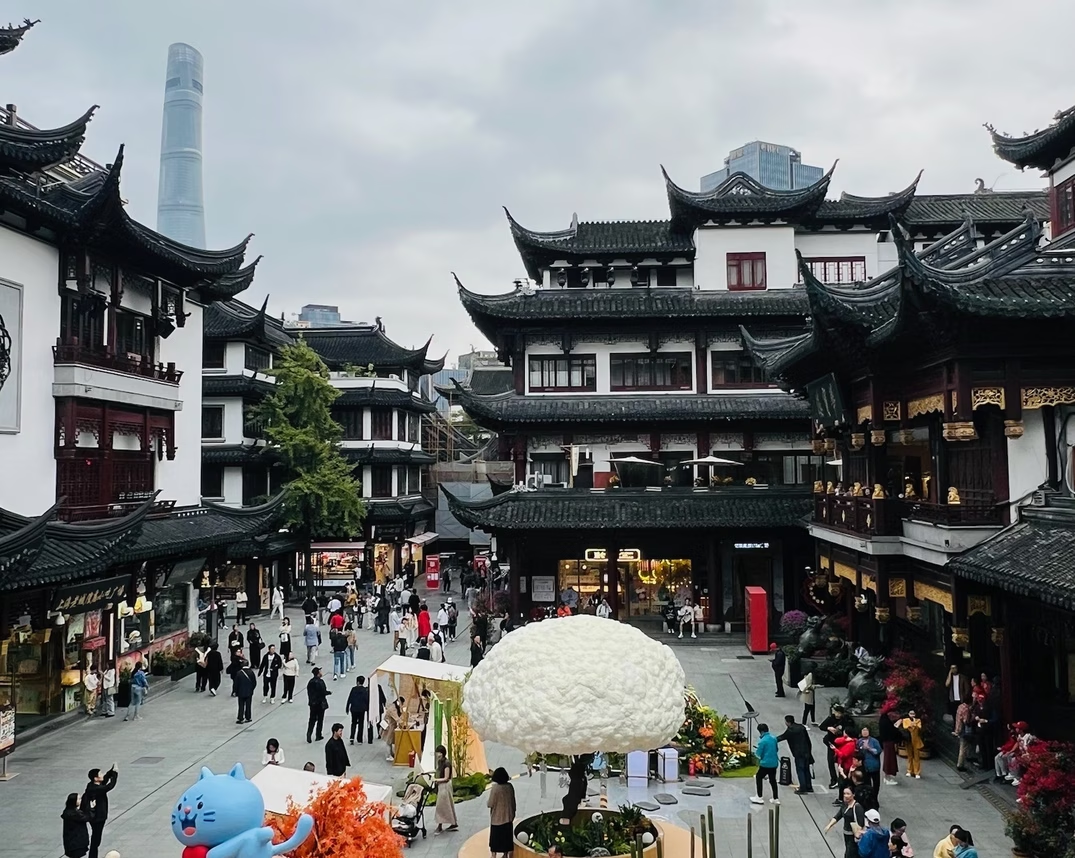
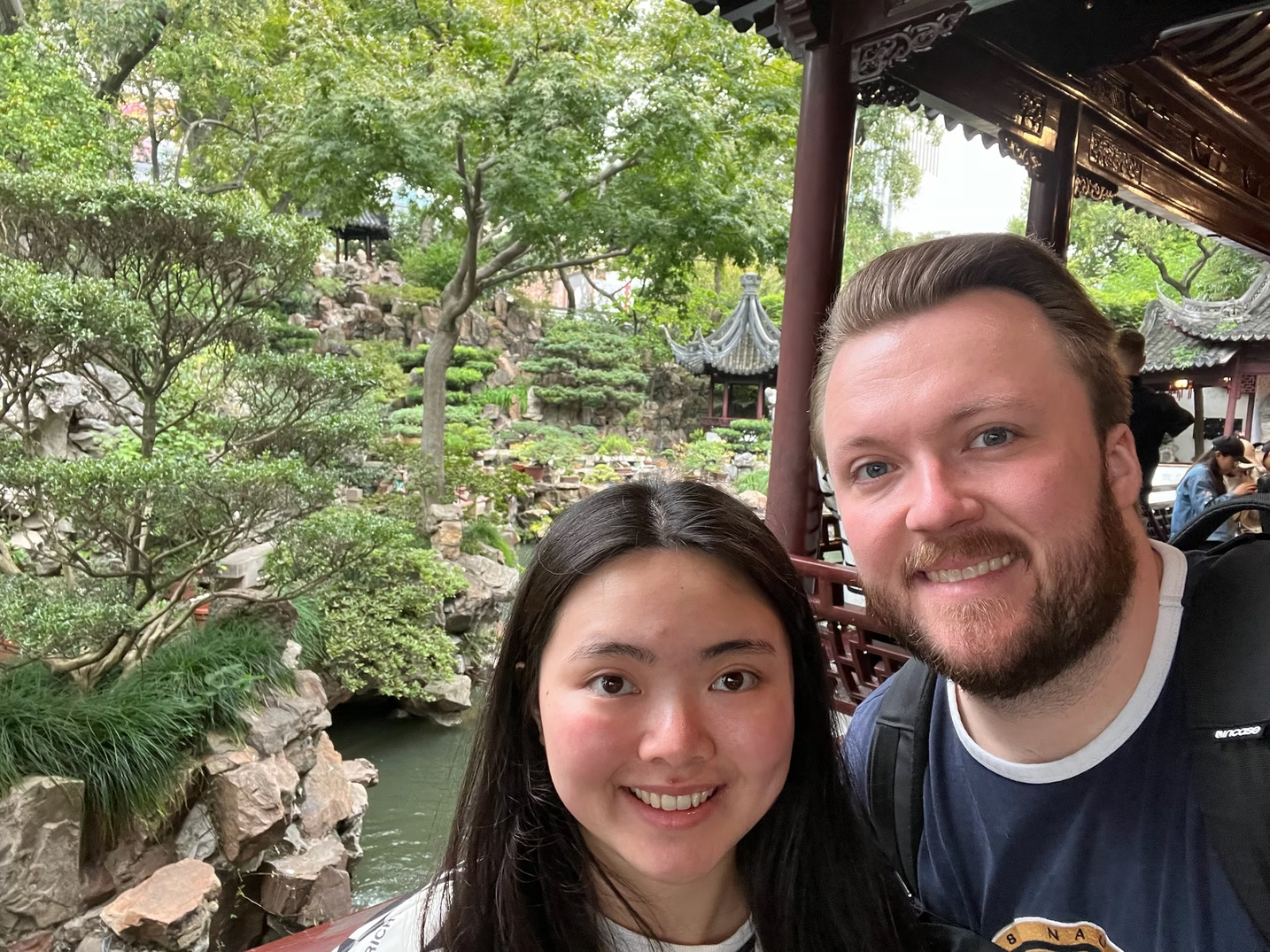
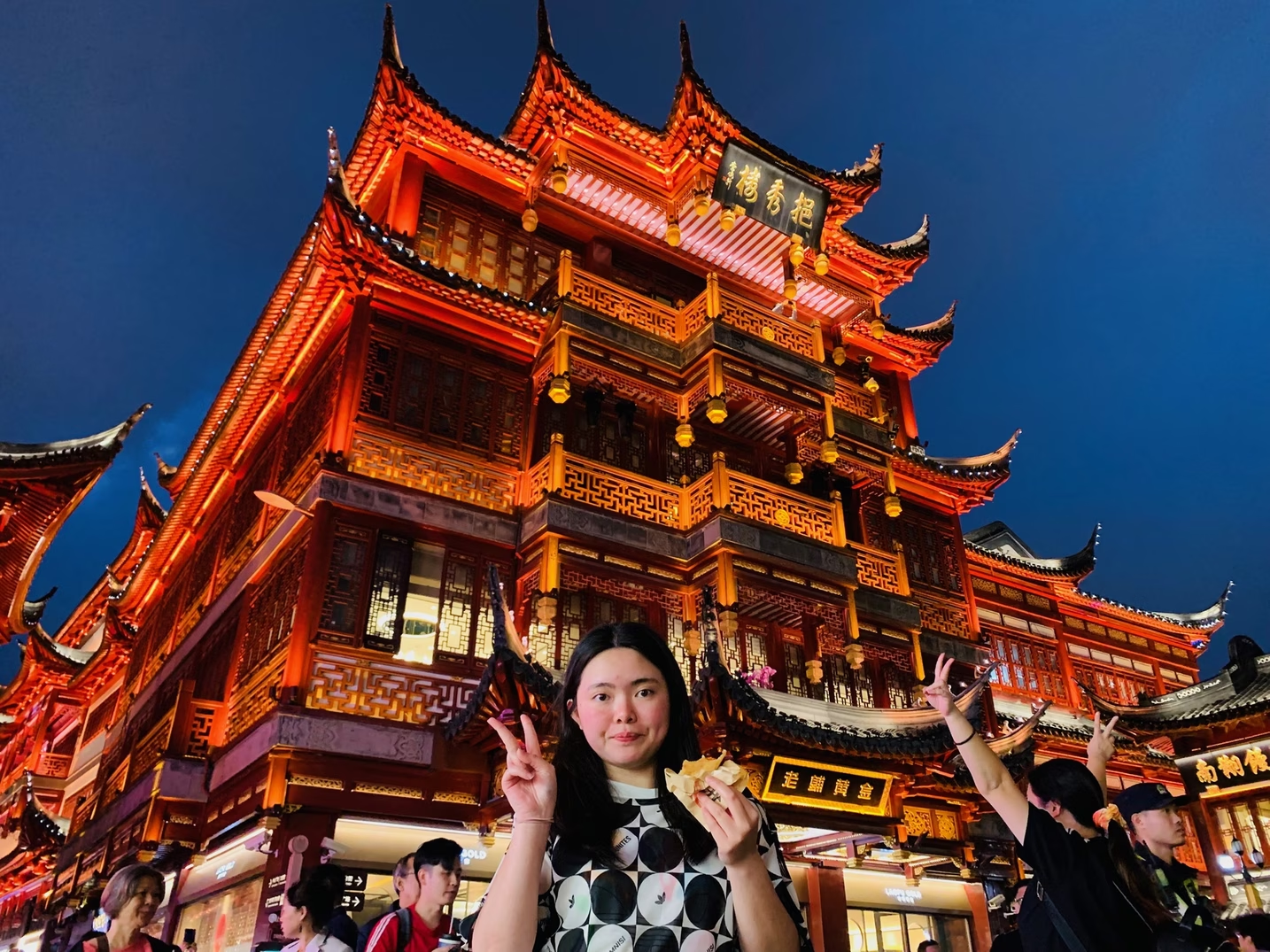
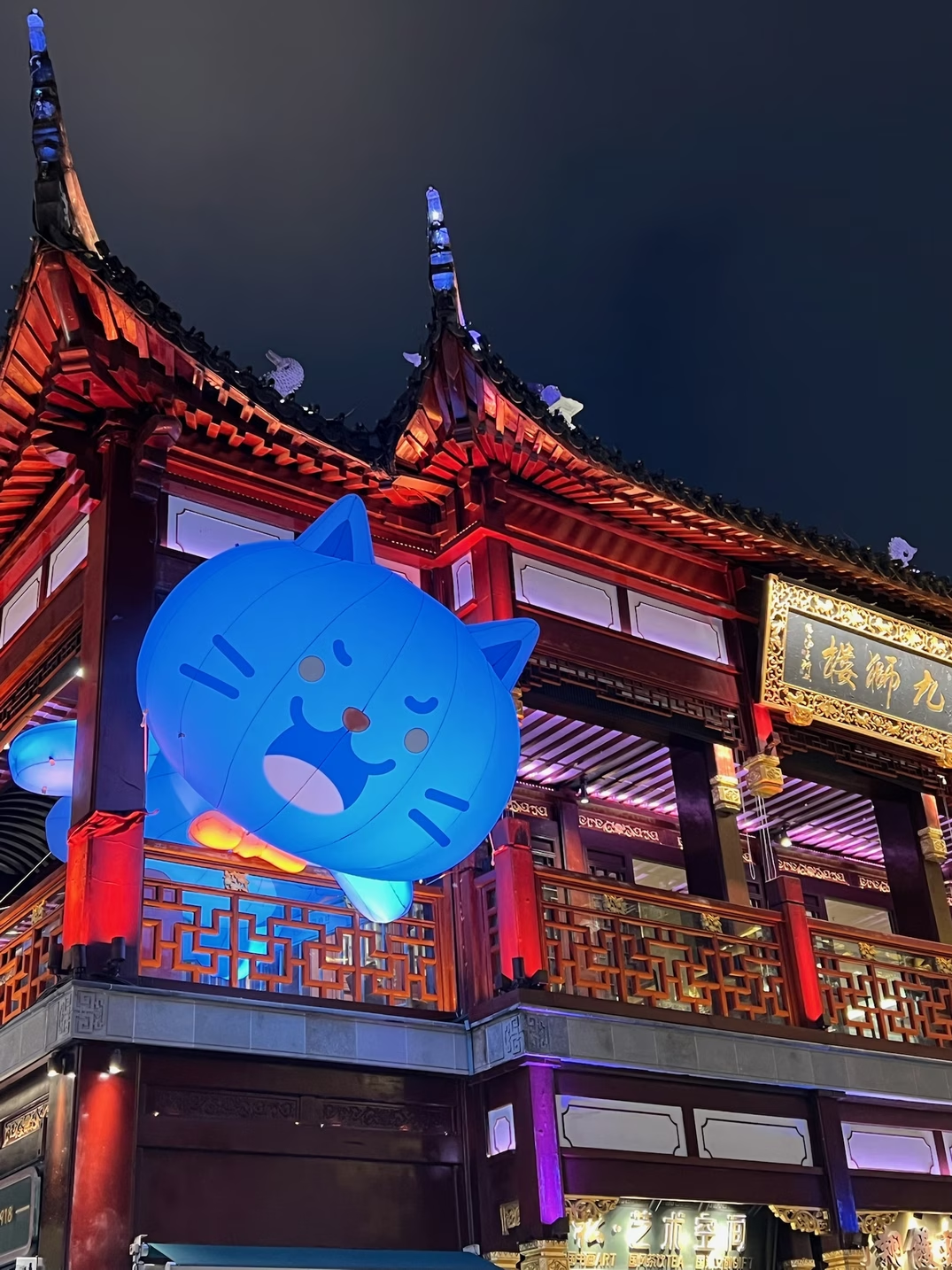
Back in Qingyuan
Leaving Shanghai, we arrived back in Guangzhou four days before the wedding. Immediately, we began prepping, engaging with family, and setting up for the various events on schedule. Jiayi's siblings arrived the same day, so we all ate together as a reunion. This initial meeting held significance for everyone, as the entire family hadn't been together for nearly 20 years. In fact, Jiayi hadn't seen her brother for 6 years, so later that day, he wanted to go shopping with the family to spend time with everyone before the festivities accelerated. Opportunistically, we used the outing to pick up our dress clothes for the wedding day.

At the mall, we had Chinese Pizza Hut (a favorite from our previous trip), and Jiayi had fun trying on several traditional and Western outfits. Ultimately, she settled on a girl's suit, and I bought a suit from a funny Polo knock-off store called Polo Walk. I had a tough time choosing between several Polo knock-offs since there were so many there 😅.
That evening, we accompanied Jiayi's parents to work for the first time for a tour of their drink distribution warehouse. We got to stick around for truck and delivery loading, met Jiayi's aunt and uncle, and eventually left with Jiayi's cousin to meet her brother for a late-night snack, the Cheung Fun restaurant I have photos of in my First Time Visiting China post. It was as delicious as I remembered, the perfect way to end our first day back in Qingyuan.

The Opening Dinner
Once the bride's family arrived, events for the wedding ramped up. Older, more traditional relatives demanded my brother-in-law and his fiancee be separated until the wedding day, so she had to move into the hotel with her family. After seeing them together in town prematurely, one remarked how odd it was to see them together so close to the wedding and that back in her time, she hadn't been able to see her husband for an entire week before their ceremony. Going forward, I'll explain in detail any traditions like this that are markedly different from the Western style.
The day before the wedding, we had a brief moment of calm. After taking care of my foreigner police registration that morning, we took a relaxing walk around Qingyuan City Plaza, a mall right behind my father-in-law's apartment. We tried a locally viral, pistachio-flavored, green latte made for a Halloween promo. It even came with ghost stickers:

That evening, we had a medium-sized family gathering at Jiayi's father's house with a few of the closer members of the extended family. Several Aunts, Uncles, and cousins came, and we had dinner. Notably, the bride wasn't in attendance, complying with the mandate of separation mentioned previously. Though they had cooked some traditional Chinese food to eat, I, in American fashion, ordered all the kids (and myself) chicken nuggets and McFlurries delivered from McDonald's 😂. Some of the older relatives offered a glare over this, but I paid no mind to it. We were just happy to have the nuggets:

安床 (ān chuáng) - Midnight fertility traditions
Jiayi's mother and several family members decorated the groom's bed to observe a tradition called 安床 (ān chuáng). Again, the bride is usually not included in this. Red bedding accentuated with gold and several items decorated their bed for luck, not to be touched until the wedding night. Relatives gather around it and say blessings for their marriage. After our dinner, the night before the wedding, our youngest cousins had to return at 1 AM to roll and jump on the newlywed's bed. This step, called 压床 (ya chuáng), promotes fertility and wishes the couple many children.
接新娘 (jiē xīn niáng) - Receiving the bride
The next day, we had to wake up quite early, at 7 AM, to prepare for the wedding. I woke an hour before this, at 6, and many close family members and paid helpers were already arriving to prepare a special lunch and tea ceremony. Before engaging with anyone, however, I had to sneak off to the shower, which was inconveniently connected to the busier-than-usual kitchen.
迎亲 (yíng qīn) - The wedding procession
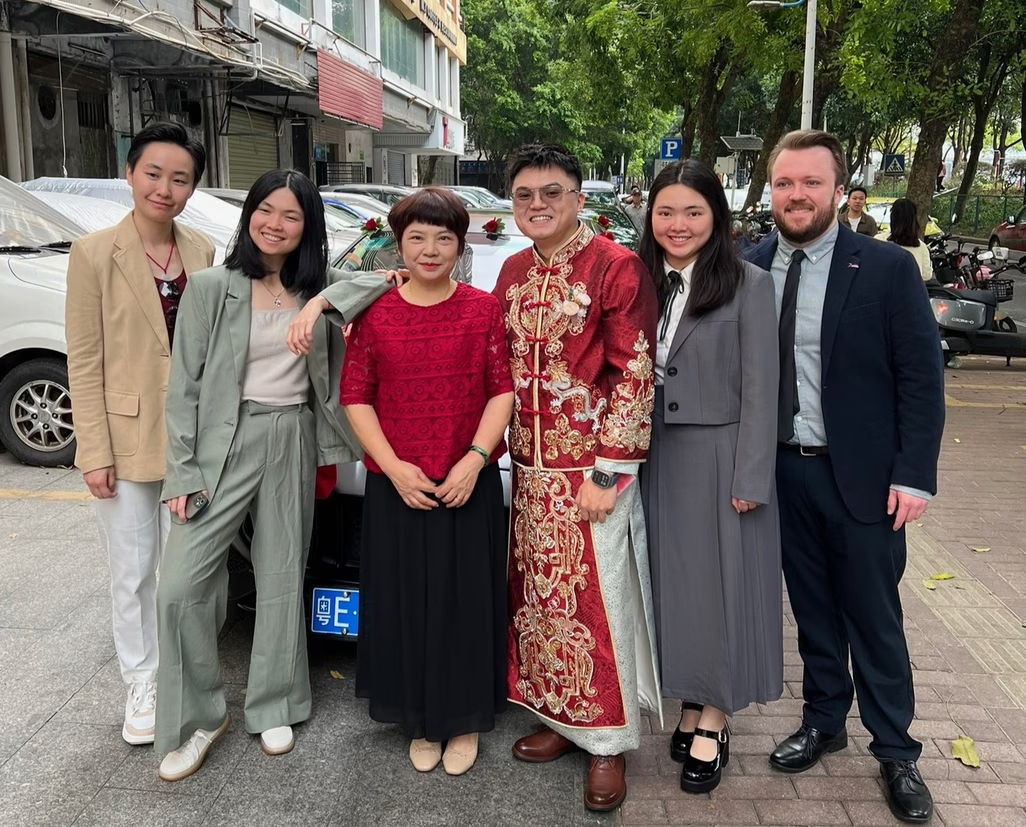
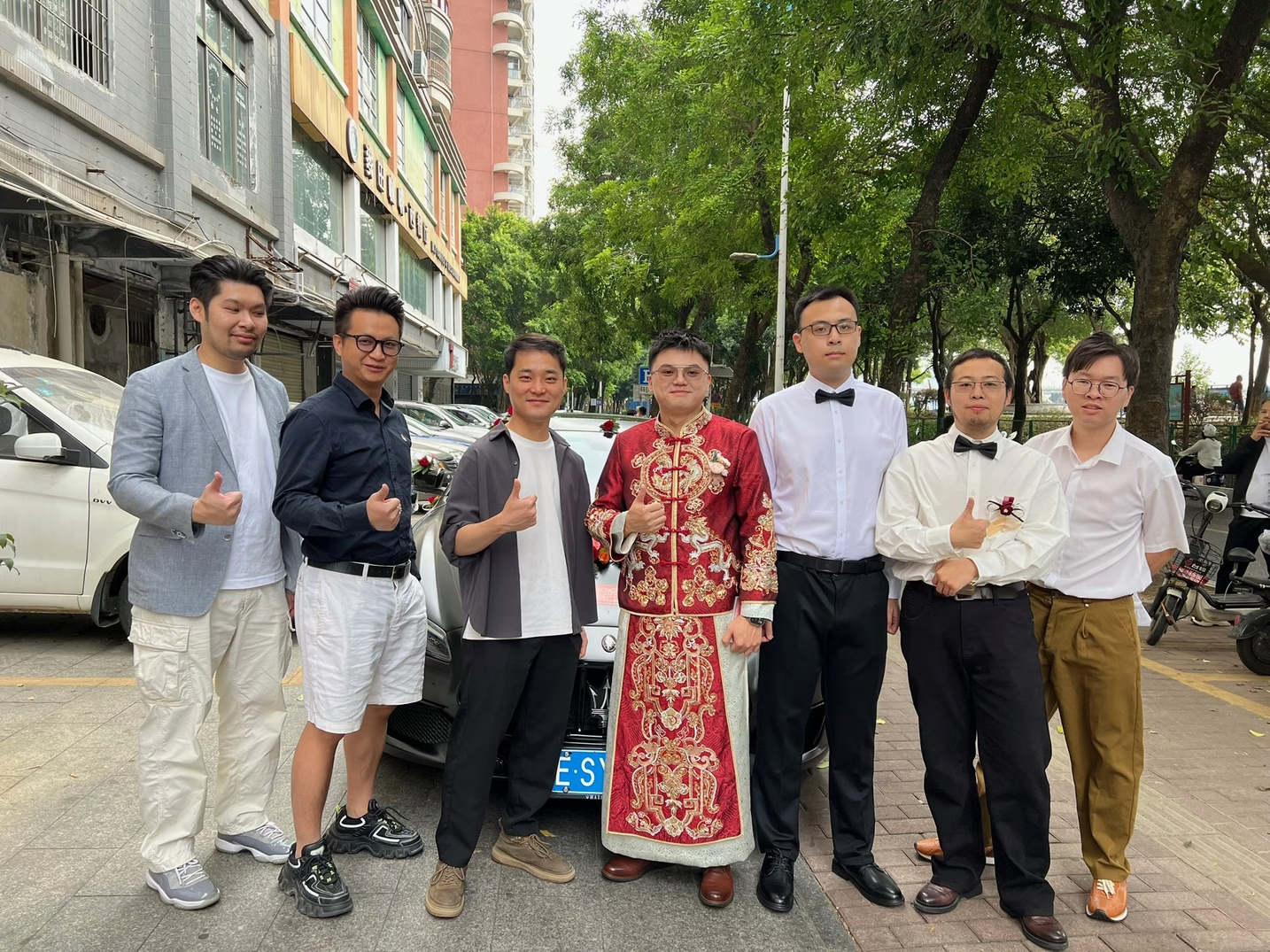
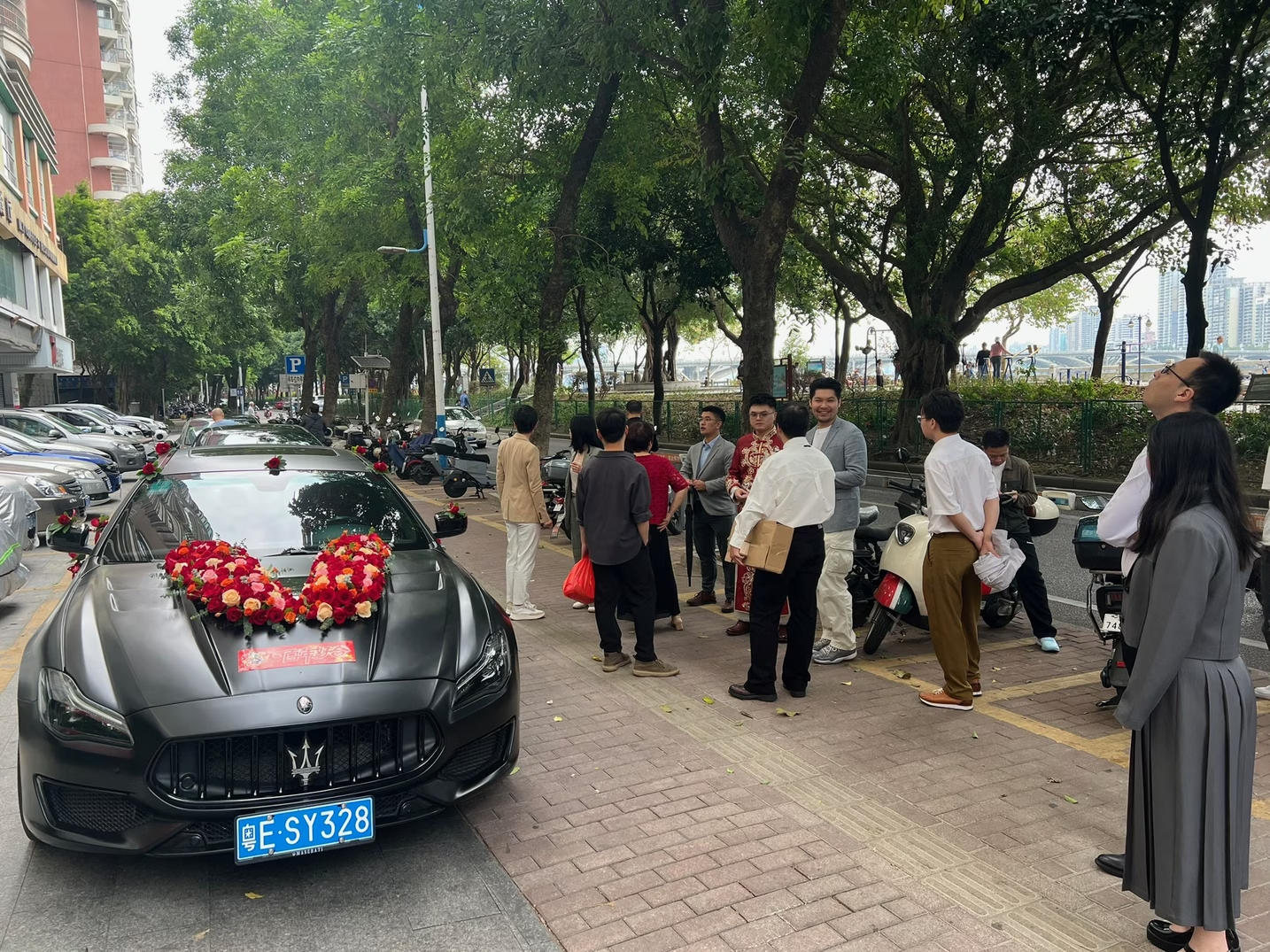
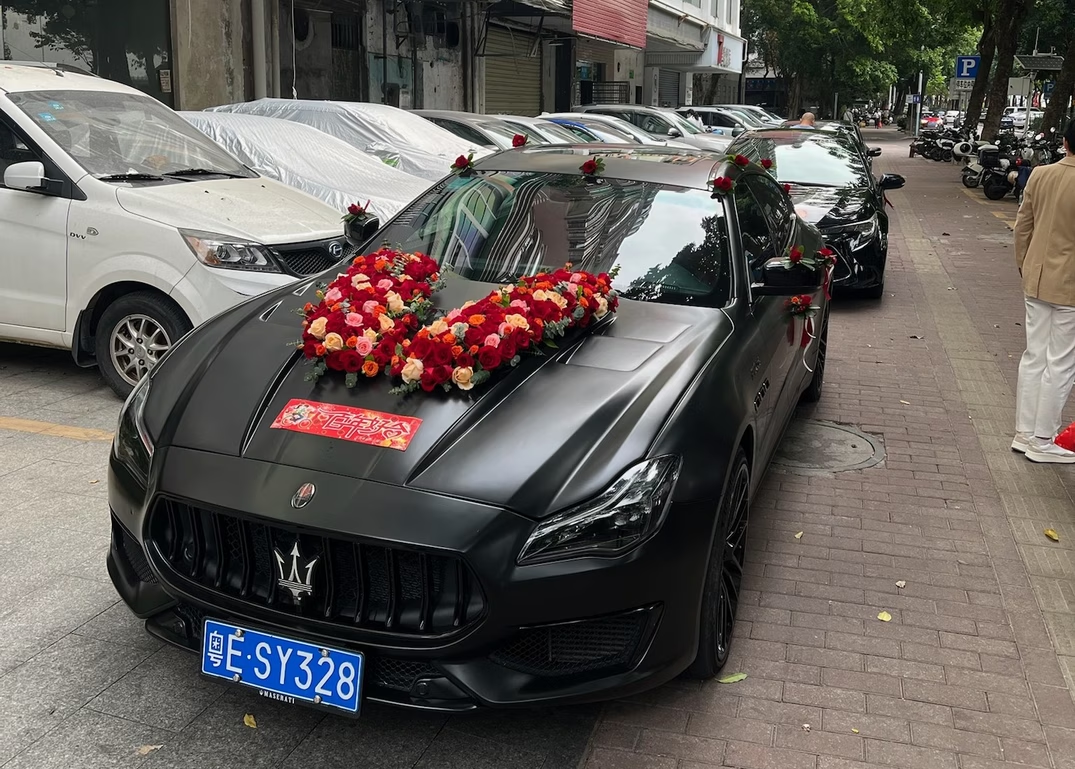
After we got ready, the commotion in the apartment grew quickly, with family and friends arriving for the next set of events called 接新娘 (jiē xīn niáng) or "receiving the bride." First, we had the wedding procession of the groom's family called 迎亲 (yíng qīn). Fifteen decorated cars long, headed by the groom riding in a Maserati, and led and directed by Jiayi's uncle and his motorcycle gang, we paraded through Qingyuan to the City Garden hotel where the bride's family was staying. Everyone except Jiayi's parents went, as they are not meant to attend, traditionally. Our procession was somewhat of a failure because several cars got separated and lost along the way, including ours 🙈.
闯关 (chuǎng guān) - Breaking in to see the bride
With all the stragglers present, we parked in a uniform line and marched up to a reserved floor of the hotel. Here, a number of the bride's family were protecting her from being taken until the groom, with the help of his family, could triumph in several games and challenges. These door games, known as 闯关 (chuǎng guān), often start with the children of the bride's family barricading the door. They won't open it unless bribed with red pockets filled with money, and they're encouraged to request as much as they can get! Jiayi's sister was passing out red pockets and cutting deals with them to break in; several other family members yelled to let us in as well. After a while, they finally relented, and we passed the first challenge!
Next, the bridesmaids asked my brother-in-law to answer questions about the bride's personality and interests. These are all things the bride's family expected him to know, but he had a tough time answering 😂! They blocked his way through the door as the bride's parents watched. When they finally got to the last question, the bride's mother was tearing up a bit, as her daughter was in the next room and would symbolically be transitioning families soon. This rhetoric is actually how Chinese viewed marriage historically. Jiayi has explained to me that in ancient times, the husband carrying the wife away meant that she was joining the husband's family permanently, never to return or see her parents again. But don't worry, she saw her mom and dad again that afternoon 😅! Nevertheless, the tears Jiayi and I noticed felt dually joyous and somber.
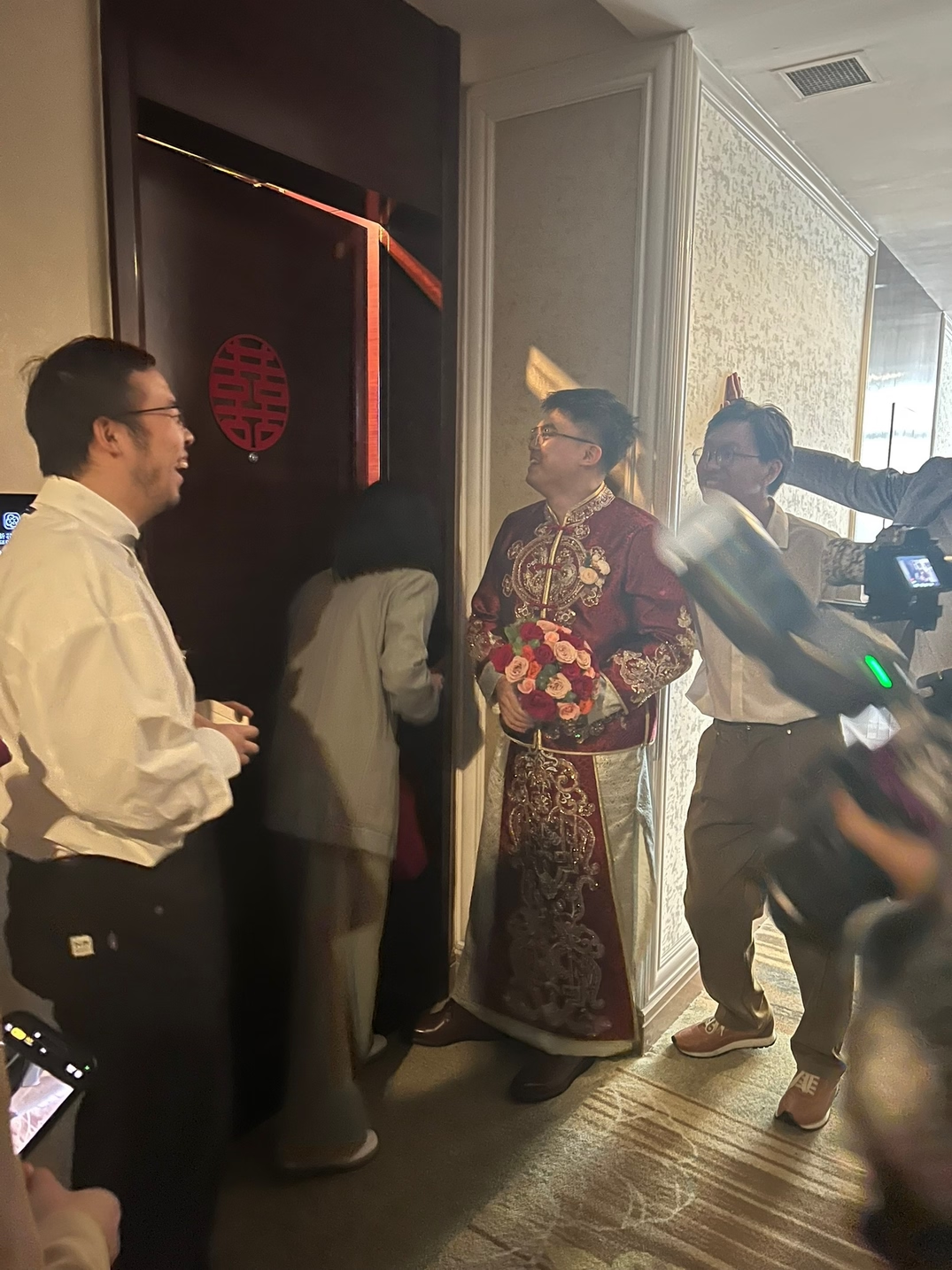
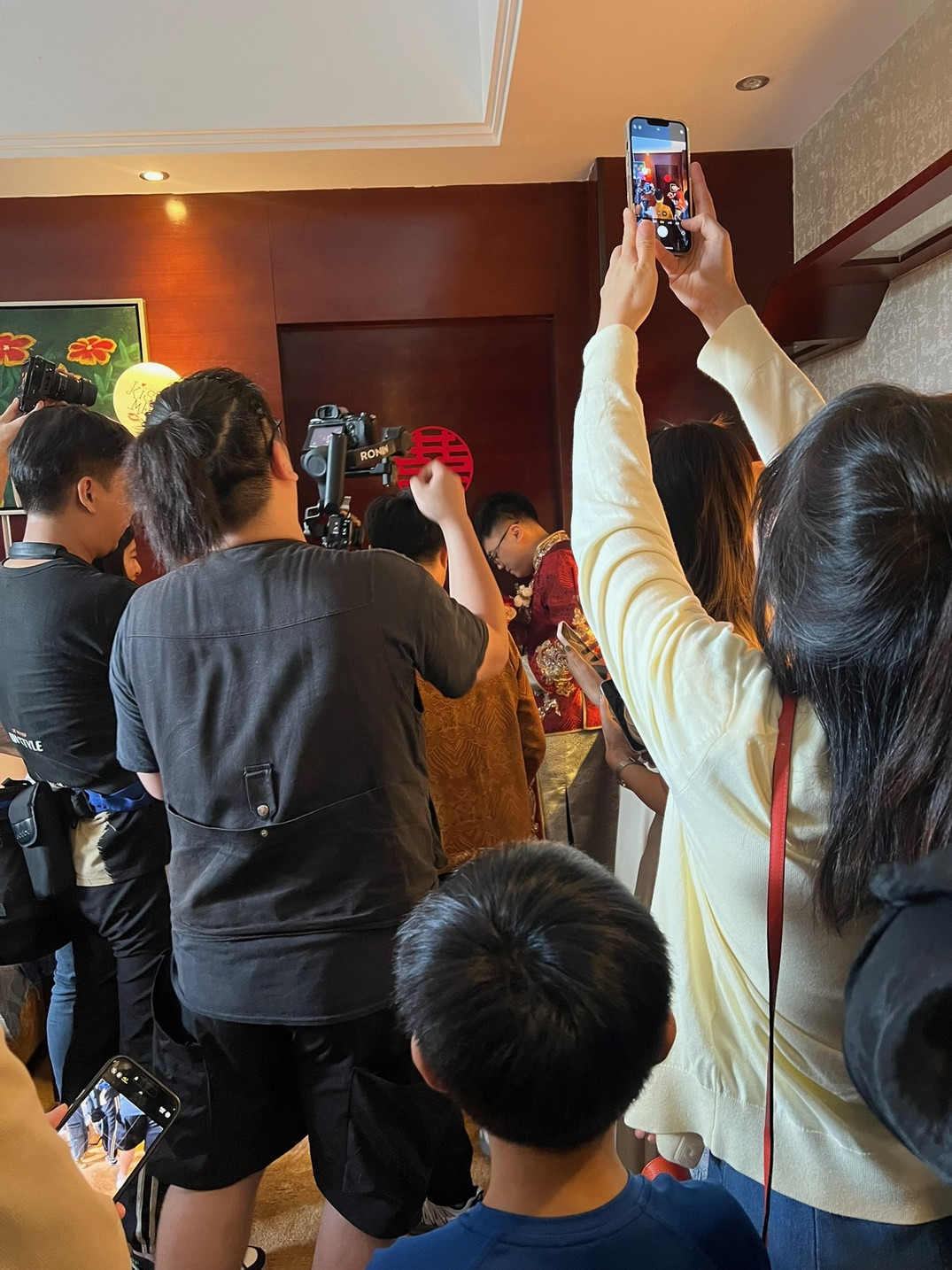
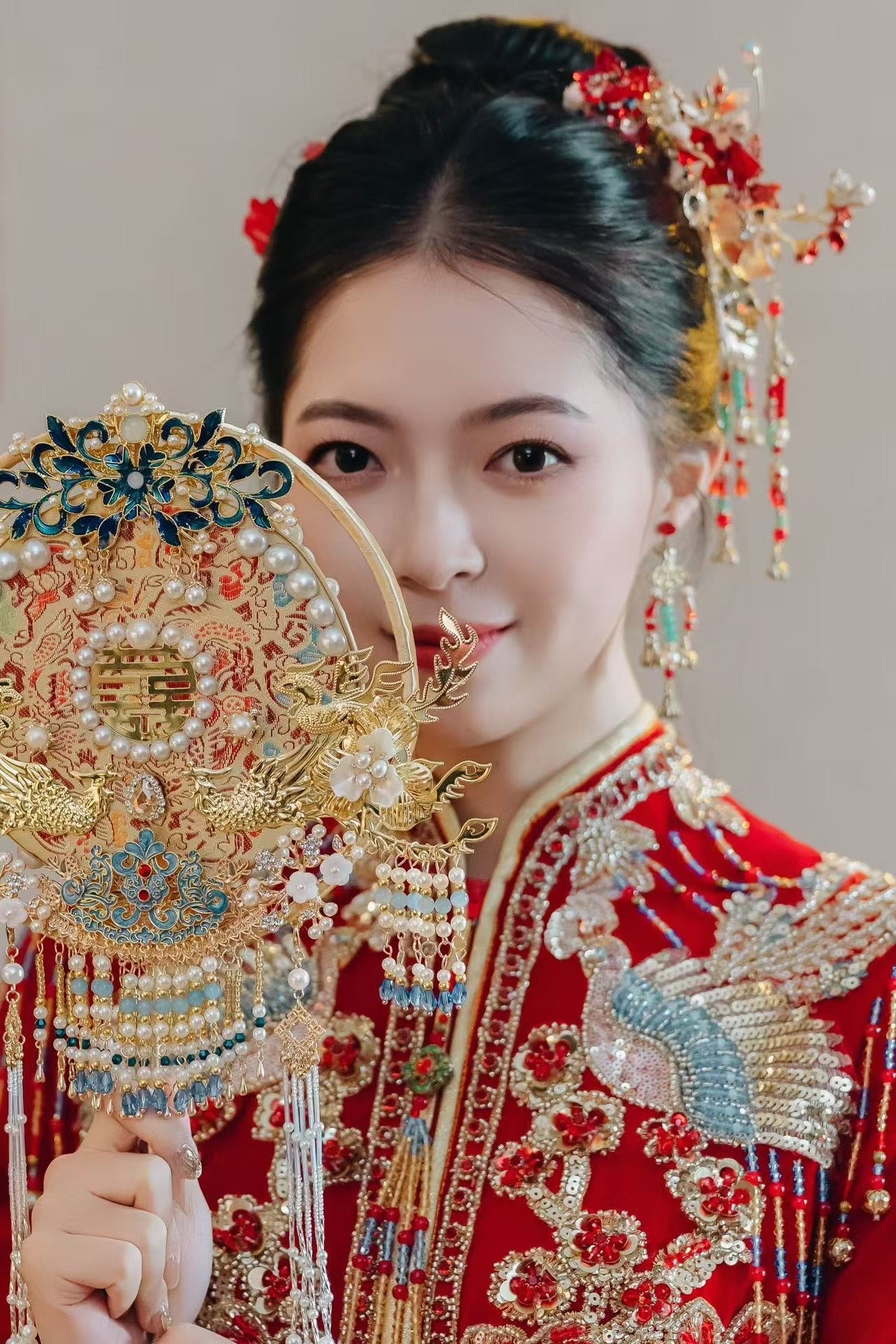
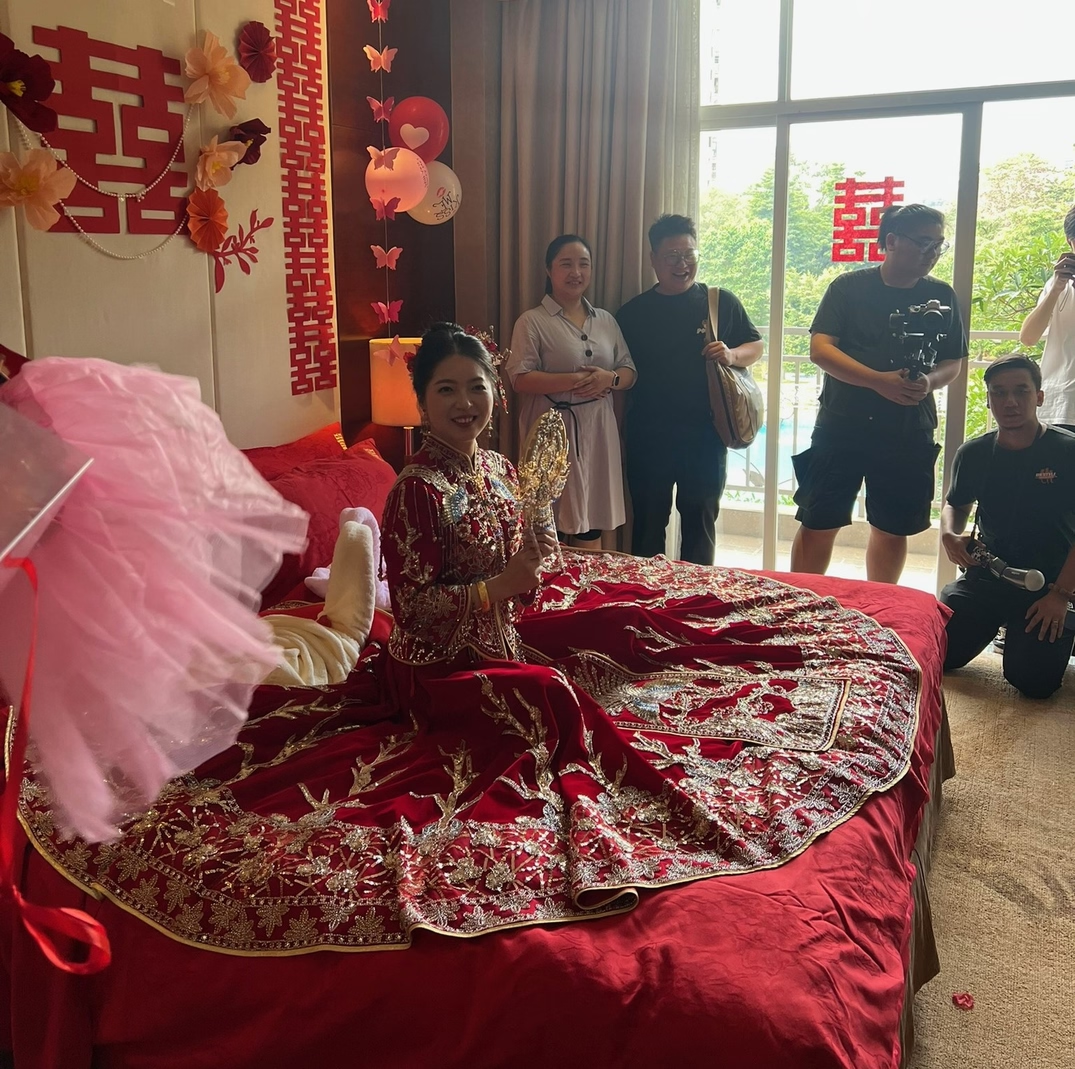

以扇遮面 (yǐ shàn zhē miàn) - Hidden behind the fan
Entering the bride's room, 30 - 40 people crowded around the bed and spilled out onto the balcony and back into the bathroom. It was shoulder-to-shoulder. Dressed in red and gold, she sat on a bed decorated similarly to An Chuang style. She looked beautiful and held a fancy, decorative fan made by her sister with what looked from a distance to be painstaking quality (shown in the above images). She hid her face behind it, a modern version of a tradition meant to show modesty and elegance. Hired photographers and videographers (and everyone else) were taking pictures and videos as my brother-in-law entered to see her dressed up for the first time. A picture of this is on the banner for this post back at the top, but here is that one without my annoyingly obstructive blog title:
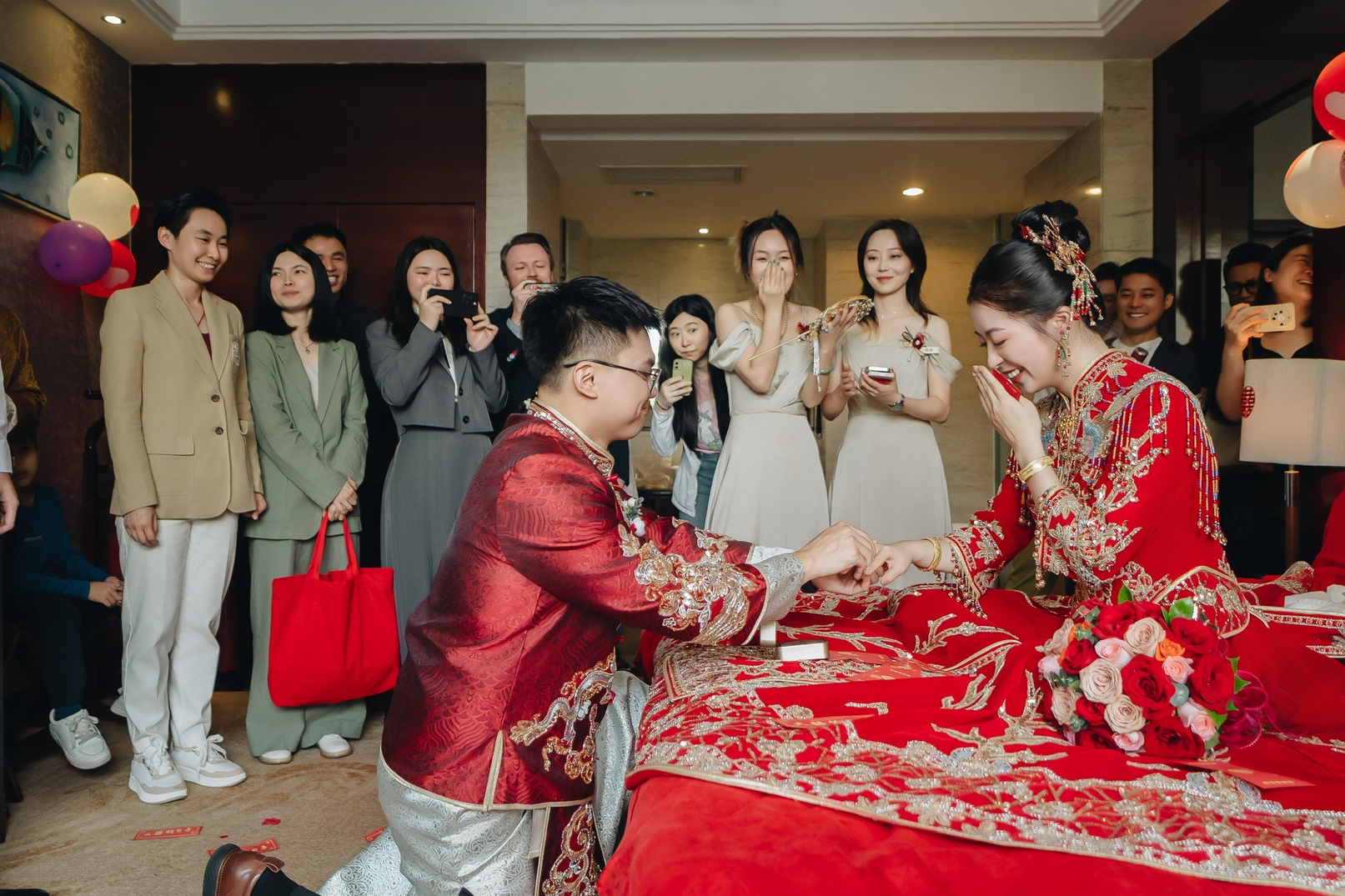

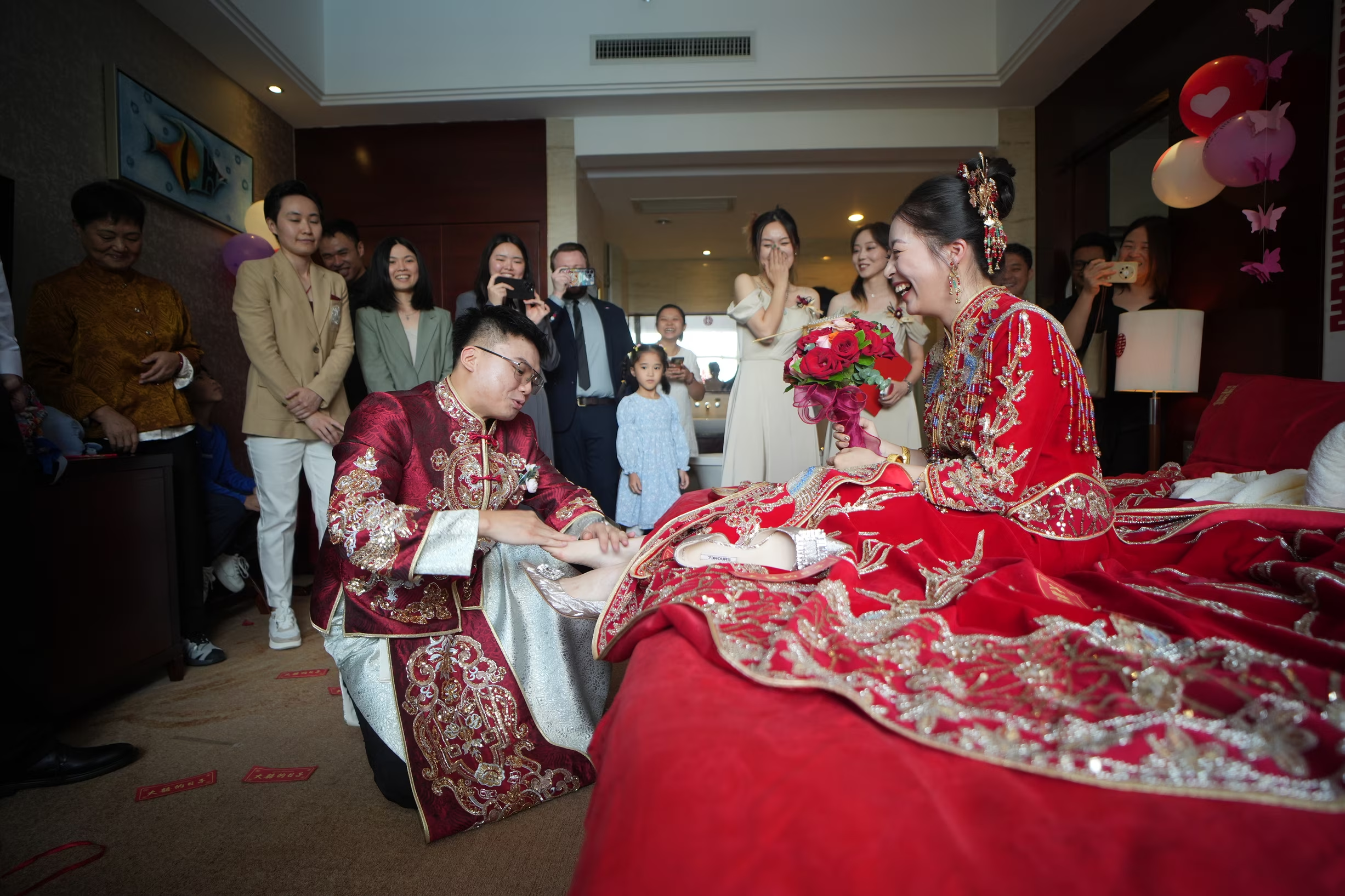
More 闯关 (chuǎng guān) - Finding the slippers
As everyone settled in, they began playing contemporary games, such as the groom and his friends catching money from a money gun using chopsticks. Finally, we played a traditional game of hide-and-seek with the bride's shoes, hidden before we arrived. These could be anywhere in the hotel room, and we employed many strategies to find them, like bribing the children again for clues. Luckily, one kid gave in and informed us of a slipper hidden in the ceiling's AC vent, which required the removal of the grate. Next, we lifted the entire glass bathtub off the floor after noticing how loose it was, revealing the second slipper in a Ziploc bag taped to the bottom of the tub in a secret alcove.
Victorious, the groom placed the slippers on the bride's feet, lifted her from the bed, and carried her away (but he gave up at the elevator, and she walked the rest of the way 😂). Symbolically, this was the stage when the bride transitions to join the groom's family, so there was another momentary, somber tone in the air. People made lines from the entrance to their valet to shower them with confetti and balloons. They loaded into the back of the appropriately red-leathered Maserati and led our wedding procession home. No one got lost this time!!
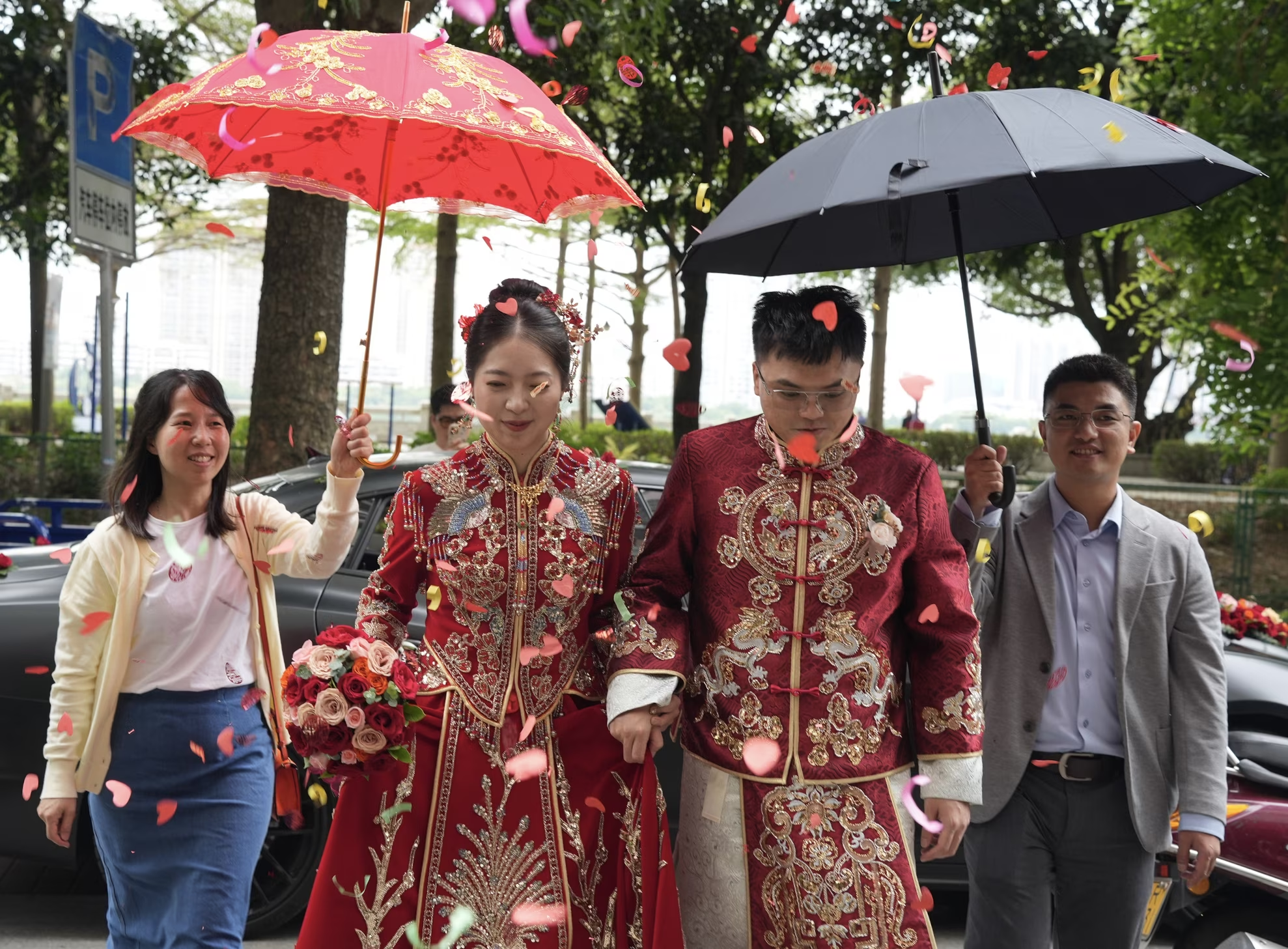
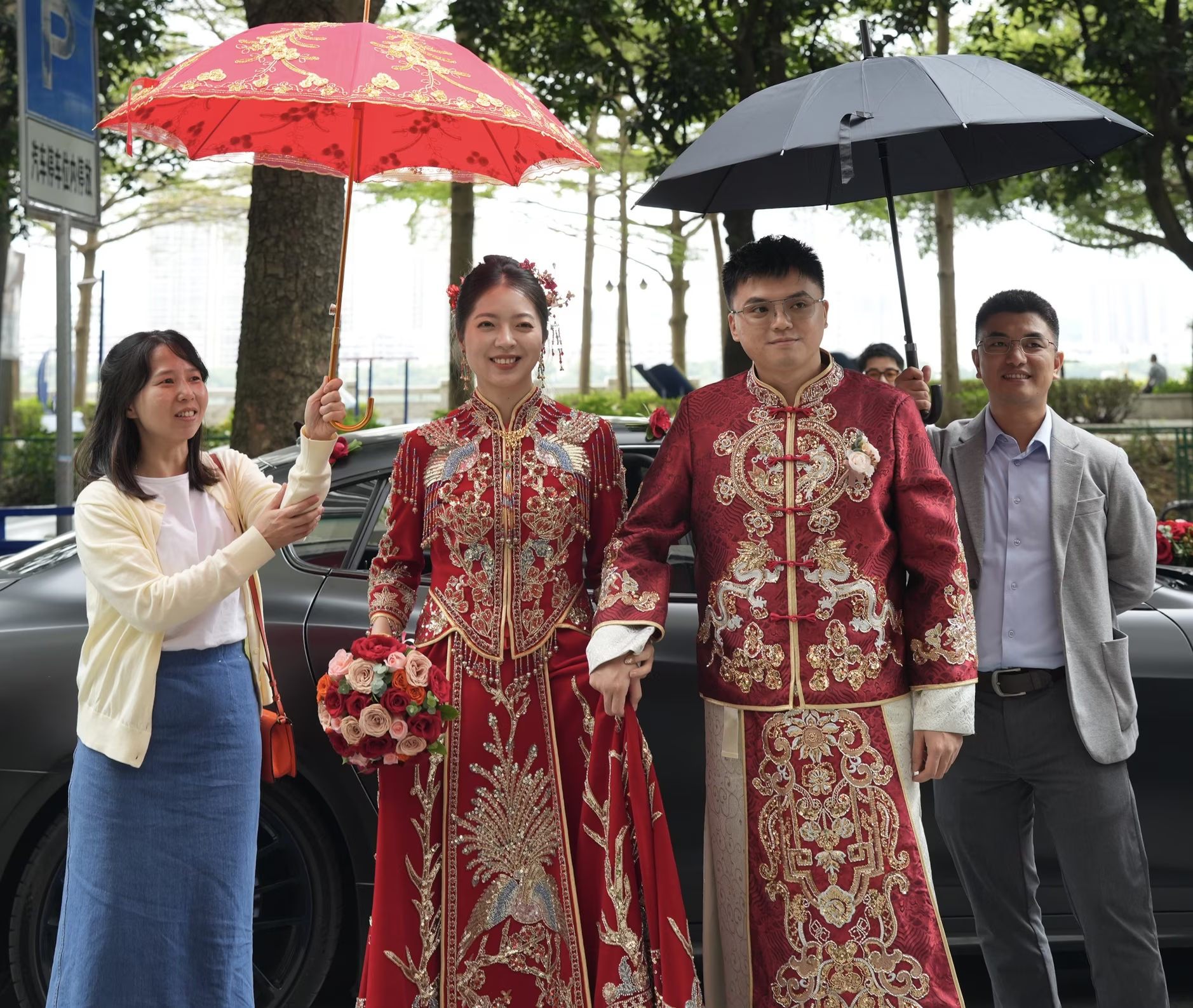
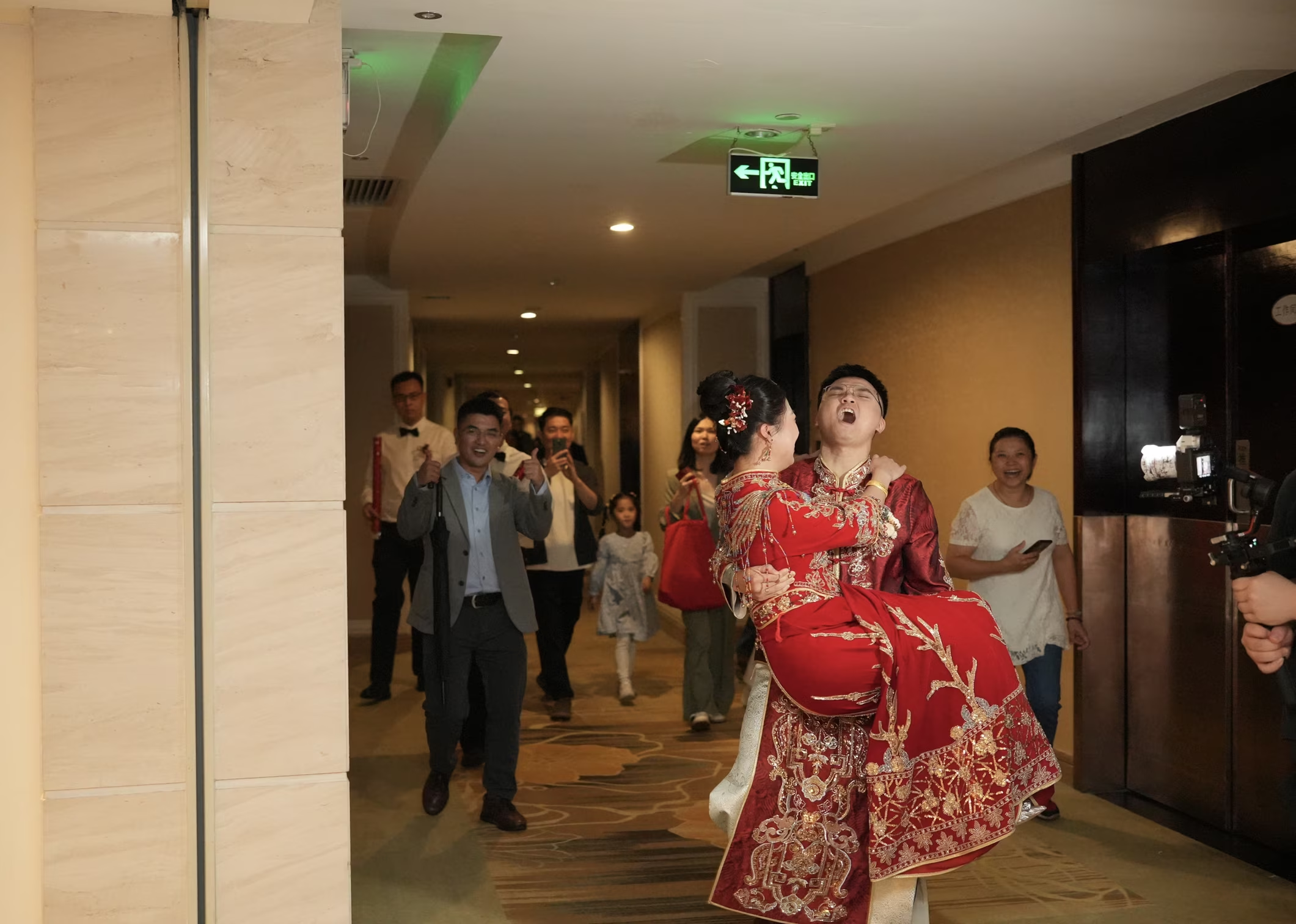
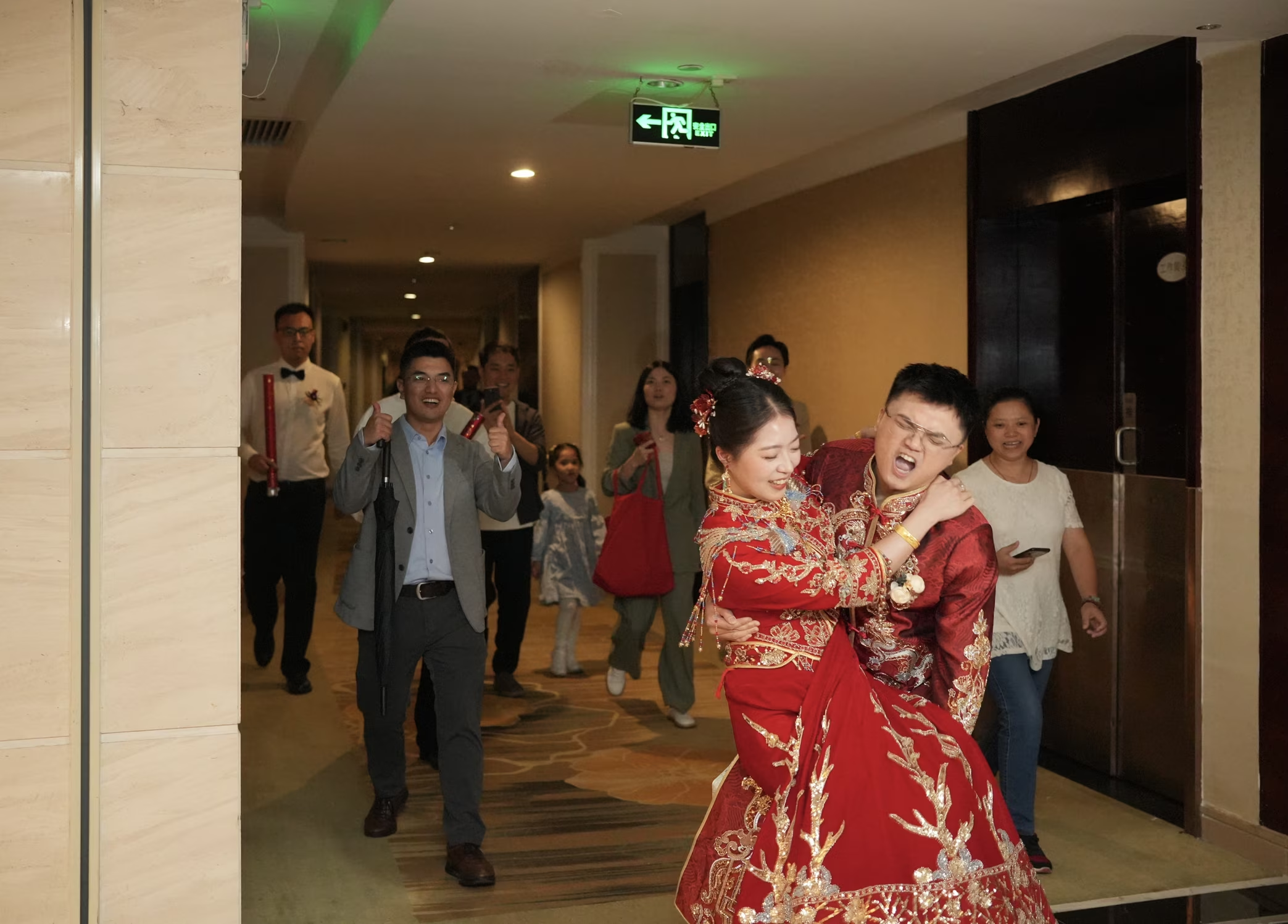
敬茶 (jìng chá) - Wedding tea-serving ceremony
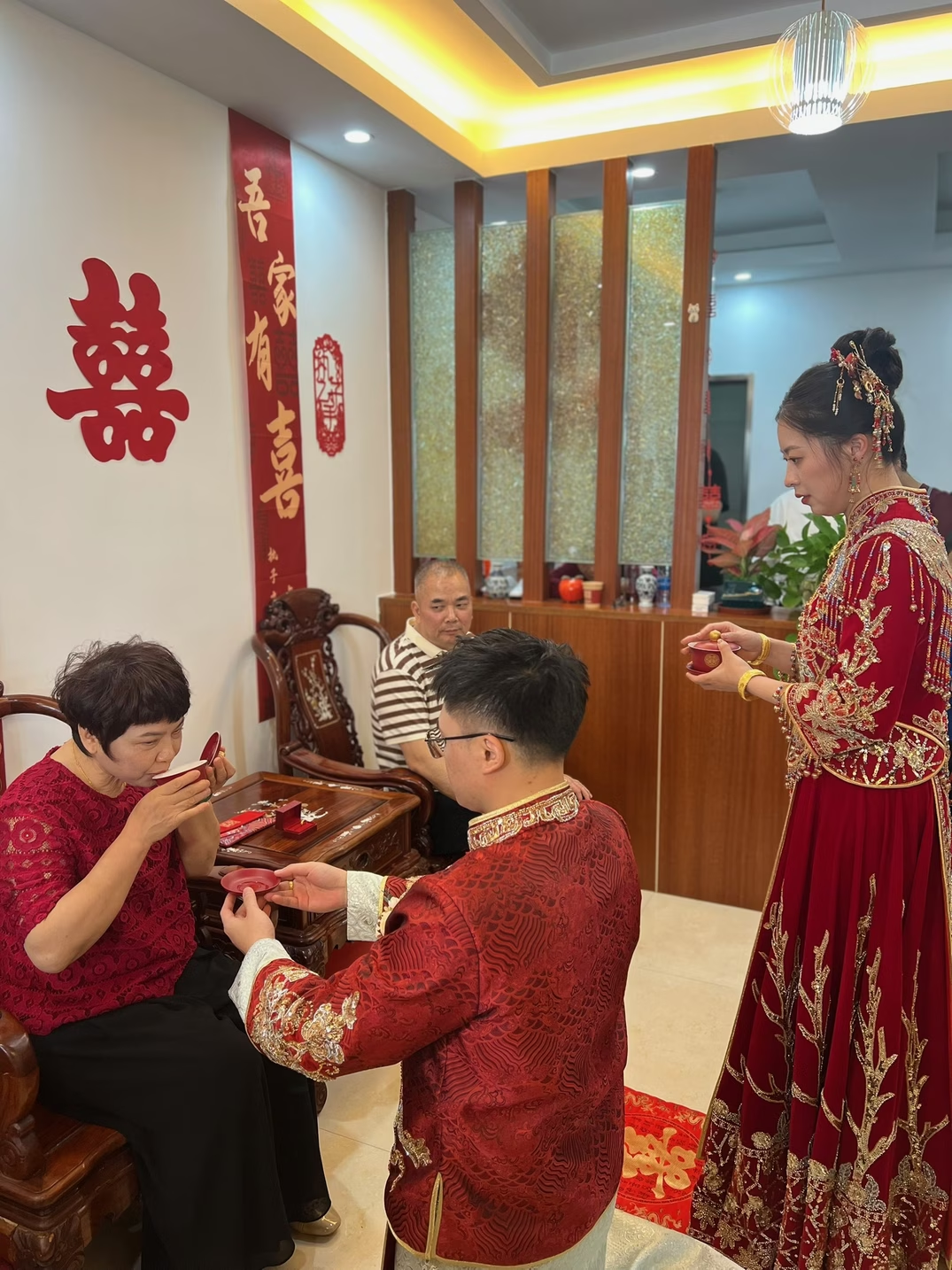
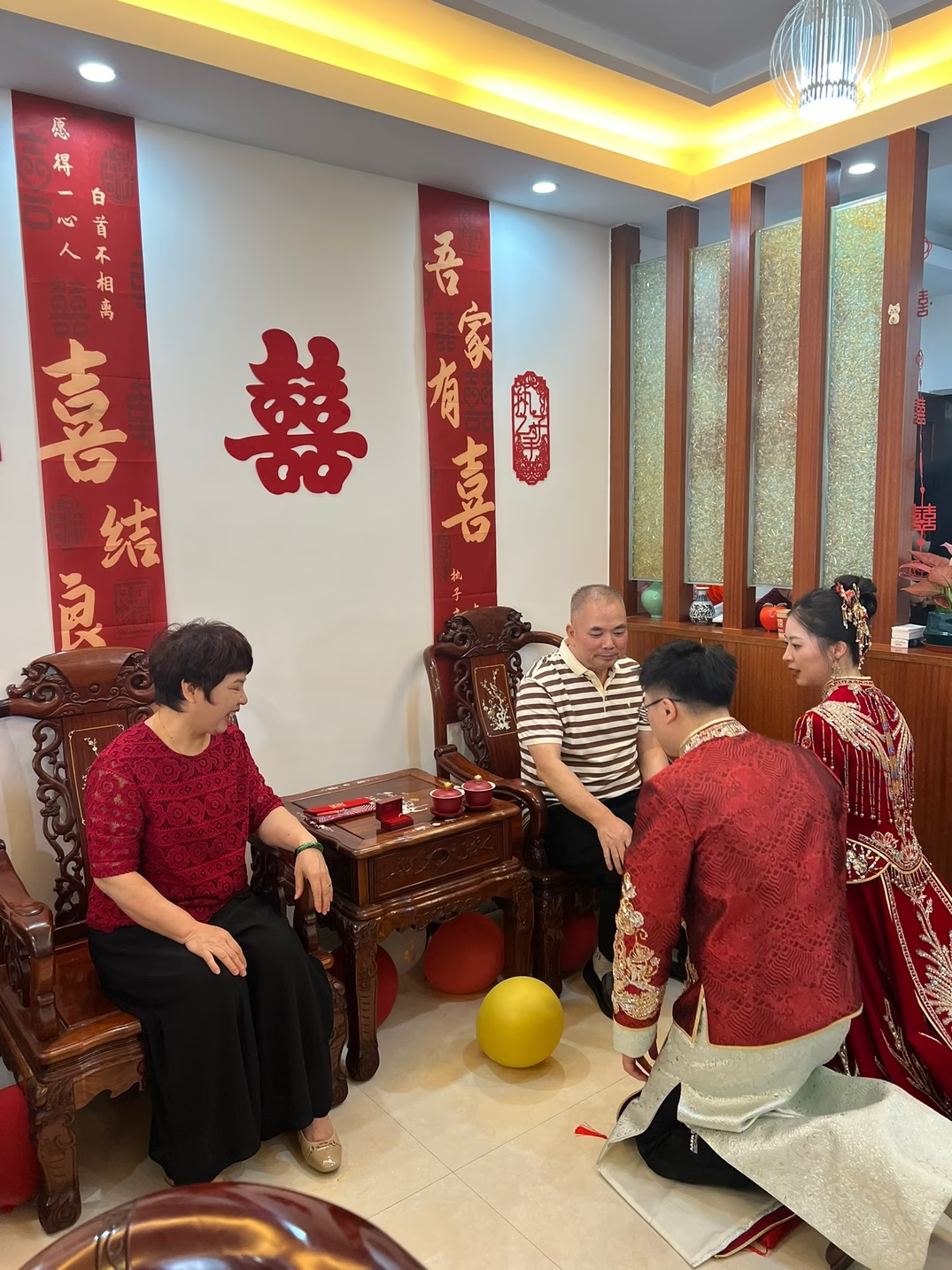
My in-laws were still waiting in the apartment to receive the bride with a fully prepared lunch and traditional tea ceremony called 敬茶 (jìng chá). Who would serve the tea 🫖? The bride and groom! According to tradition, the groom and bride have special cups that they kneel and offer to the older members of the family. For kneeling, they even had special pillows for their knees. The meaning behind this tradition was to show respect and gratitude to the family and celebrate the joining of two families. In this case, that meant serving tea to my in-laws, my mother-in-law's brother and his wife, my father-in-law's SEVEN siblings and their spouses, and the parents, aunts, and uncles of the bride's family. Everyone gathered around to witness each pair of elders take turns being served and offering blessings and words of wisdom in thanks.
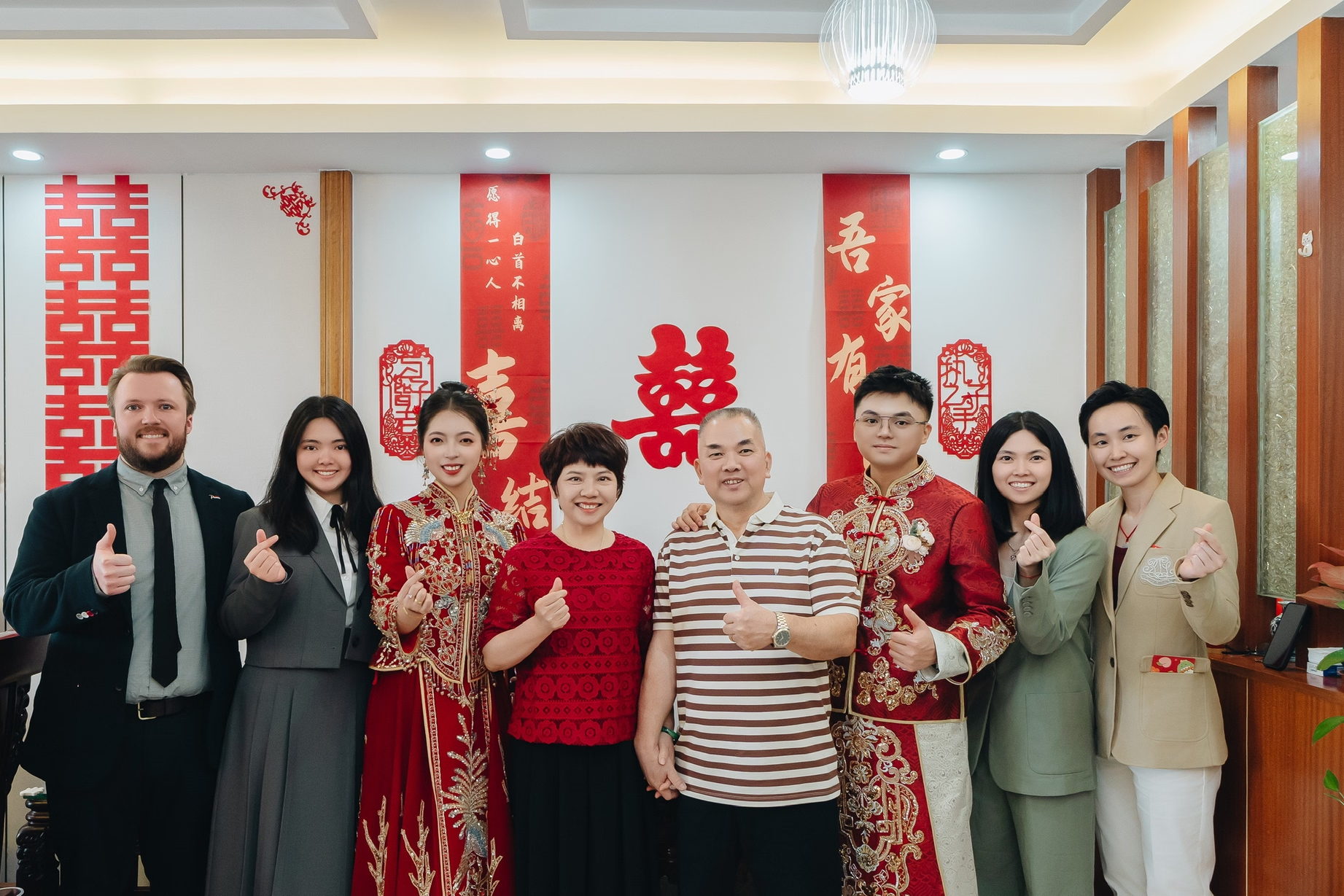
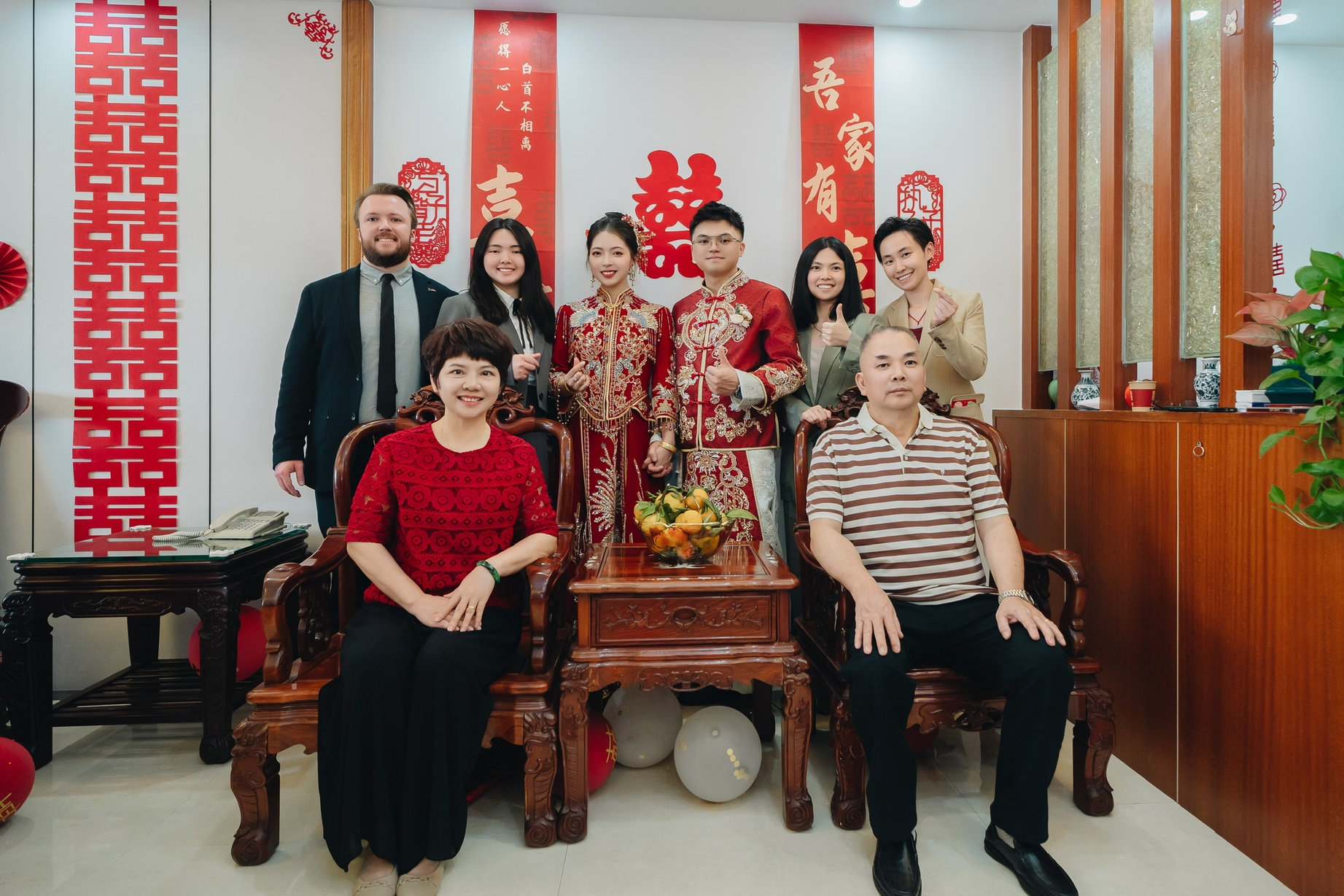
Don't sweep the luck away
My next encounter with a Chinese wedding custom was less of an event and more of me getting in trouble 😅. After lunch, the guests left to take a break before reconvening that evening at the dinner wedding venue. The floor was extremely dirty, so I began cleaning up as anyone naturally would, but quickly and politely, I was ordered to stop. Apparently, cleaning anything on the wedding day symbolizes washing away all of the family's luck and prosperity — more on this later.
Wedding Night
Come nightfall, several younger members of the family, Jiayi's cousins, siblings, and I, were still hanging out at the apartment having coffee when it was time to head to the wedding dinner. We made our way there on foot while the rest of the family left earlier to prepare, including the bride and groom. Outside, a photo booth built by the hotel decorated the entrance, and everyone pulled up and had their picture taken by the photographers. Inside, Jiayi's mother and father explained to the siblings and me that we, the groom, bride, and their immediate family, had to stand and greet everyone entering. Our job entailed taking photo shoots with the people arriving, talking with and walking them inside, and, as the only foreigner there, I had to field many questions on where I was from, why I was there, and about the US in general.
The venue was a large hotel ballroom with capacity for roughly 500 people, and we nearly filled the entire thing between both families and all of the friends that attended! I was shocked to see how many people were there. Greeting the incoming guests lasted over an hour, including photo shoots and a few deeper conversations with Jiayi's close relatives and friends who were meeting me for the first time.
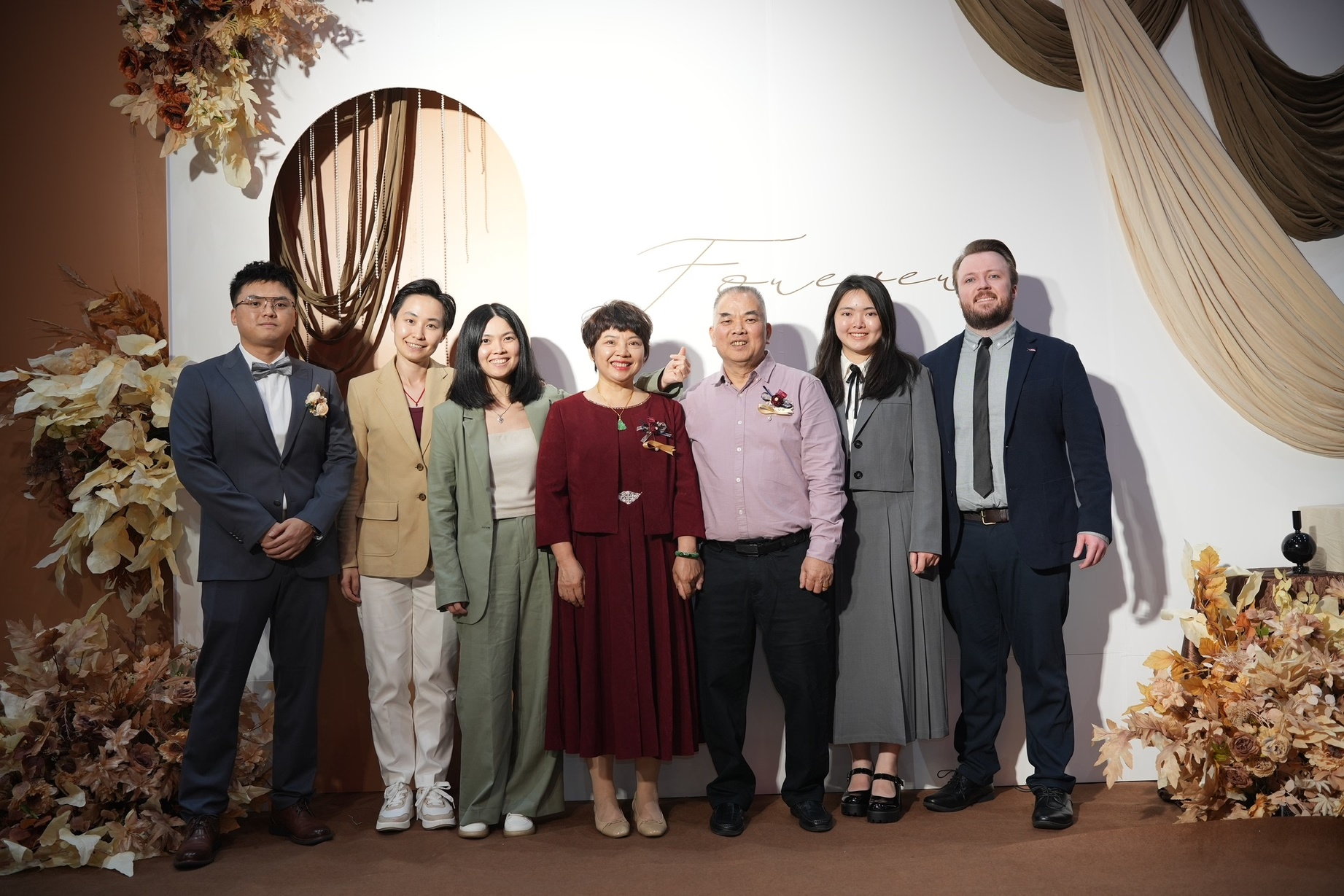
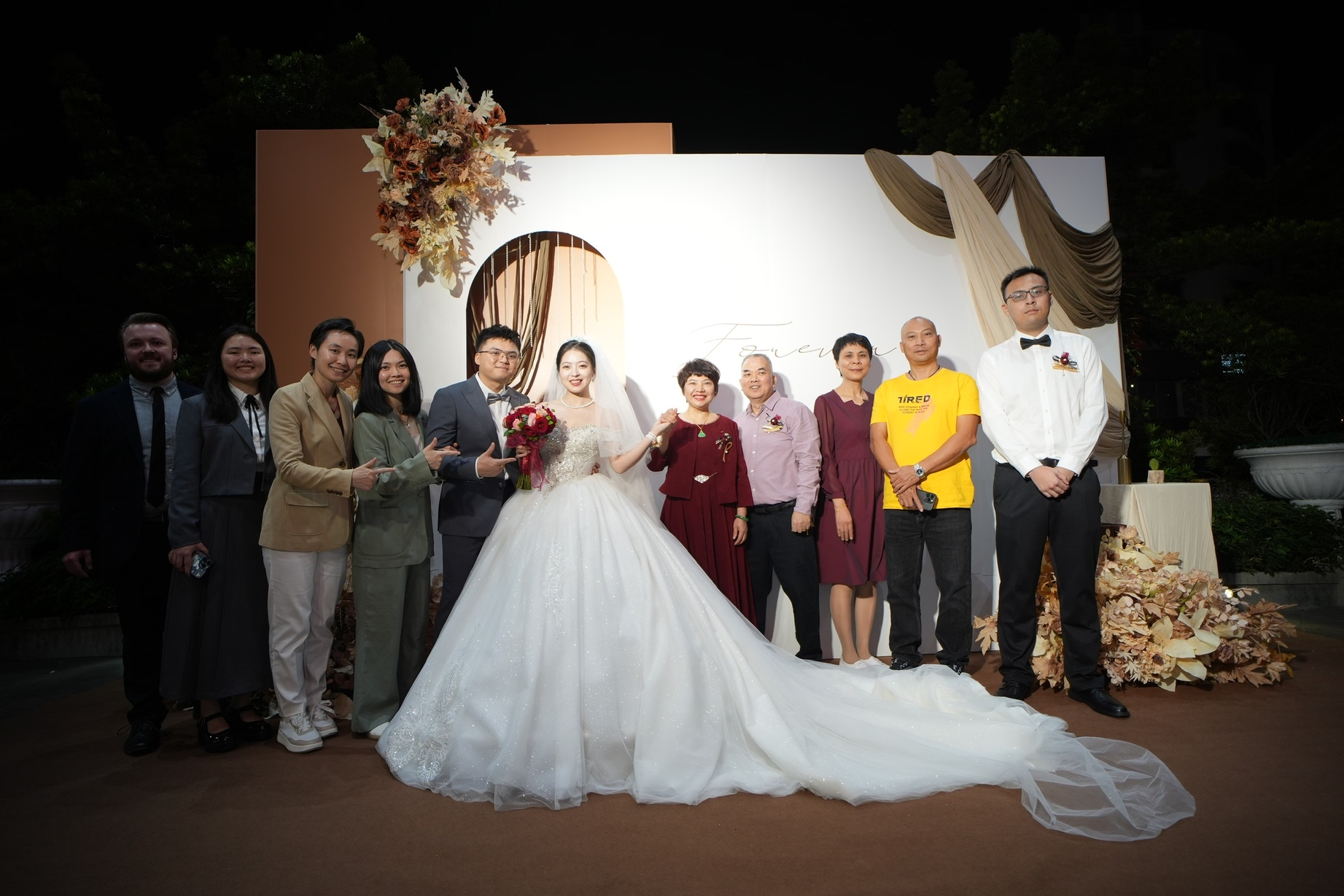
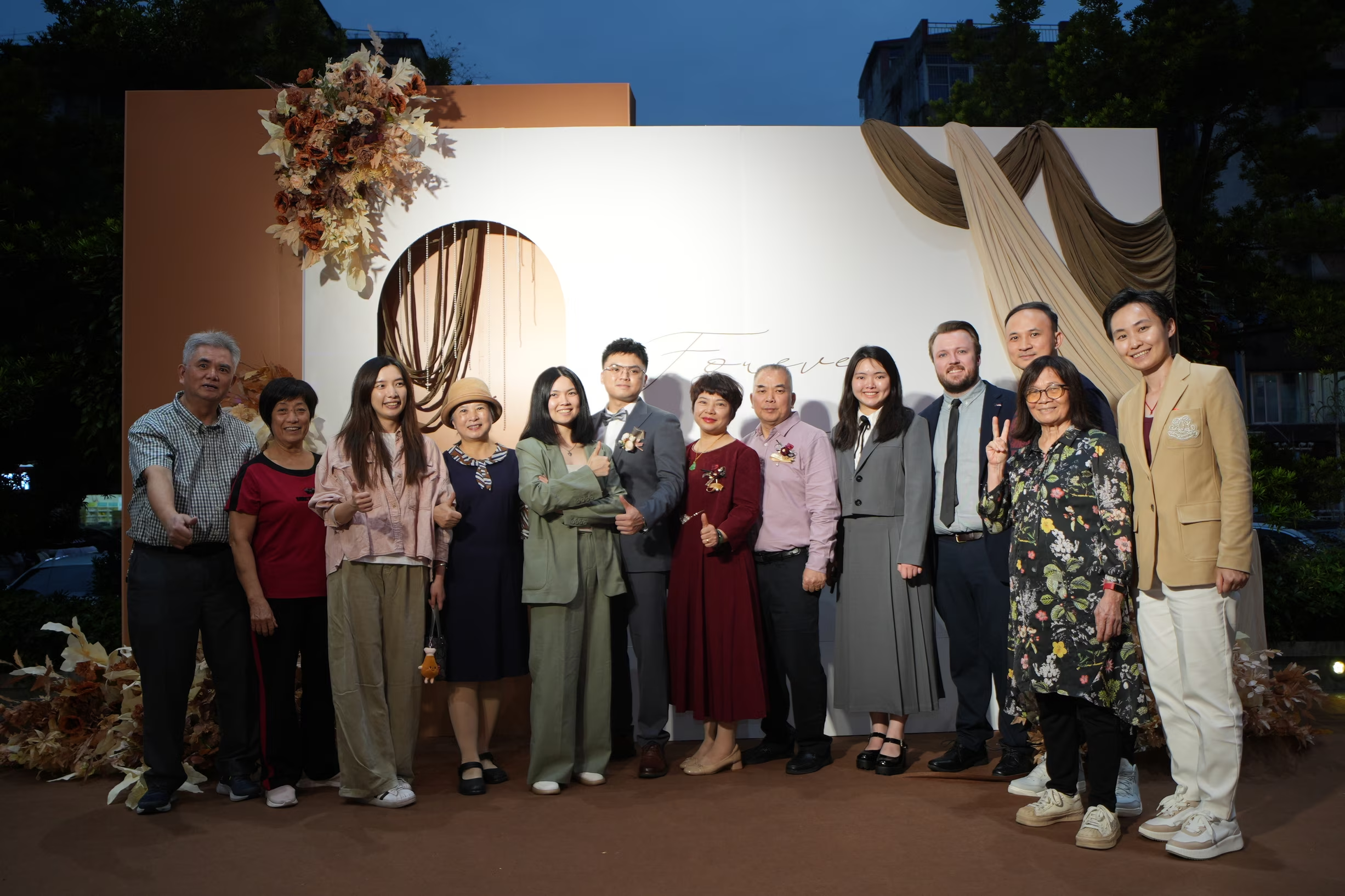
The ceremony
Once it was time for the ceremony to begin, everyone took their assigned seats. On one side of the aisle, the bride's family and friends sat with the bride's parents at the first table from the stage. Jiayi's immediate family and I sat at the first table as well, on the opposite side of the aisle. Moving away from the stage, each of Jiayi's father's SEVEN siblings had their own table with 12 - 15 people at each.
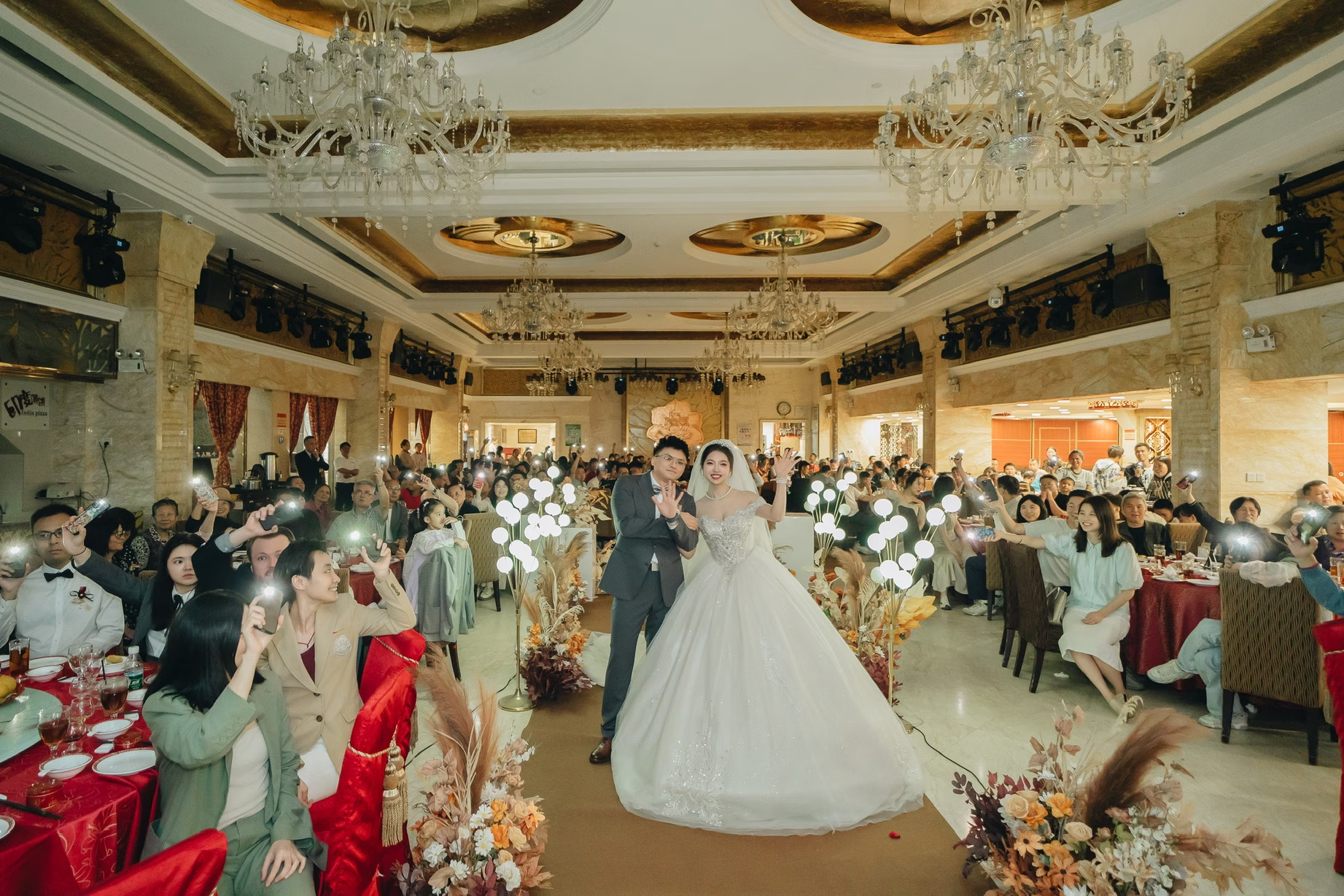
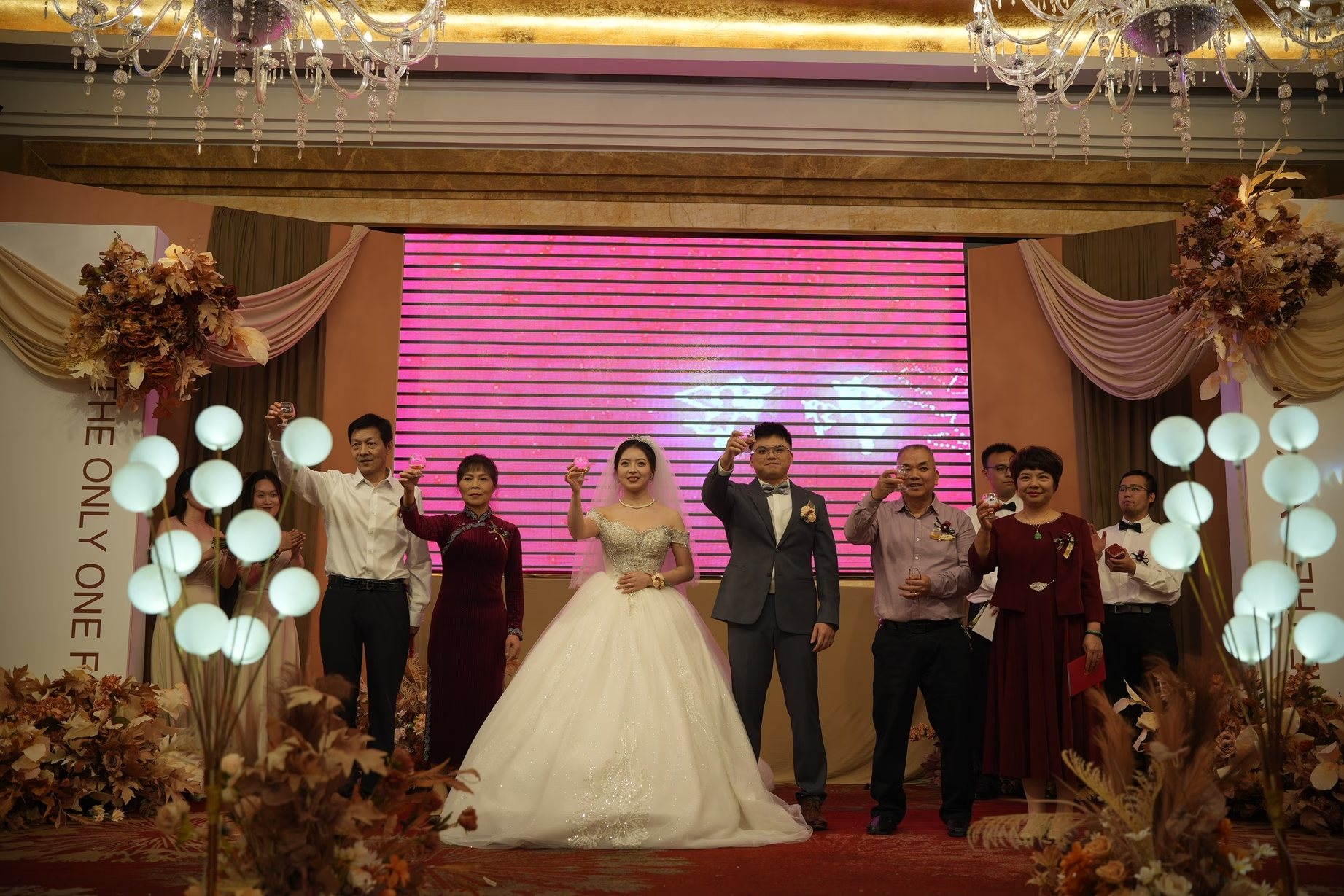
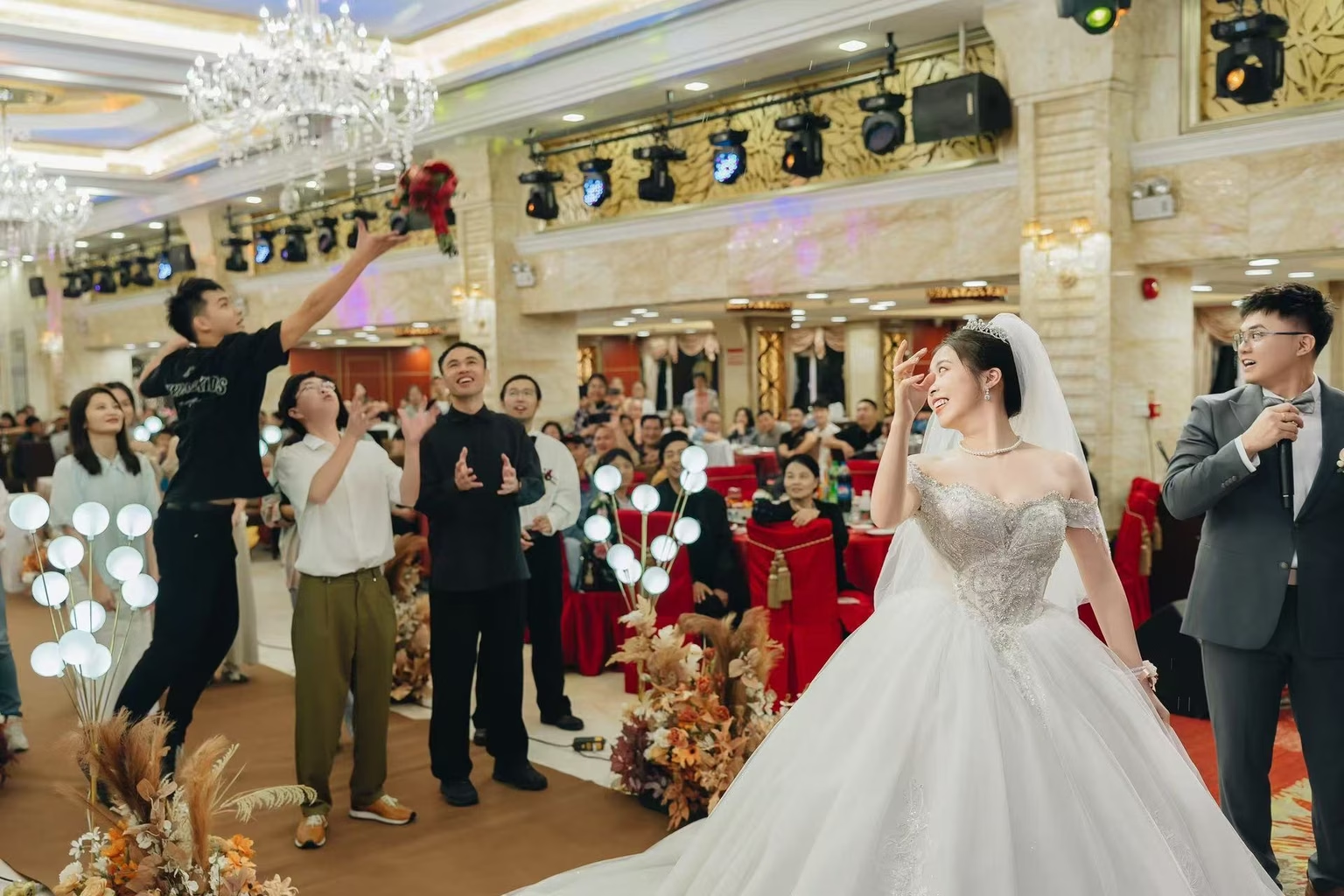
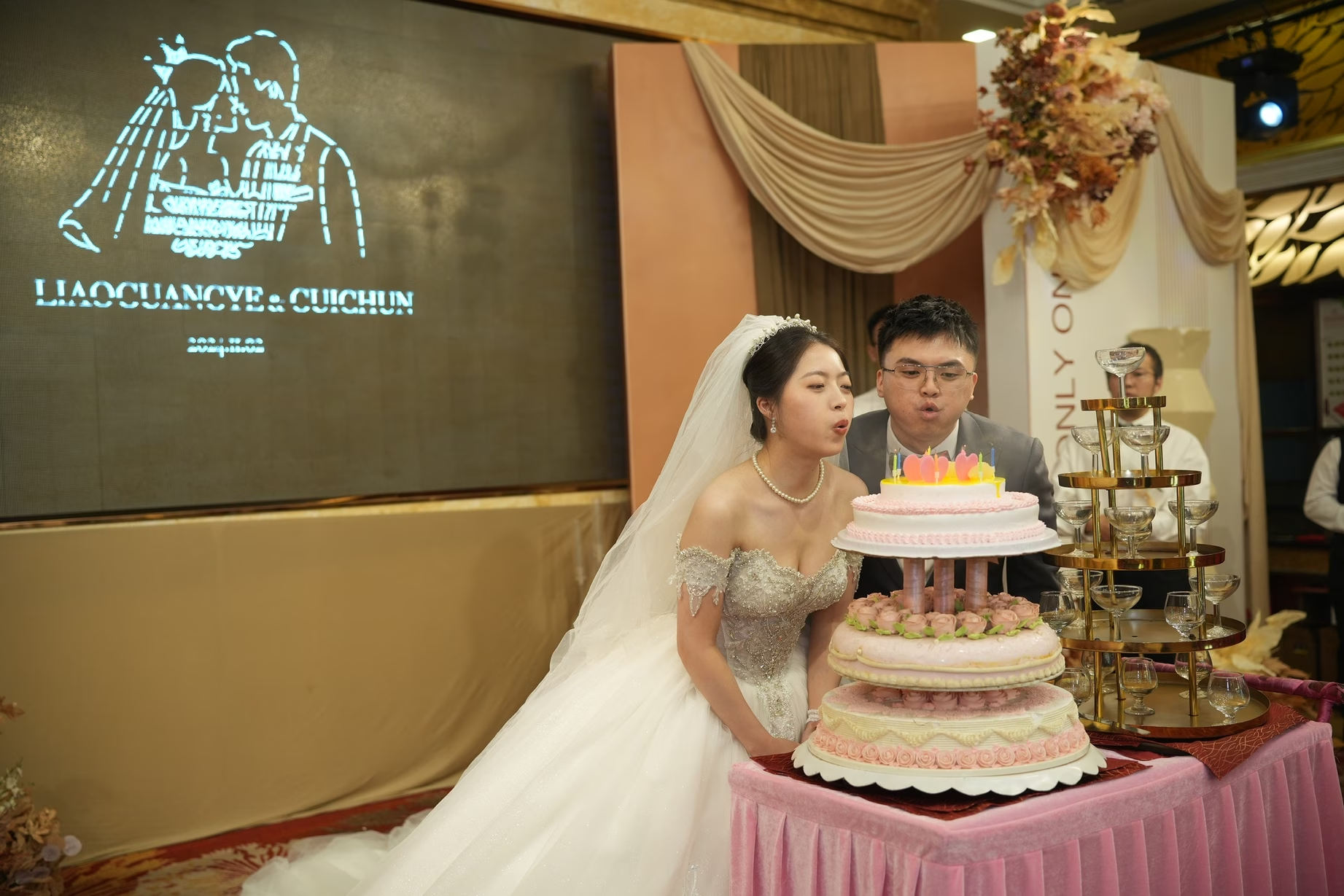
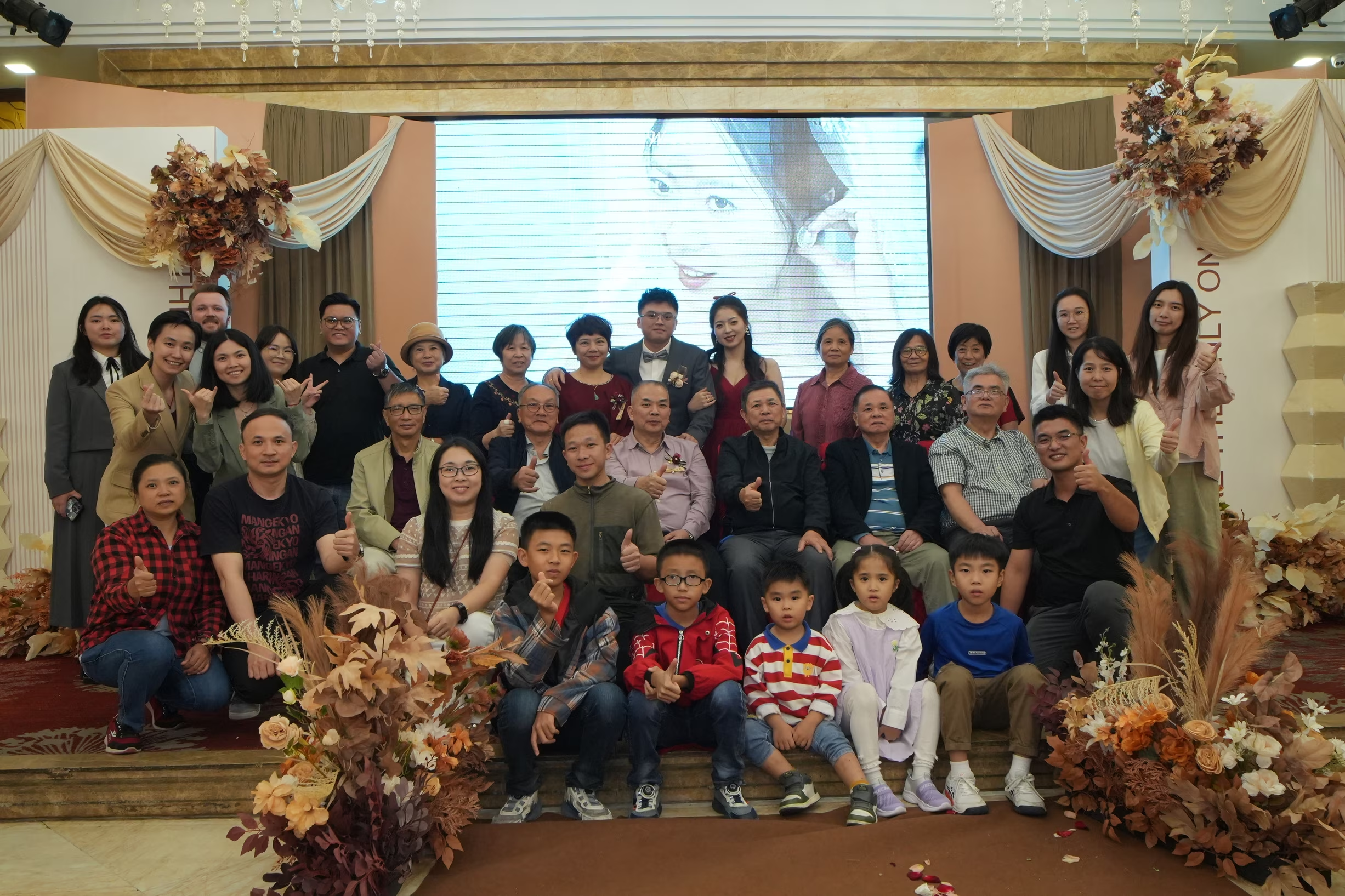

This part of the wedding was quite similar to our Western counterpart. The groom was at the front, and the bride's father walked her down the aisle. They gave memorized vows, wore Western-style dress clothes, and even tossed the bouquet for the young guys there to try and catch. The one who pulled it off sprinted back to his table, presented it to his girlfriend, and gave a short speech about wanting to get married.
After the bride and groom finished, each of their parents got up on stage and gave what I assume were nice speeches (they weren't in English so I didn't understand). Jiayi's dad is a pretty relaxed guy, so I think his speech was informal and funny based on the crowd's laughter.
Toasting every table
We ate dinner catered by the hotel consisting of various traditional Chinese dishes. Halfway through, the groom and bride's families asked us to rise and carry around brandy and scotch to every table. We talked with them, drank shots with them in cheers 🍻, and thanked them for attending. Given the number of people present, there were lots of tables, meaning lots of toasts and shots - like 30! I faked all but one of these to avoid getting plastered, but not everyone followed suit 😂. There isn't an official term for this tradition, but 巡桌敬酒 (xún zhuō jìng jiǔ) describes the act of making a round of toasts at each table. Here we are toasting the first of many tables (which was our table), featuring the back of my head:

Don't wash the luck alway
Until now, I haven't mentioned customs around gifts given to guests and family members. In China, smoking is still prevalent, and it is common to gift alcohol and cigarettes. For weddings, they have special cigarettes packaged in red and gold given to all guests. The reason I bring this up now, however, is that smoking indoors is also common, and everyone was doing so to celebrate this wedding. Luckily, the tables closest to ours hadn't smoked as much, but while we were toasting, we encountered more than a few lingering smoke clouds. The significance of this goes back to how cleaning during the wedding day is bad luck. Therefore, after wrapping up the ceremony and seeing everyone out, we were ordered not to wash our hair at home despite the clinging smell of cigarette smoke! Here is what those gift cigarettes look like:

All the siblings, especially Jiayi, fought against this, and my in-laws relented, compromising by allowing the girls (just the bride and Jiayi, Jiayi's sister escaped 😂) to book a late-night hair wash at a salon. For some reason, they caved for the guys and said we could wash at home 🤷♂️ but wouldn't permit the girls to wash out their good luck in the family home.
Altogether, my first experience of a Chinese wedding was enlightening. Jiayi's parents want us to have one in the future since we never had a Chinese ceremony, but we aren't sure when that will happen. Seeing and meeting so many family members is always a great time. Though it was my first time meeting most of them, everyone was warm and welcoming. Once again, congratulations to my brother-in-law and his wife!
Post-wedding travels through the Pearl River Delta
After the wedding, we decided to take a nice family trip with everyone. For our second week, we traveled a circle around the Pearl River Delta, hitting every major city, including Guangzhou, Foshan, Macau, Hong Kong, and Shenzhen, in that order. Macau and Hong Kong are separate from China as SARs (special administrative regions), so I had to pass through exit/entry immigration procedures between each and when reentering China. To enter Macau, we took a bullet train to Zhuhai and walked through a land immigration border, which was a first!
Macau is famous for casinos, but the main island is filled with old Portuguese architecture that is stunning from when it was a colony. Of the casinos, I visited the Venetian, Parisian, Londoner, MGM, Wynn for a Chinese zodiac ceiling show, and the famously shaped Lisboa because the building looks crazy! I didn't do any gambling, but seeing the unique architecture and fake Venice was fun.
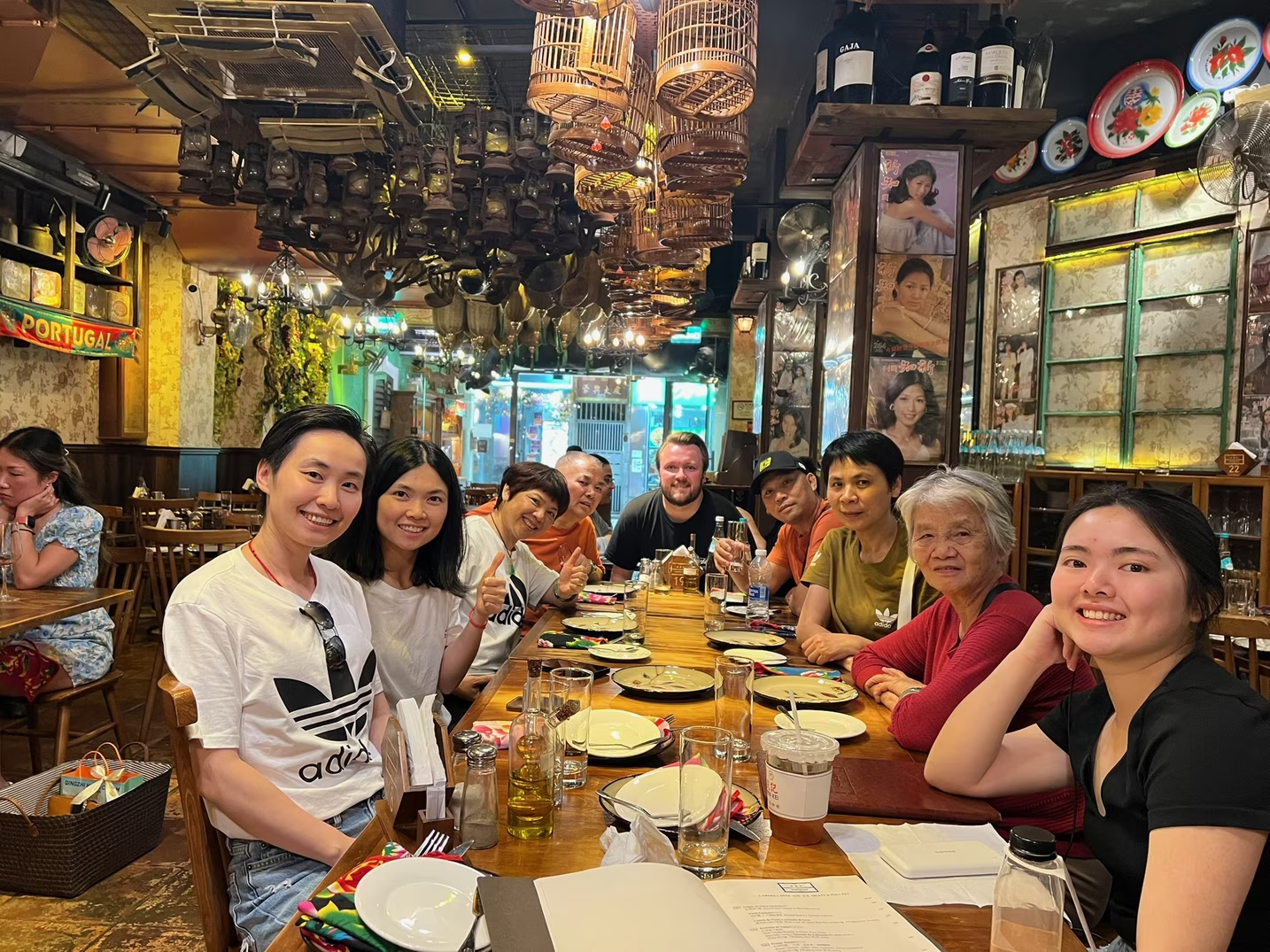
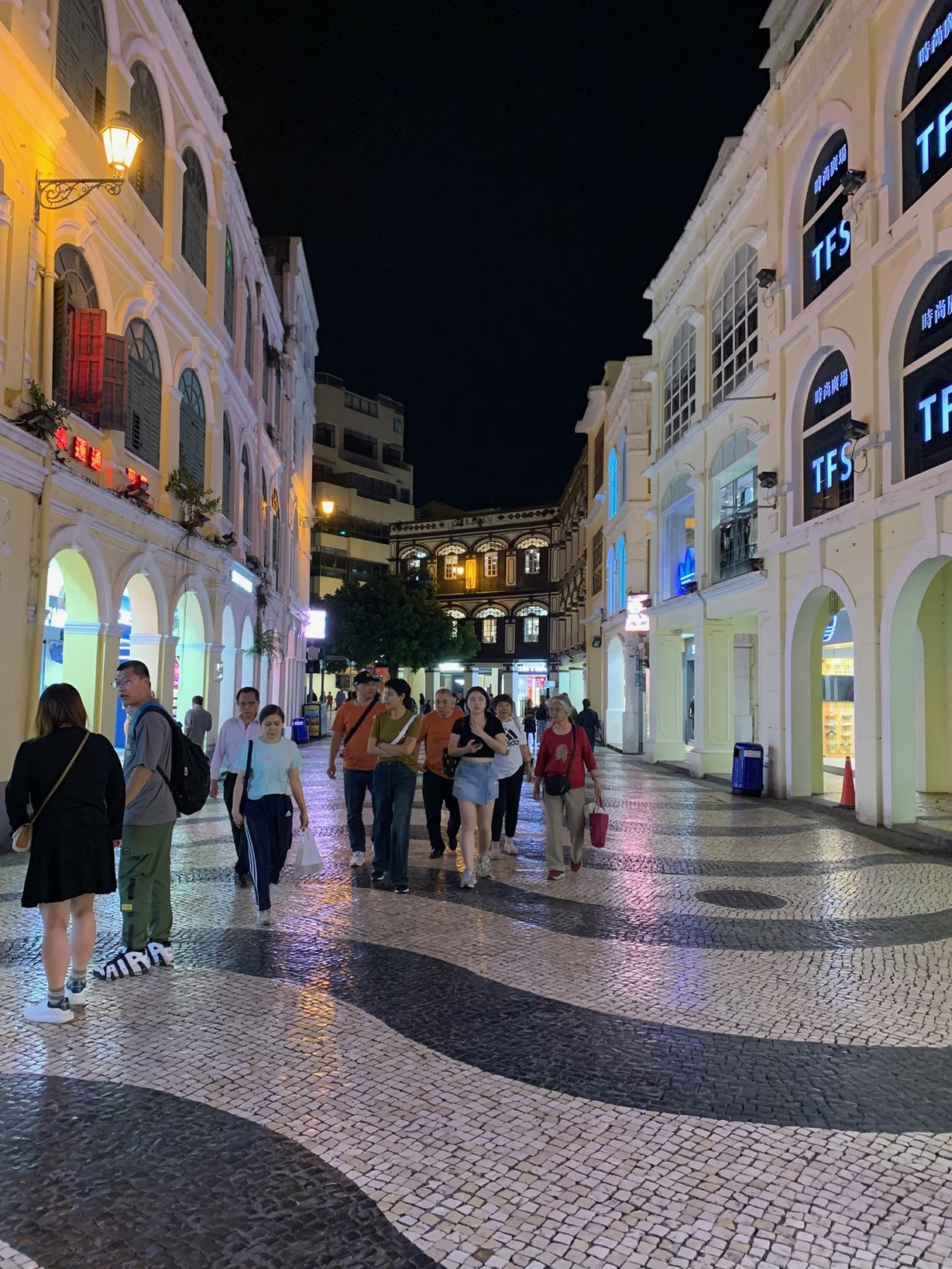
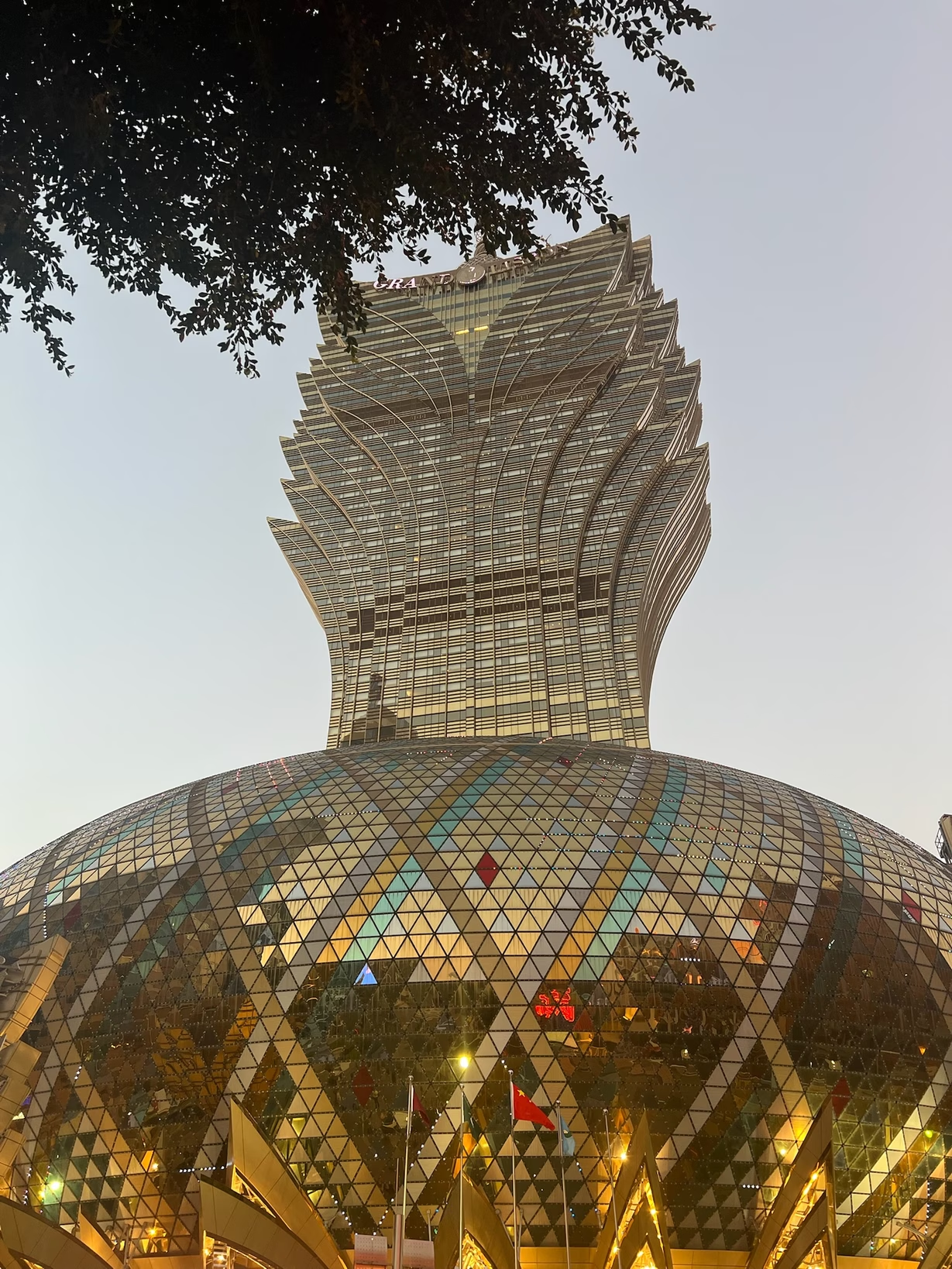
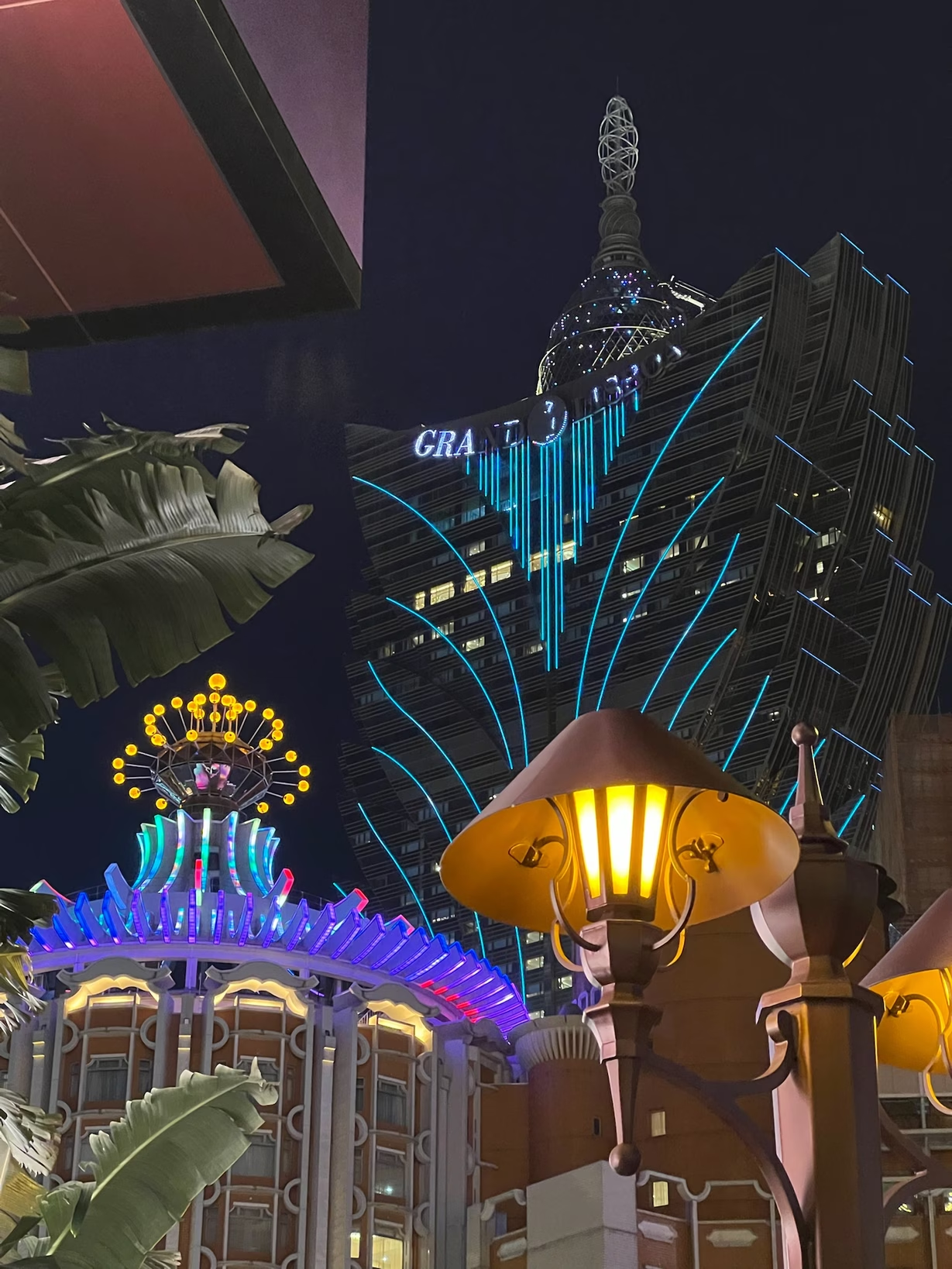
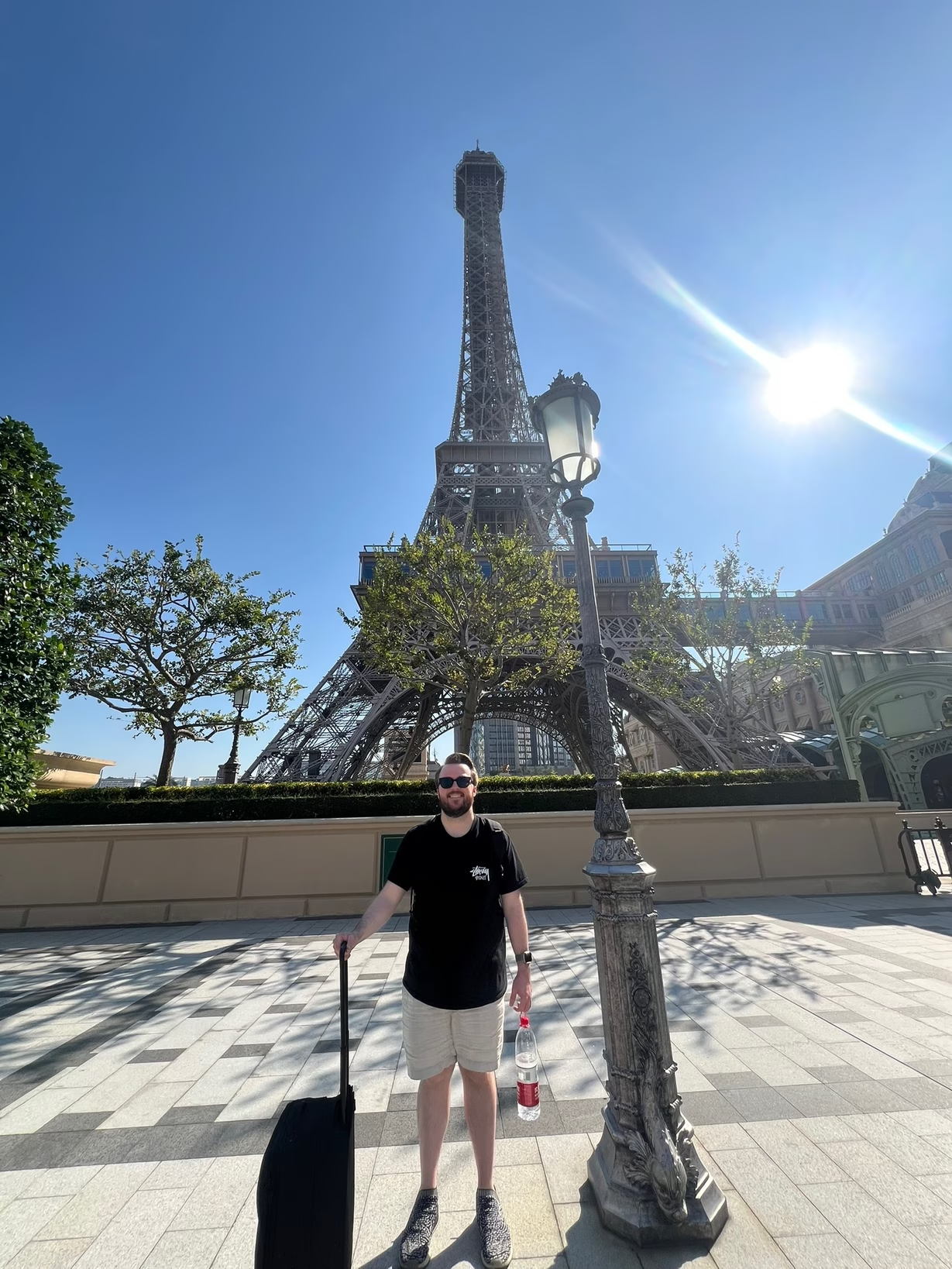
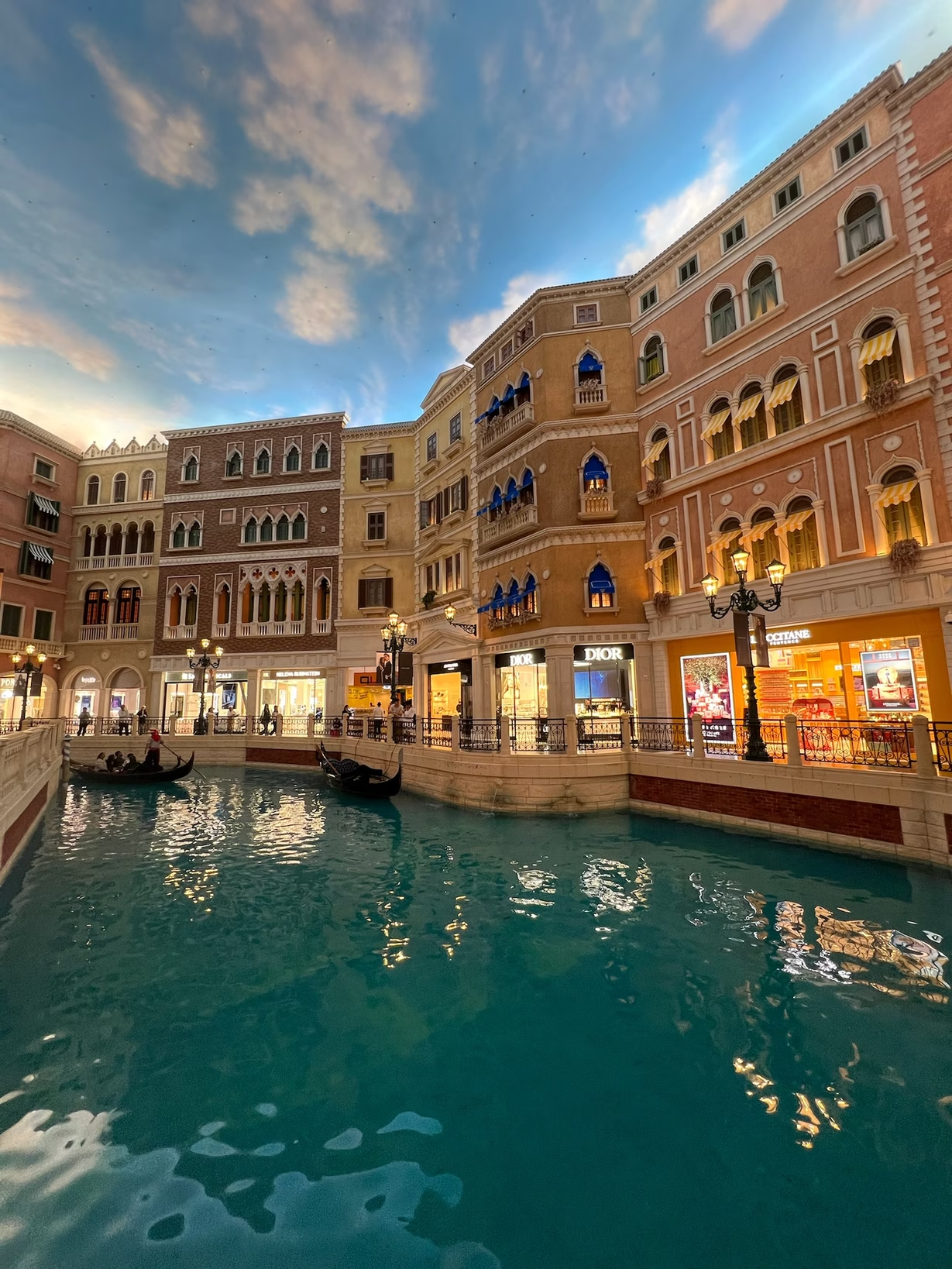
Unfortunately, I got sick on our first evening in Macau and remained so the entire time we were in Hong Kong. Because of this, we didn't do much, missing out on Hong Kong Disney, but had a bit of fun exploring the main streets.
Getting to Hong Kong was honestly my favorite part! I mentioned taking my first (pseudo) international land-crossing, and, going from Macau to Hong Kong, we went through immigration again via ferry, making this my first naval crossing. The boat ride was only an hour long and super smooth. Geographically, Victoria Harbor splits the downtown areas of the city. North of the harbor is the Kowloon side, or the Kowloon peninsula, connected to the mainland. South is Hong Kong island. There are many other islands, like the one Disneyland is on (Lantau Island), but these two make up the largest urban area. We landed on the Hong Kong island side, just a few metro stops from our hotel. I didn't enjoy our 2-day stay much, but the double-decker trams were nice, and there was a massive Don Quixote!
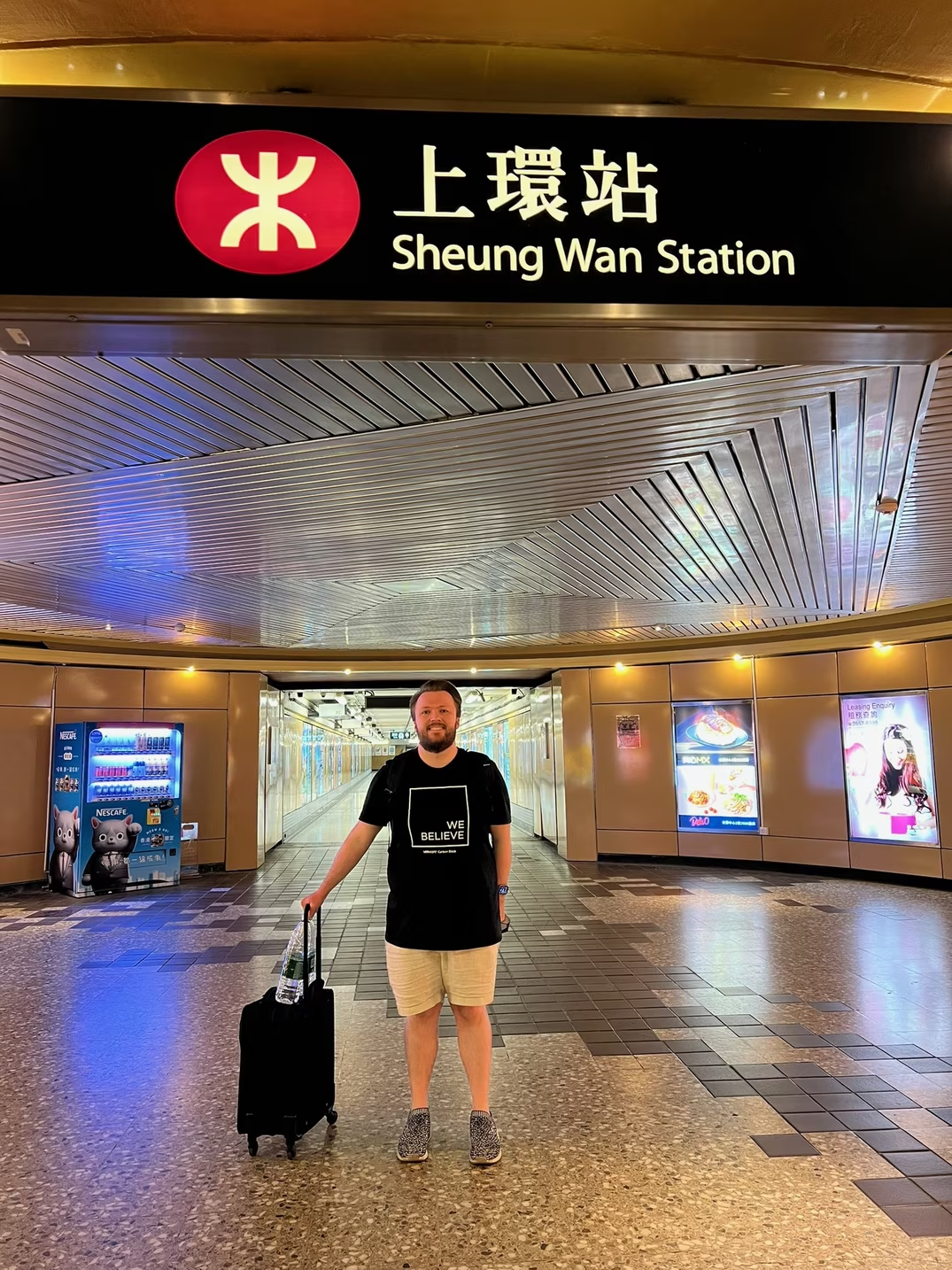
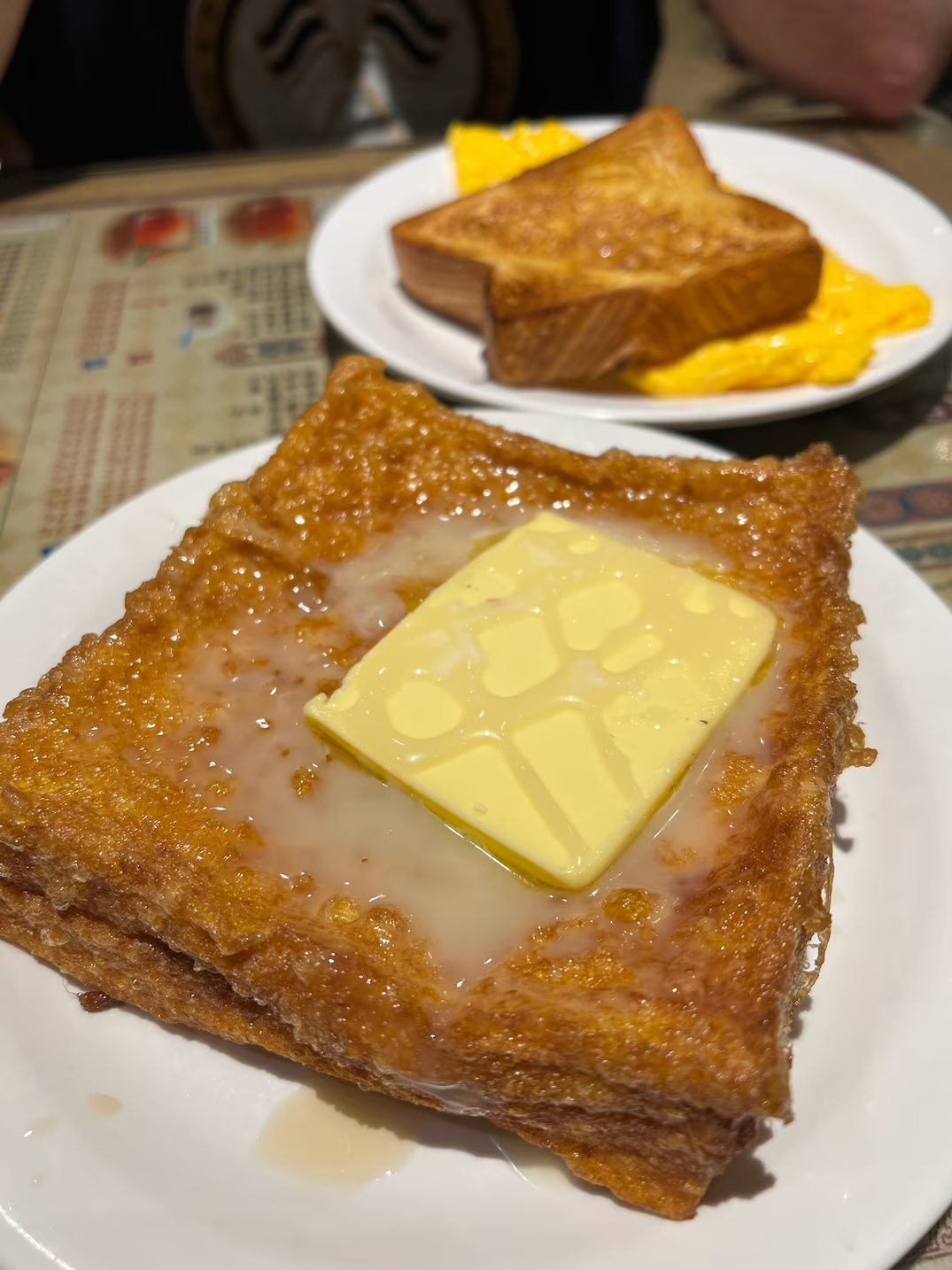
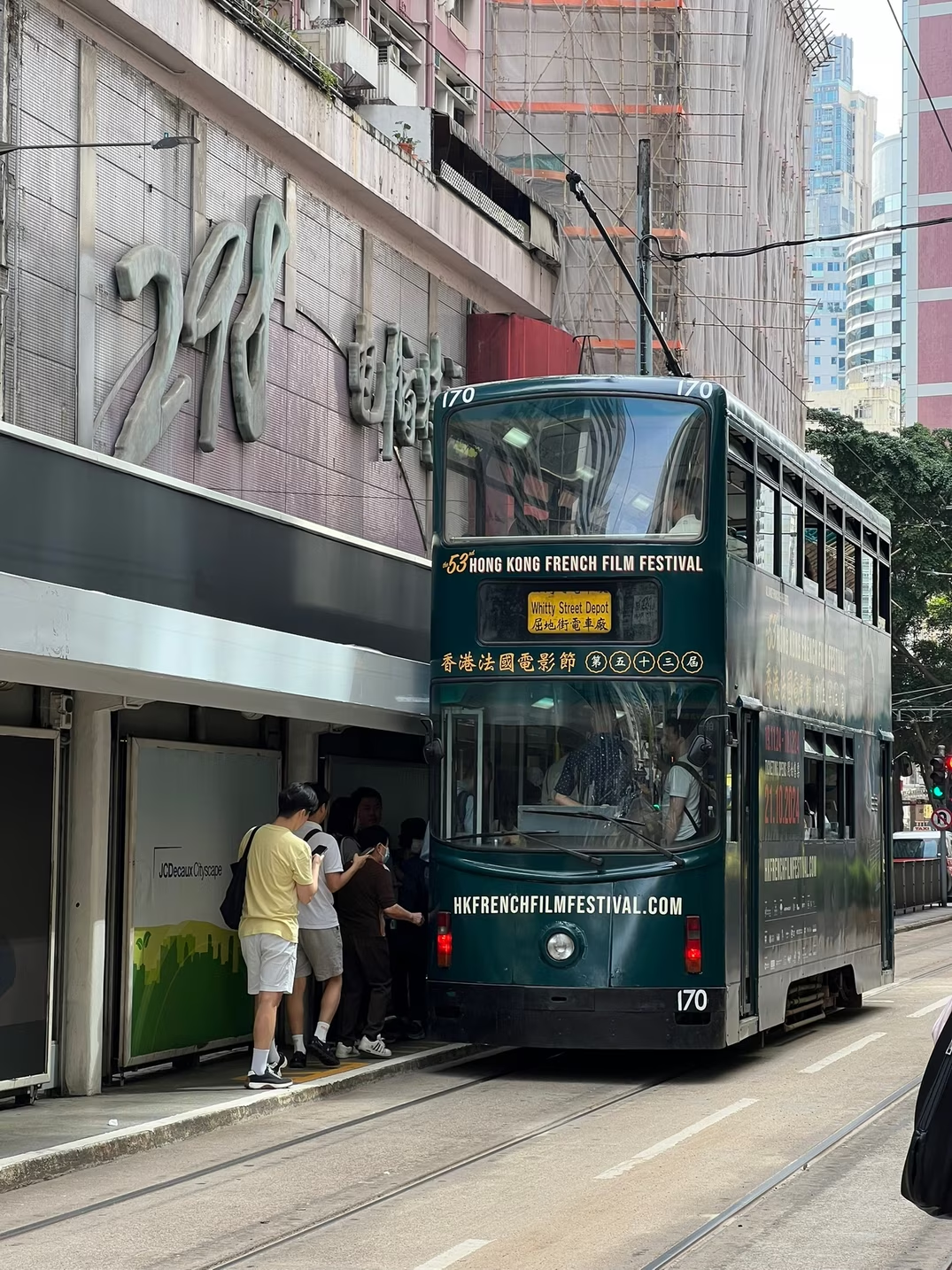
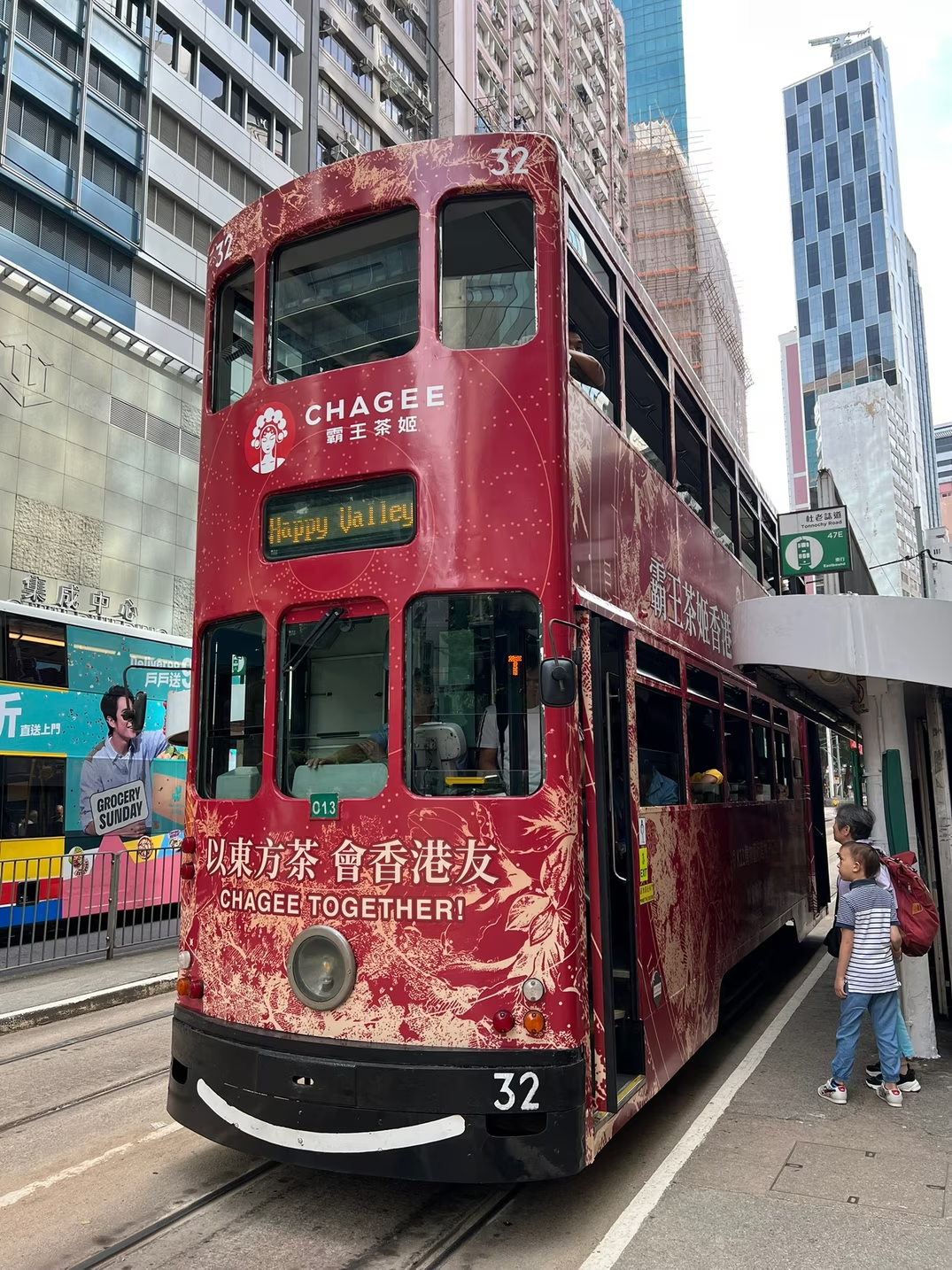
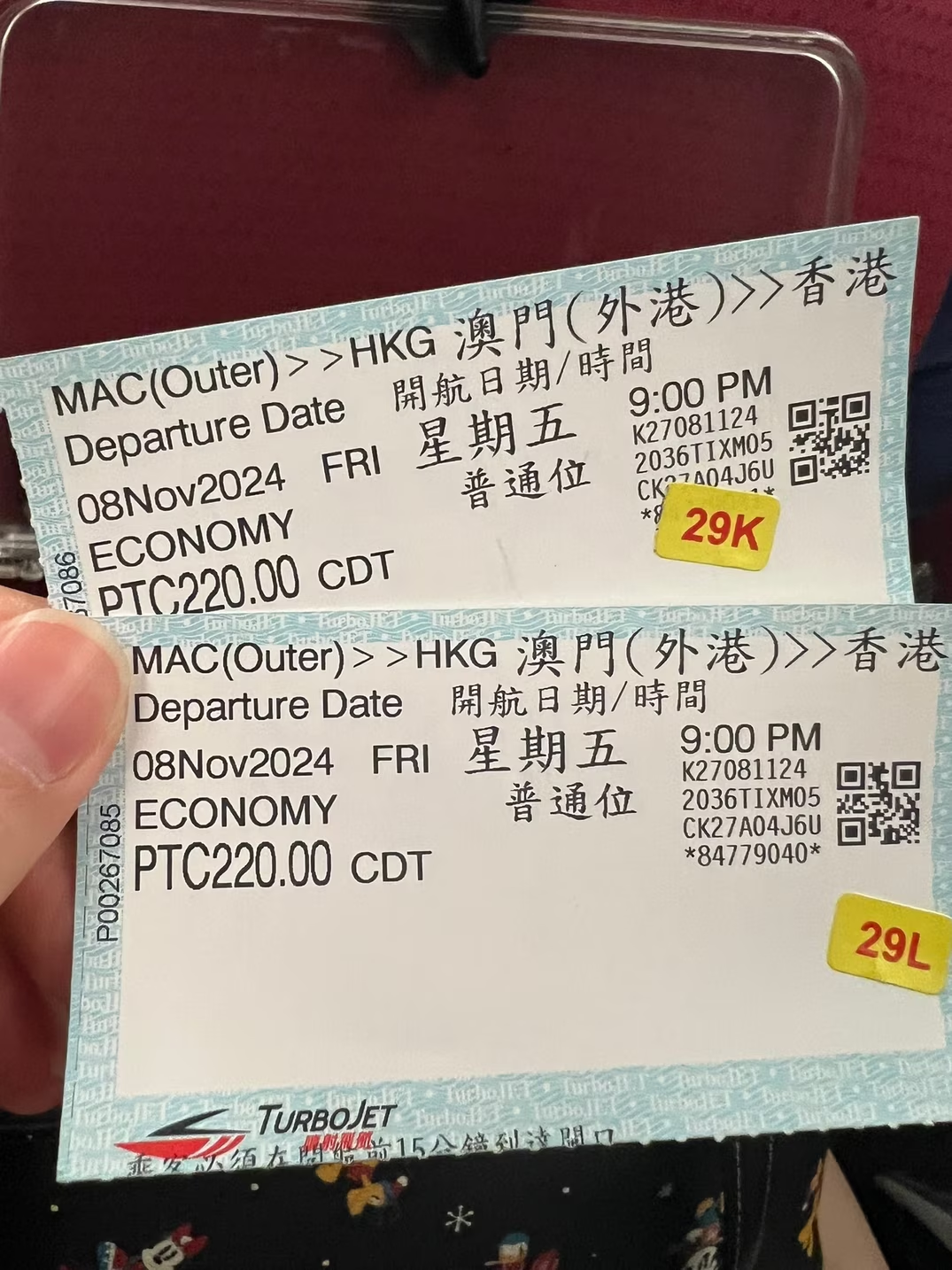
Tang Dynasty Dress (唐装) Photos in Guangzhou
Things were quiet after the family trip, almost like we had stayed too long at a party. I was sad that most of the family had returned home, and I was still getting over whatever bug I had caught in Macau. I even had my first trip to a Chinese hospital (for my own appointment), and it was enlightening to learn how cheap everything was. Without insurance, I paid less than $20 for the consultation and four prescriptions. One of those medications was a rare Chinese medical flower potion. It wasn't actually rare, but it tasted insanely bitter:

I'd be remiss if I didn't share pictures of my wife's Tang Dynasty photo shoot that we had done in Guangzhou just before returning to Sydney. We ate at another Guangzhou Jiu Jia with a huge Koi pond and garden in a courtyard. There was also a Starbucks there, interestingly enough. We rode a paddle boat in the park with her parents, then walked to a nearby photography studio where she got makeup, picked out a traditional dress, and took pictures around the park. The lighter pictures were taken from my phone, and the warmer shots were taken by the photographer (I think I did a good job 😂):
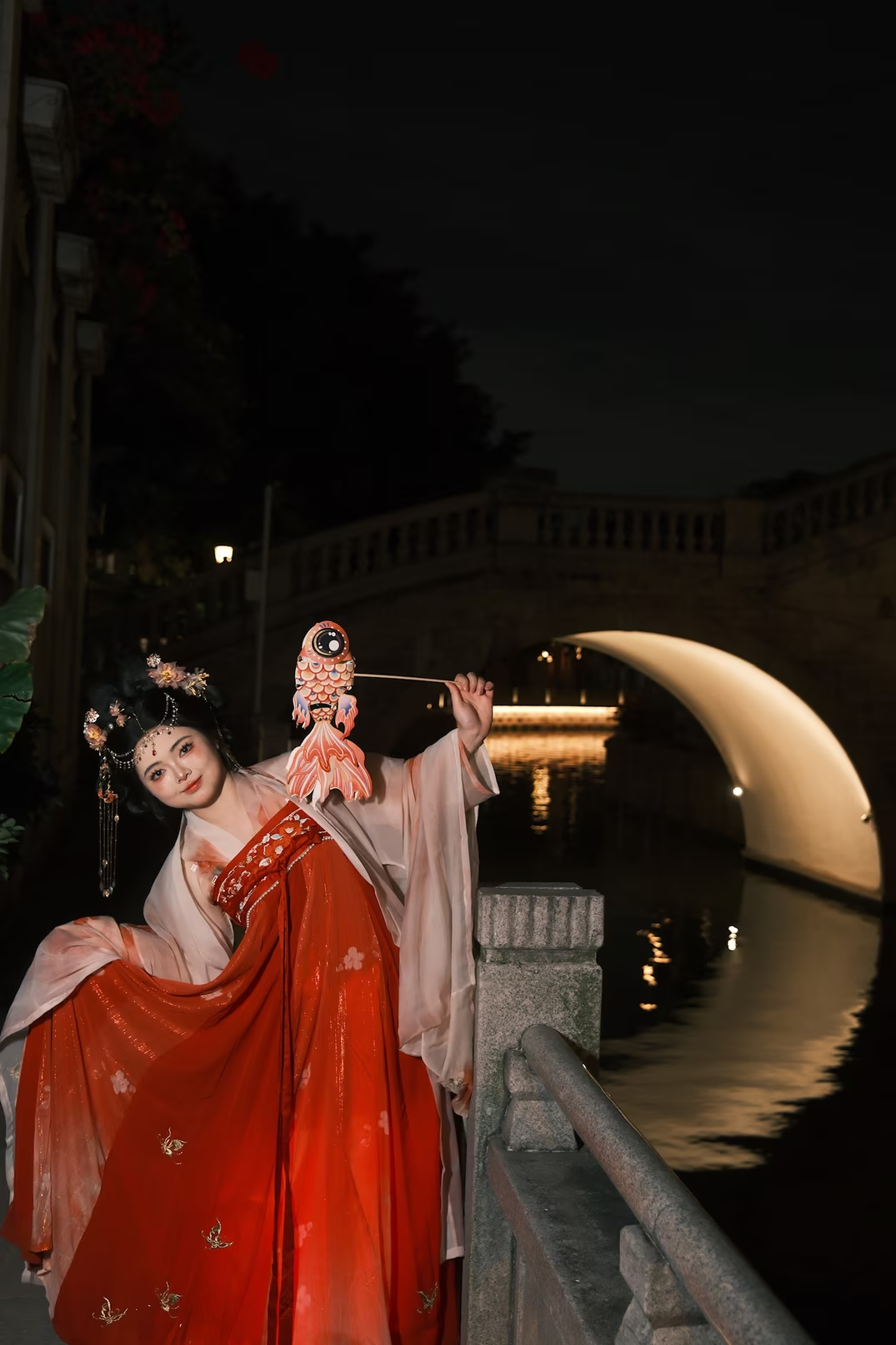
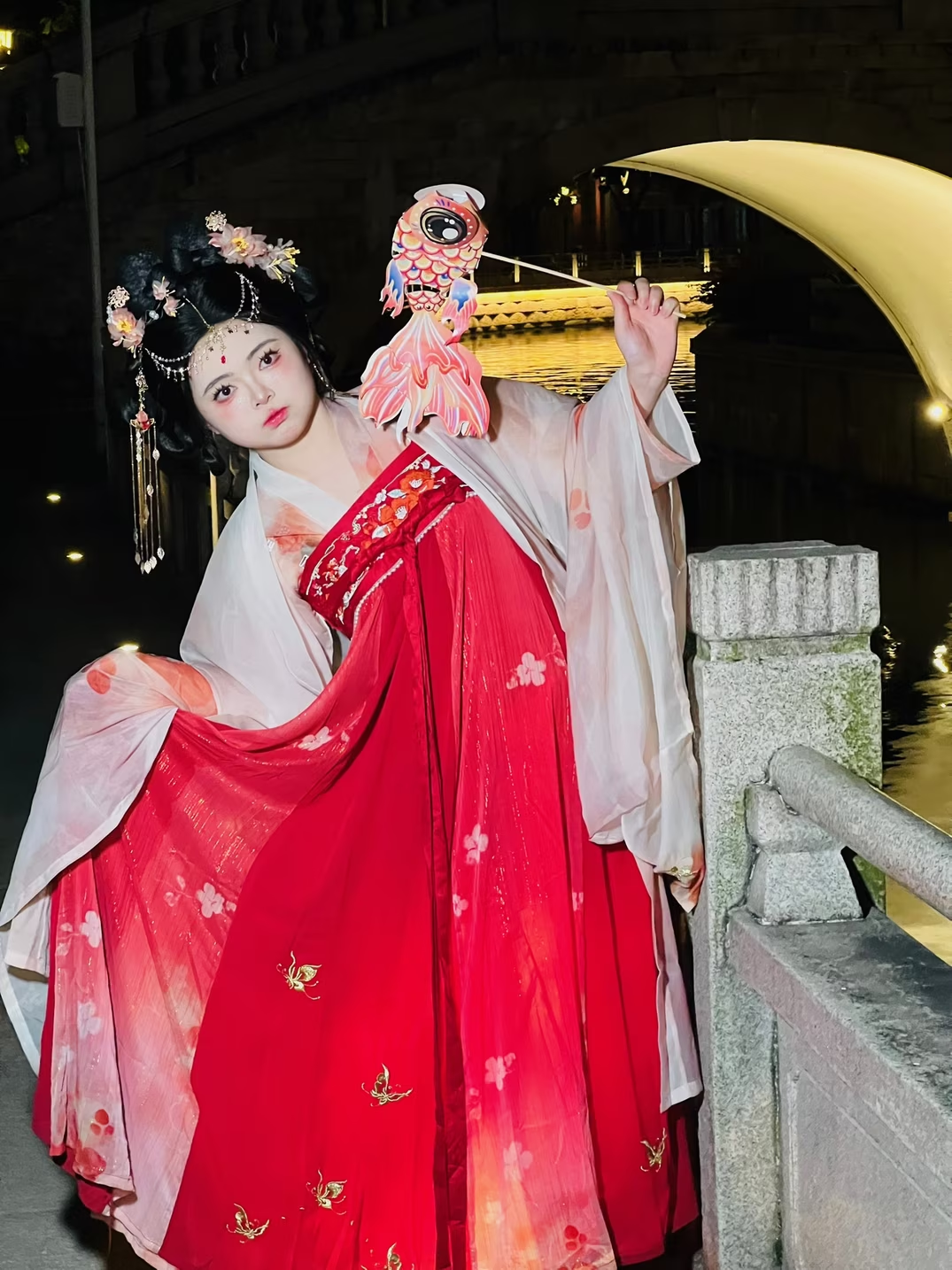
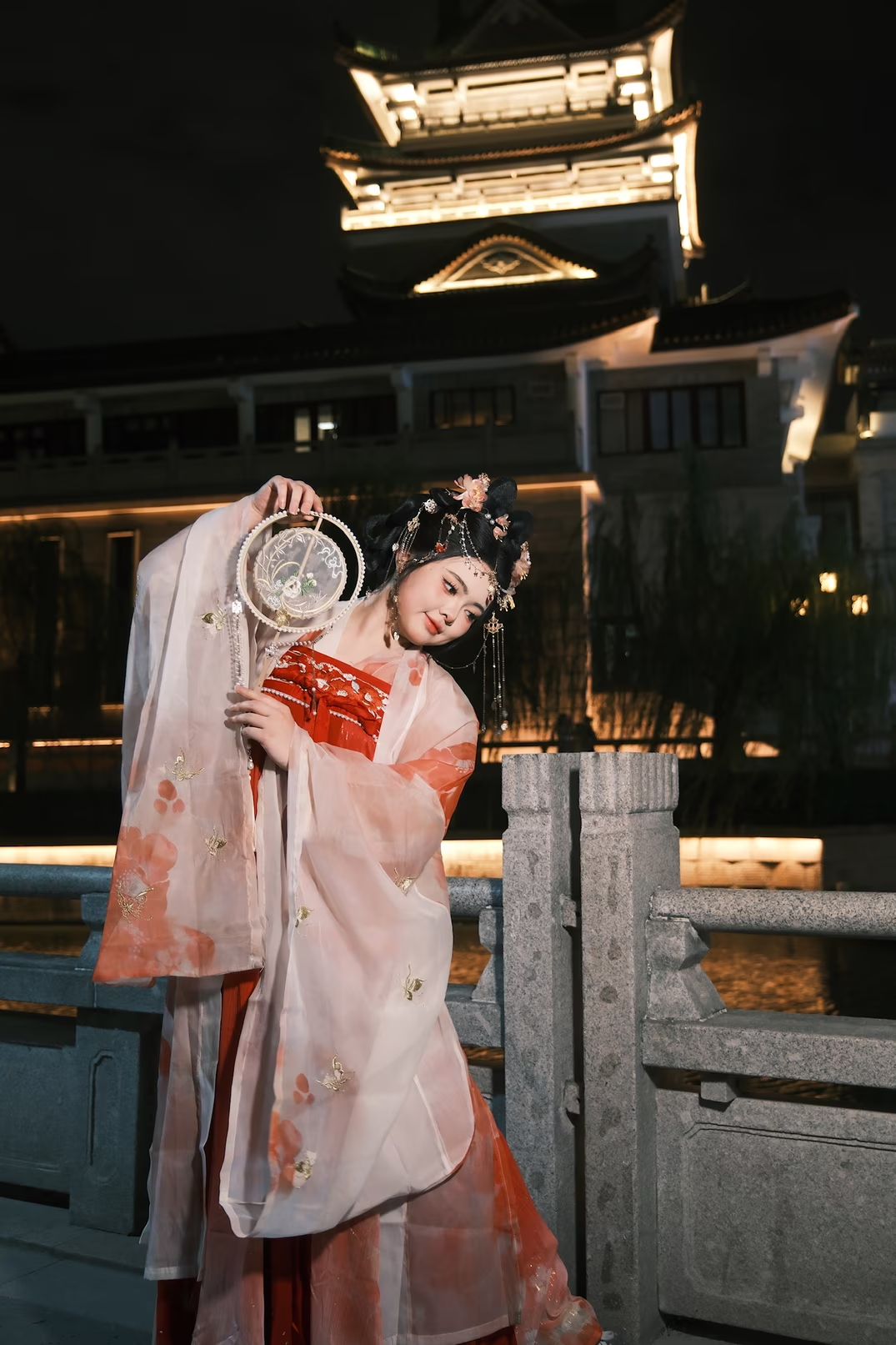
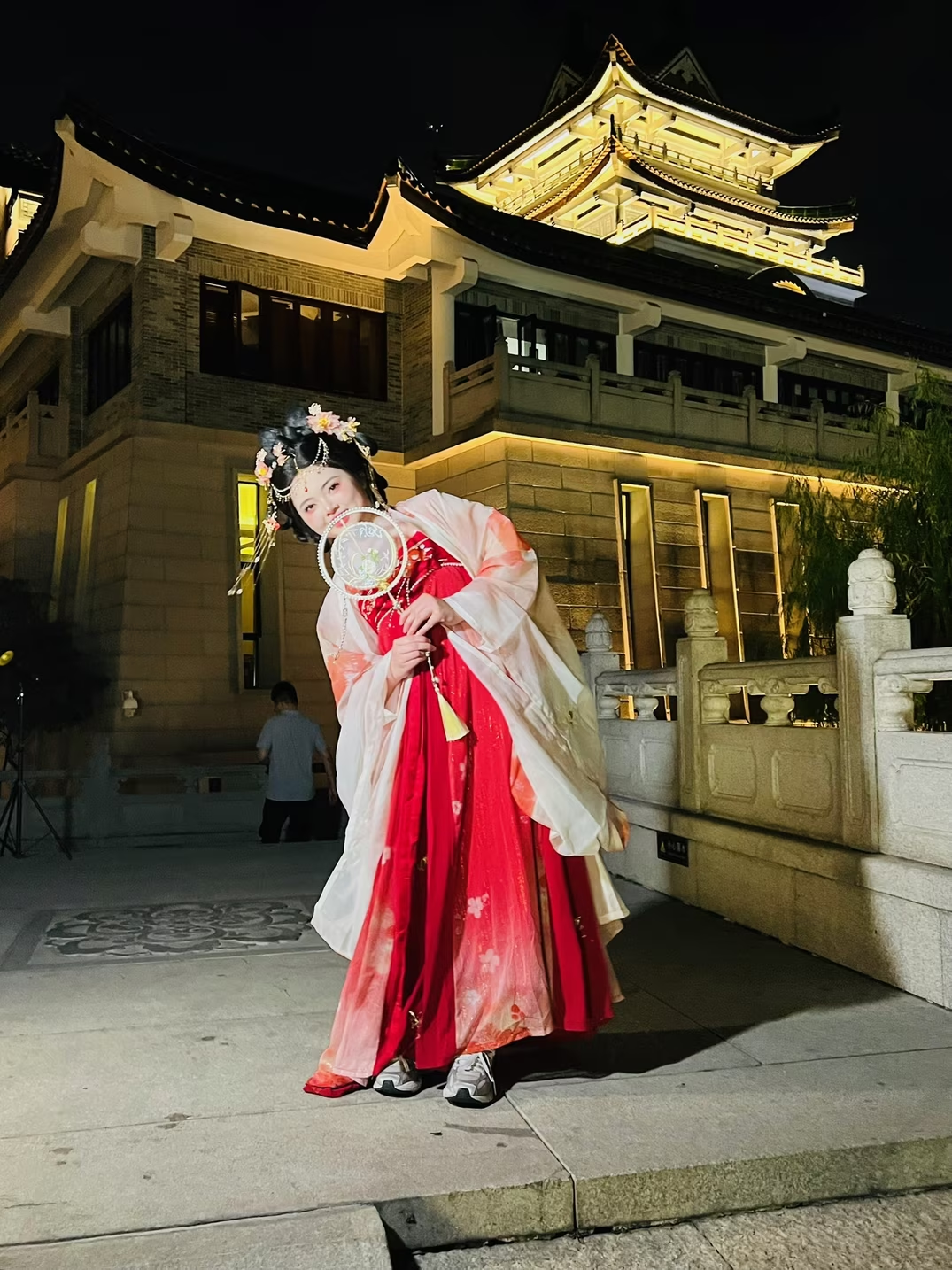
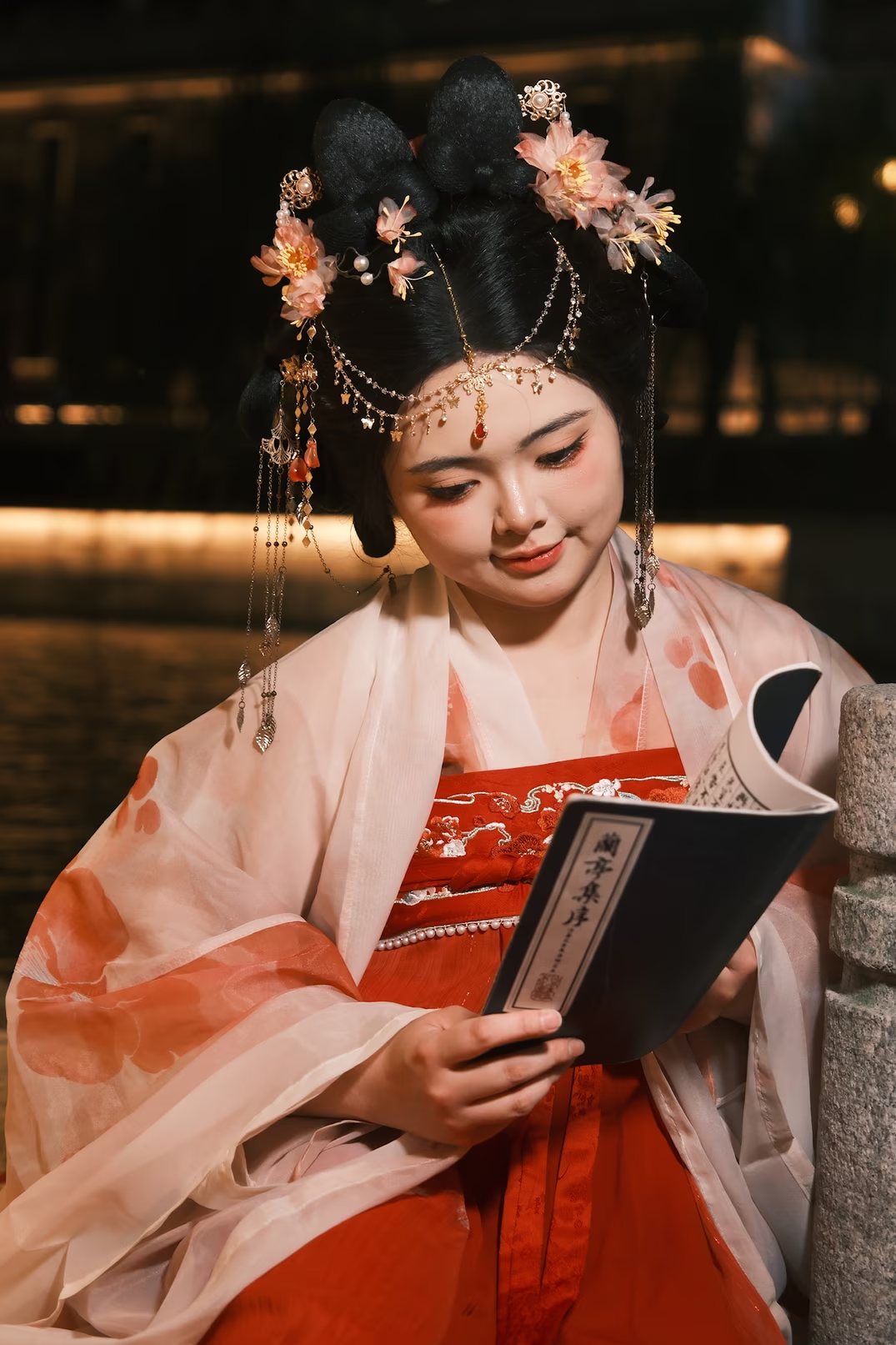
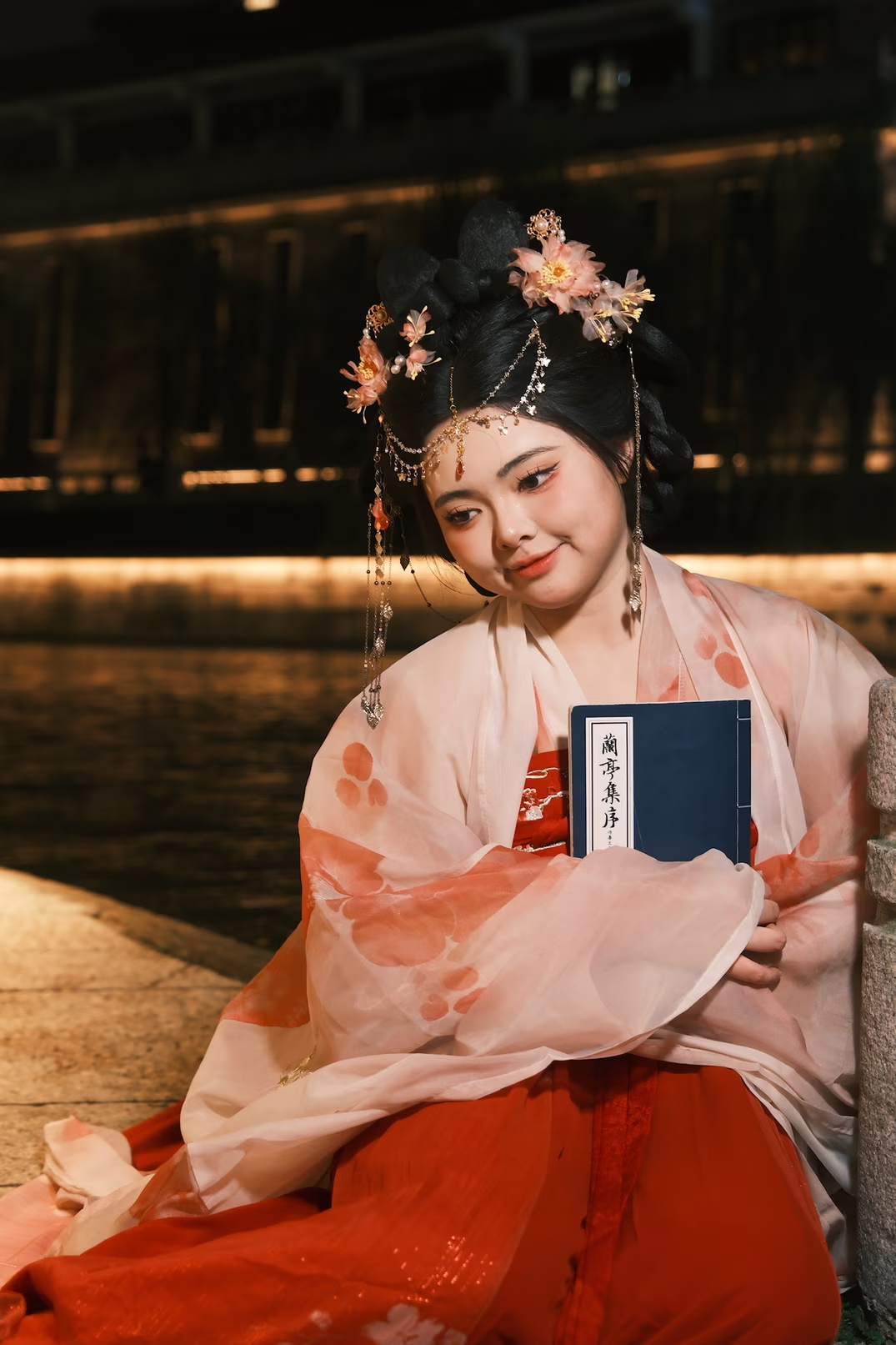
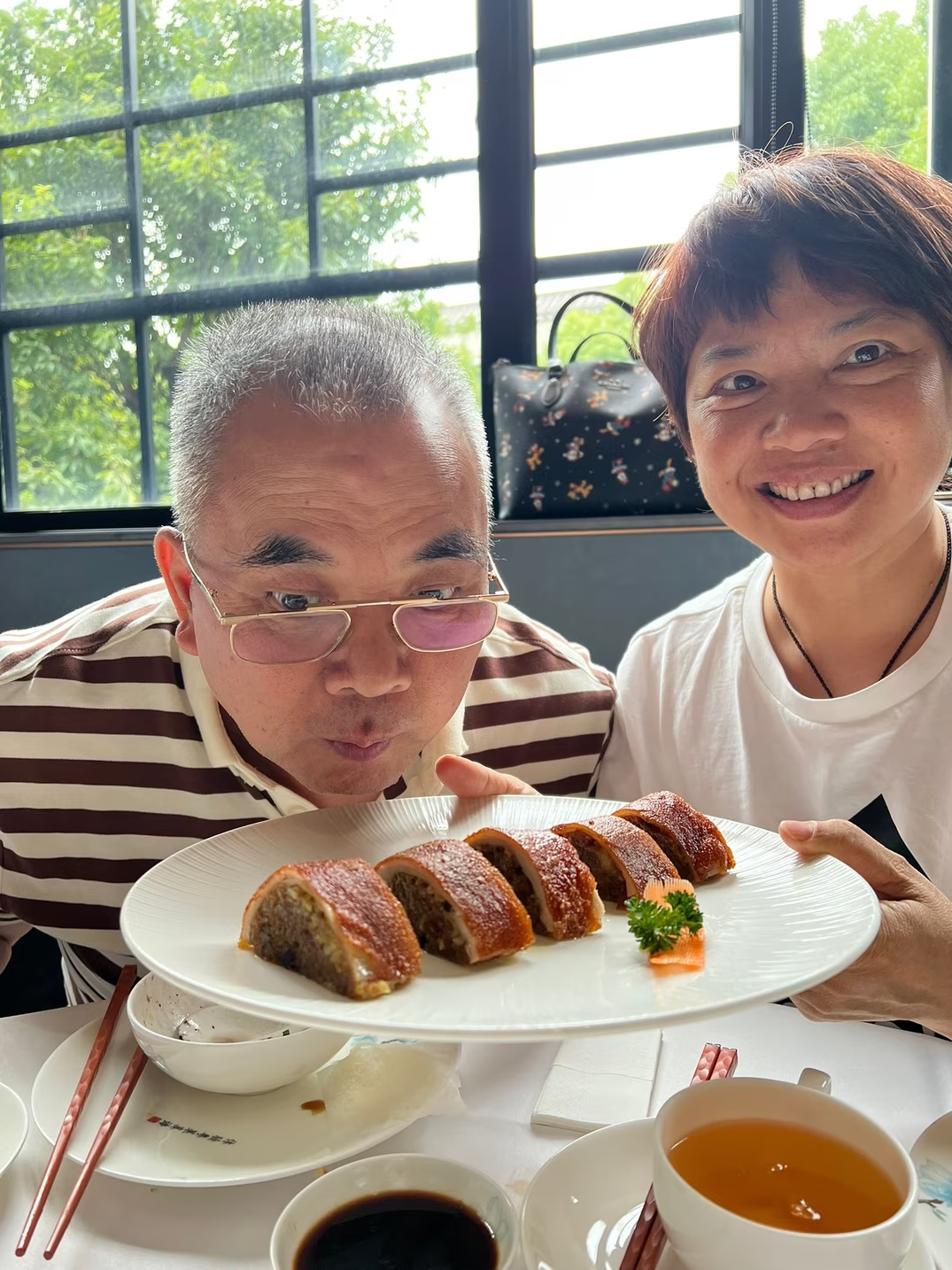
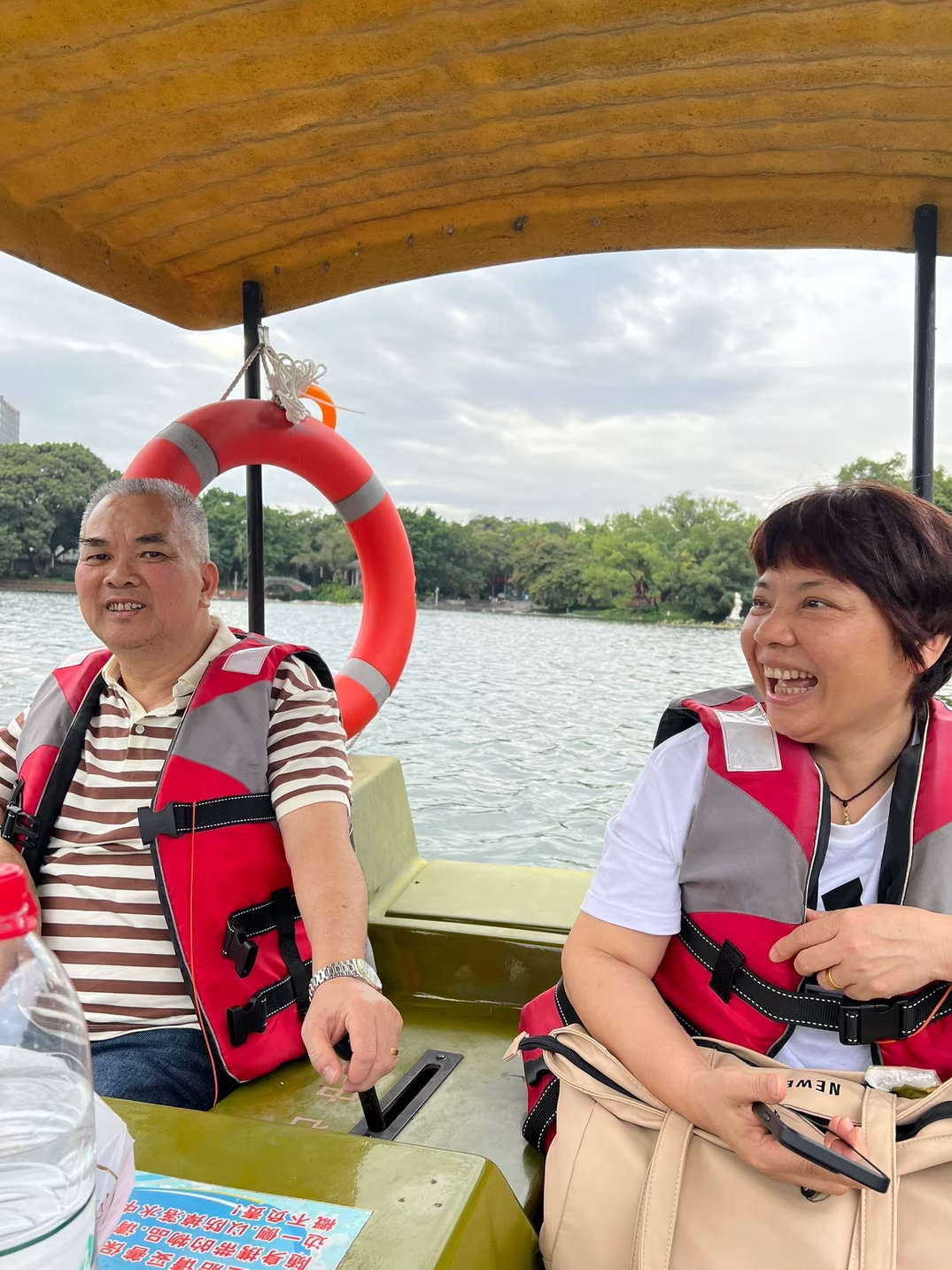
Wrapping up
I always title the last section wrapping up because I can't think of anything else 😅. This time, our trip was a lot more positive than last year, given the circumstances. I learned a lot, met way more family, and got to spend time with many people. I even got to play tennis again after being challenged by Jiayi's little cousin. He destroyed me because he is highly ranked in Guangdong province, and I haven't played in 5 years, but hey! It was still fun, and I didn't pull a muscle.
The traditional wedding was a beautiful experience. Jiayi and I aren't sure if we'll ever have one, but it would be amazing to do one day, if for nothing more than to bring family back together and make memories. I think it would be interesting to see my family learn and take part in the traditions, too. Perhaps I'll get to write about that one day!